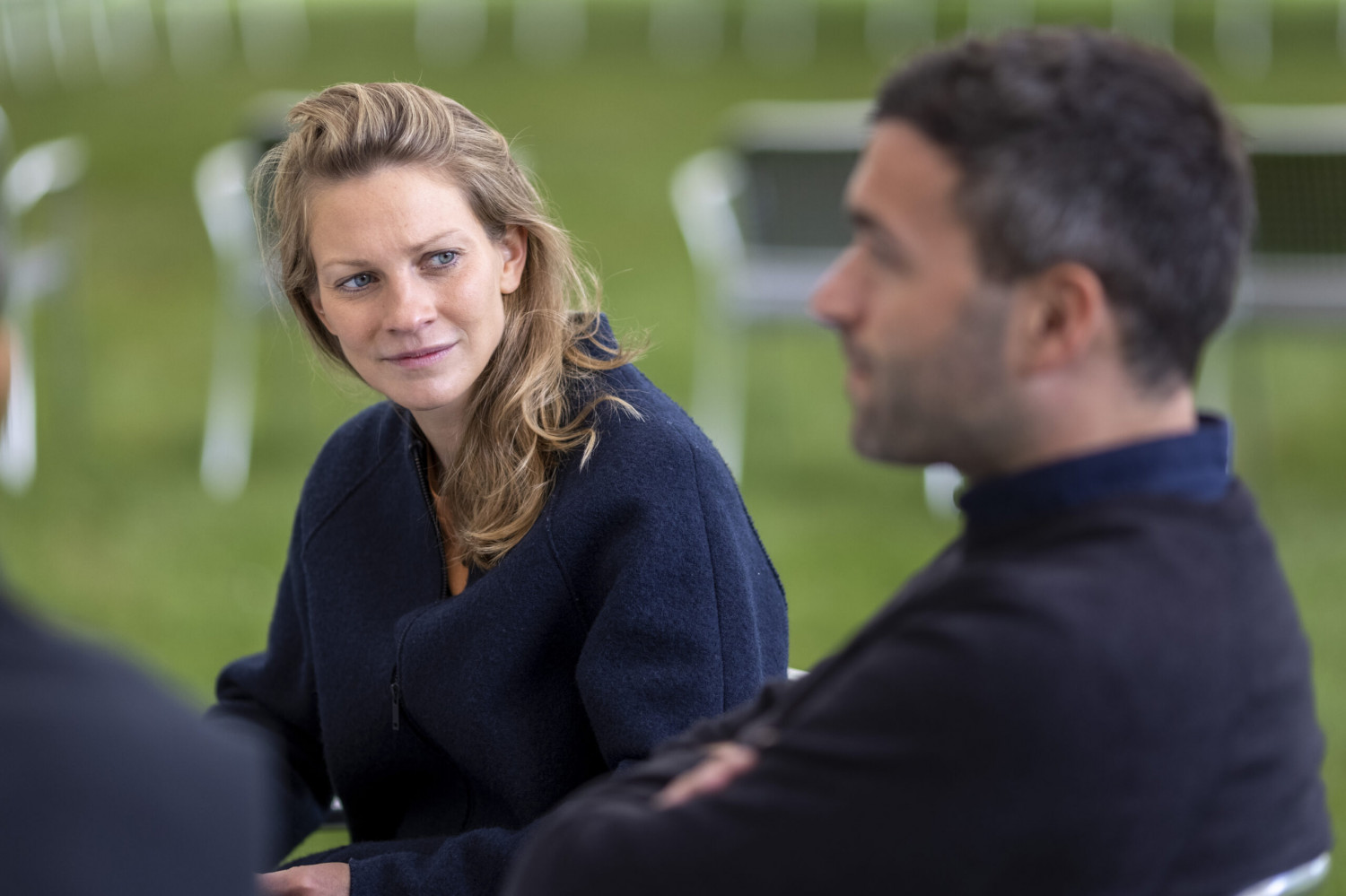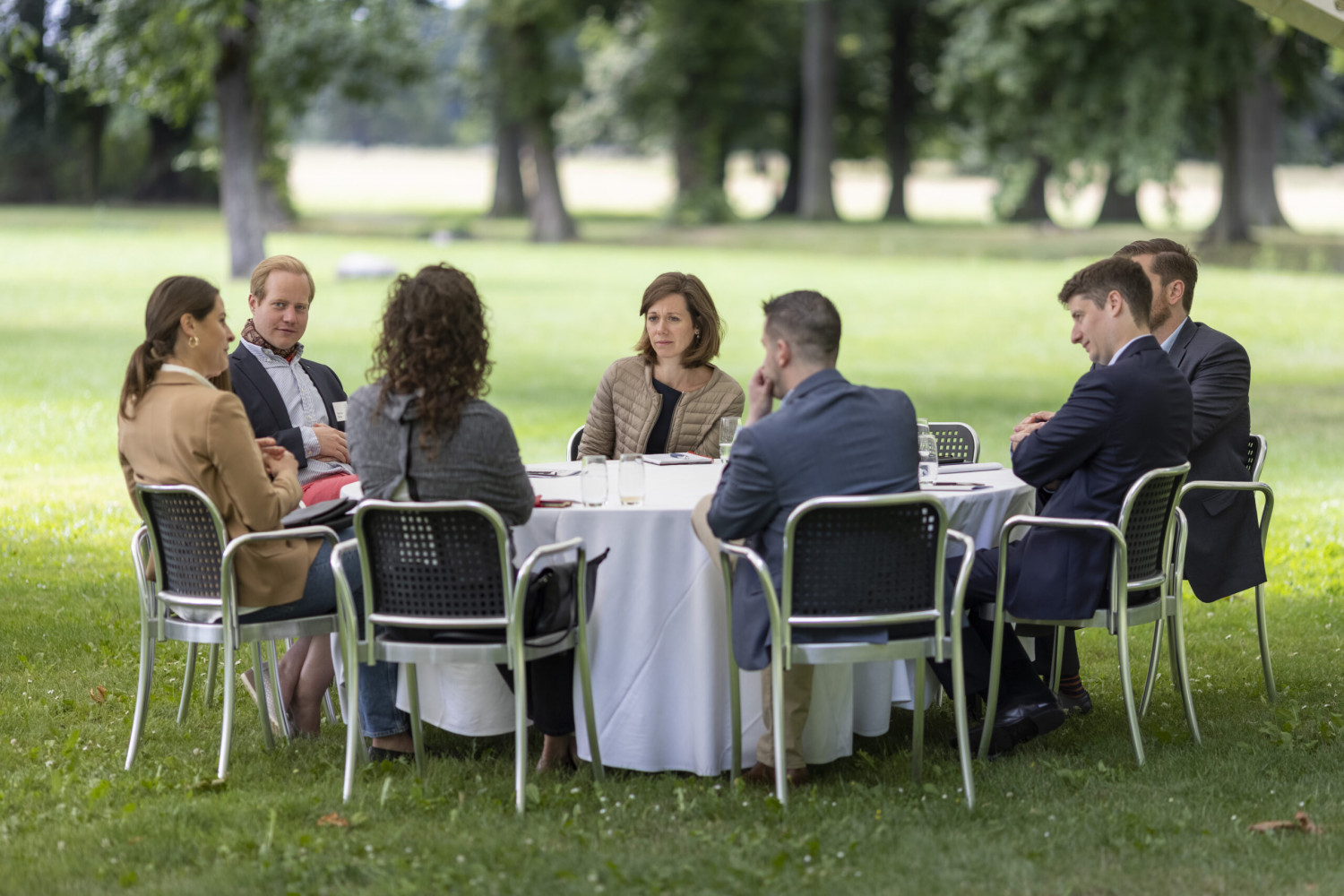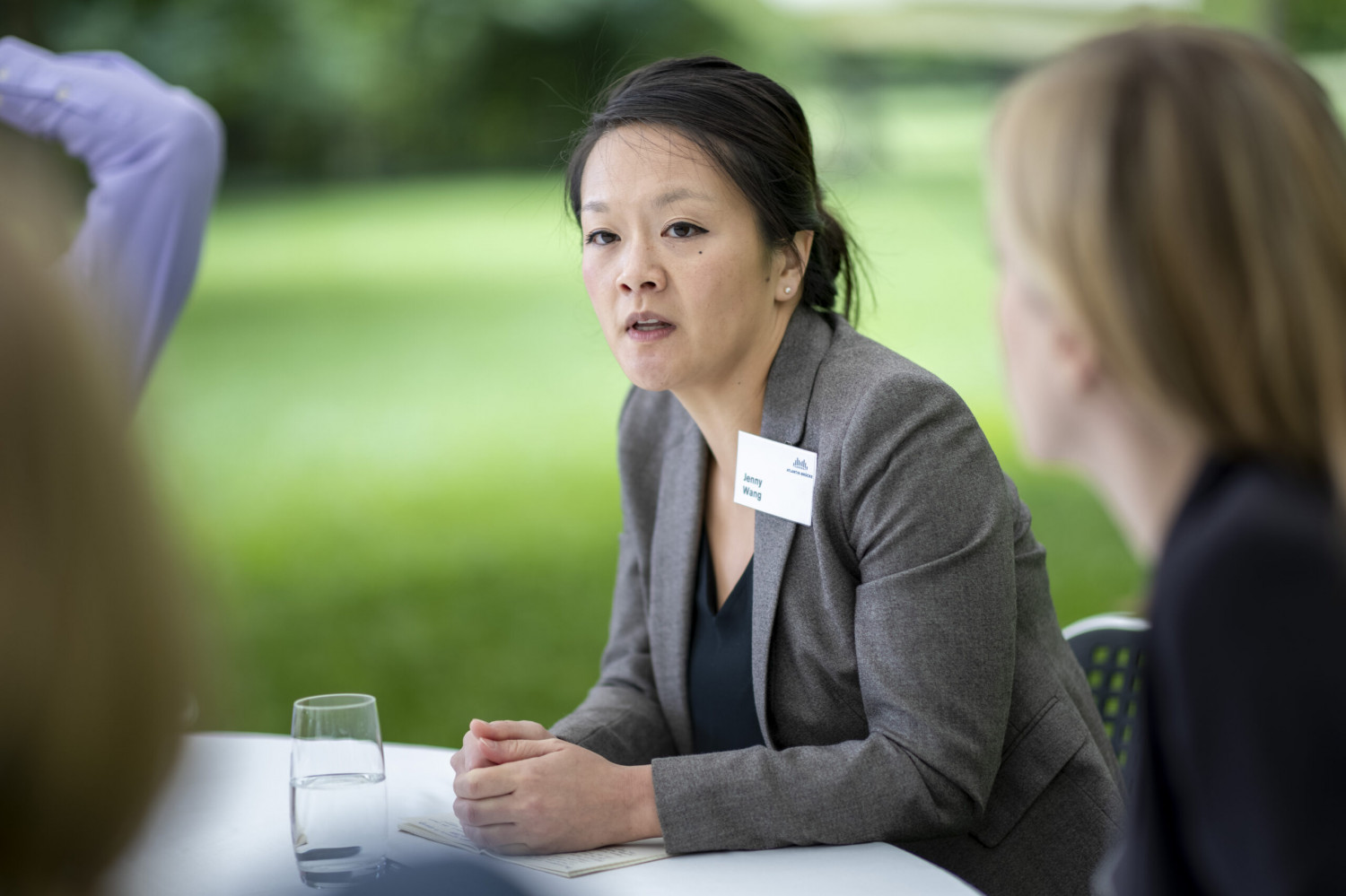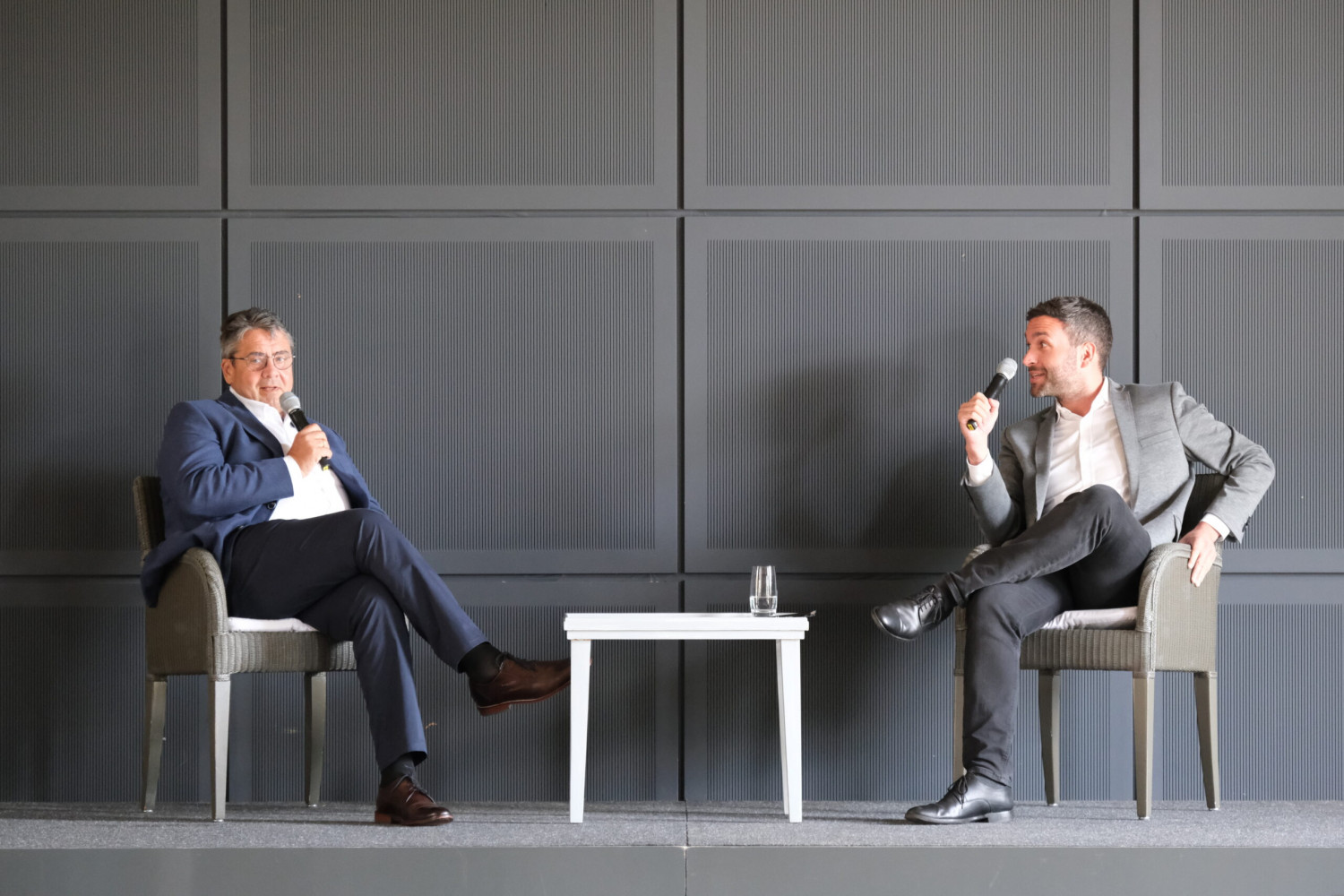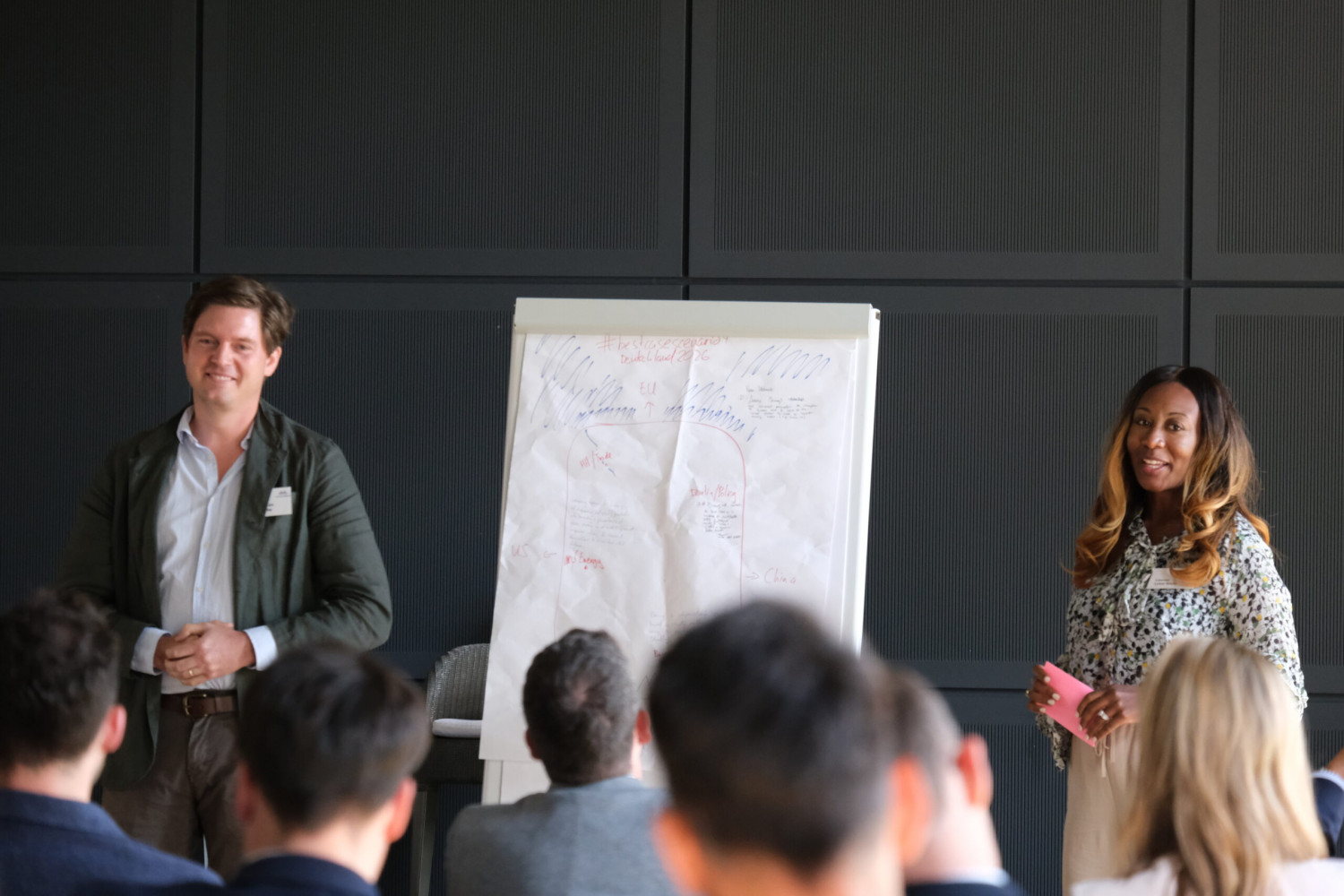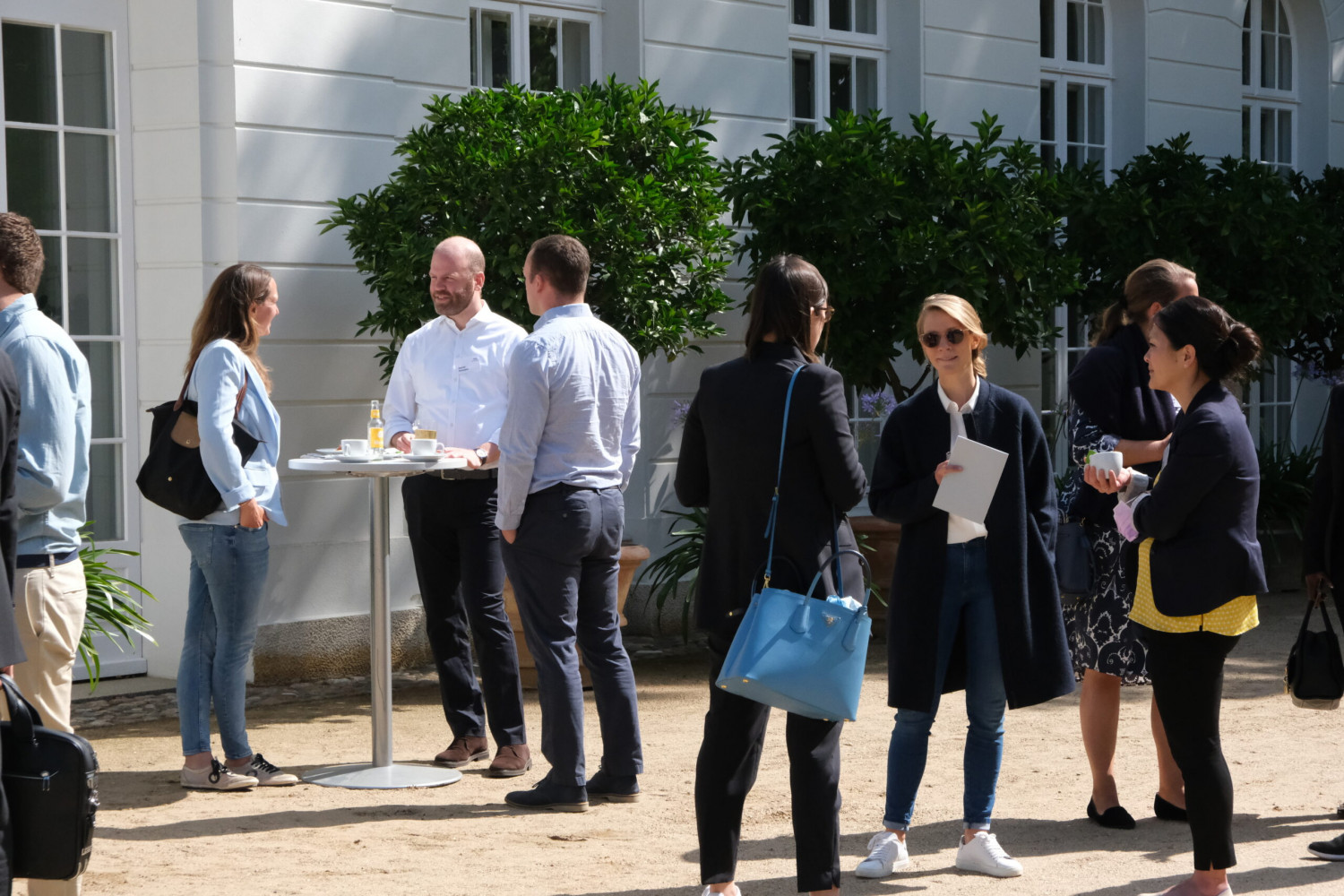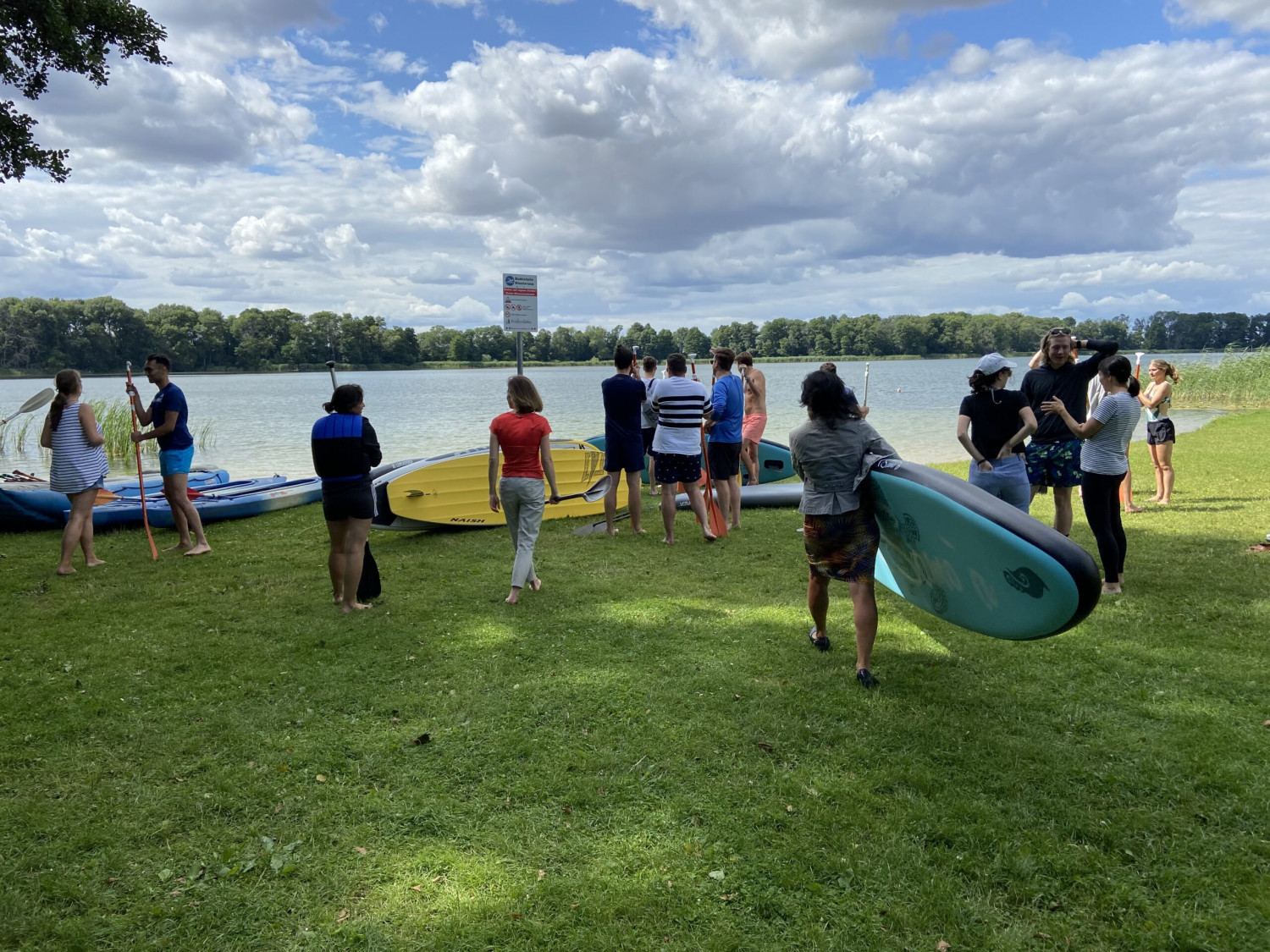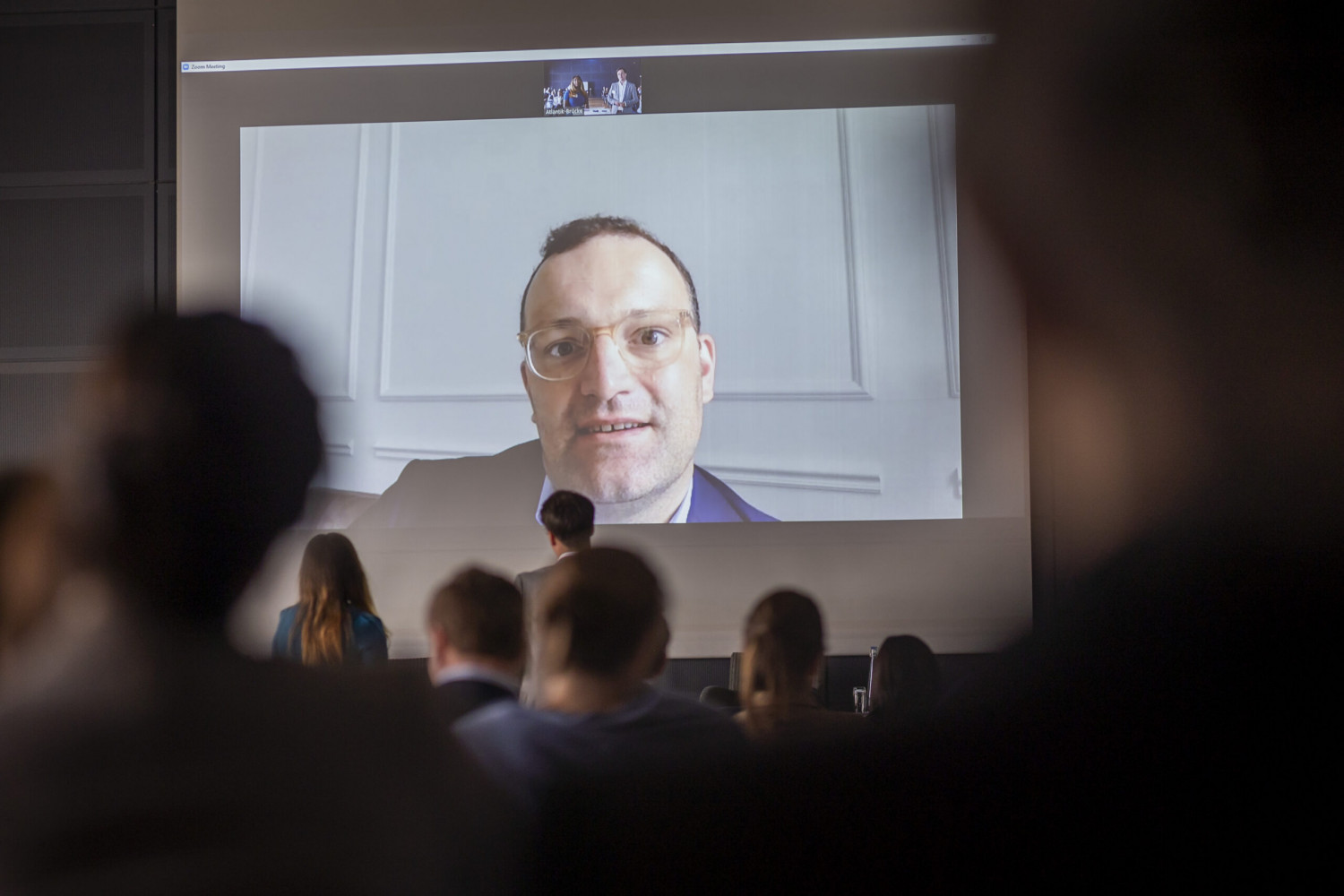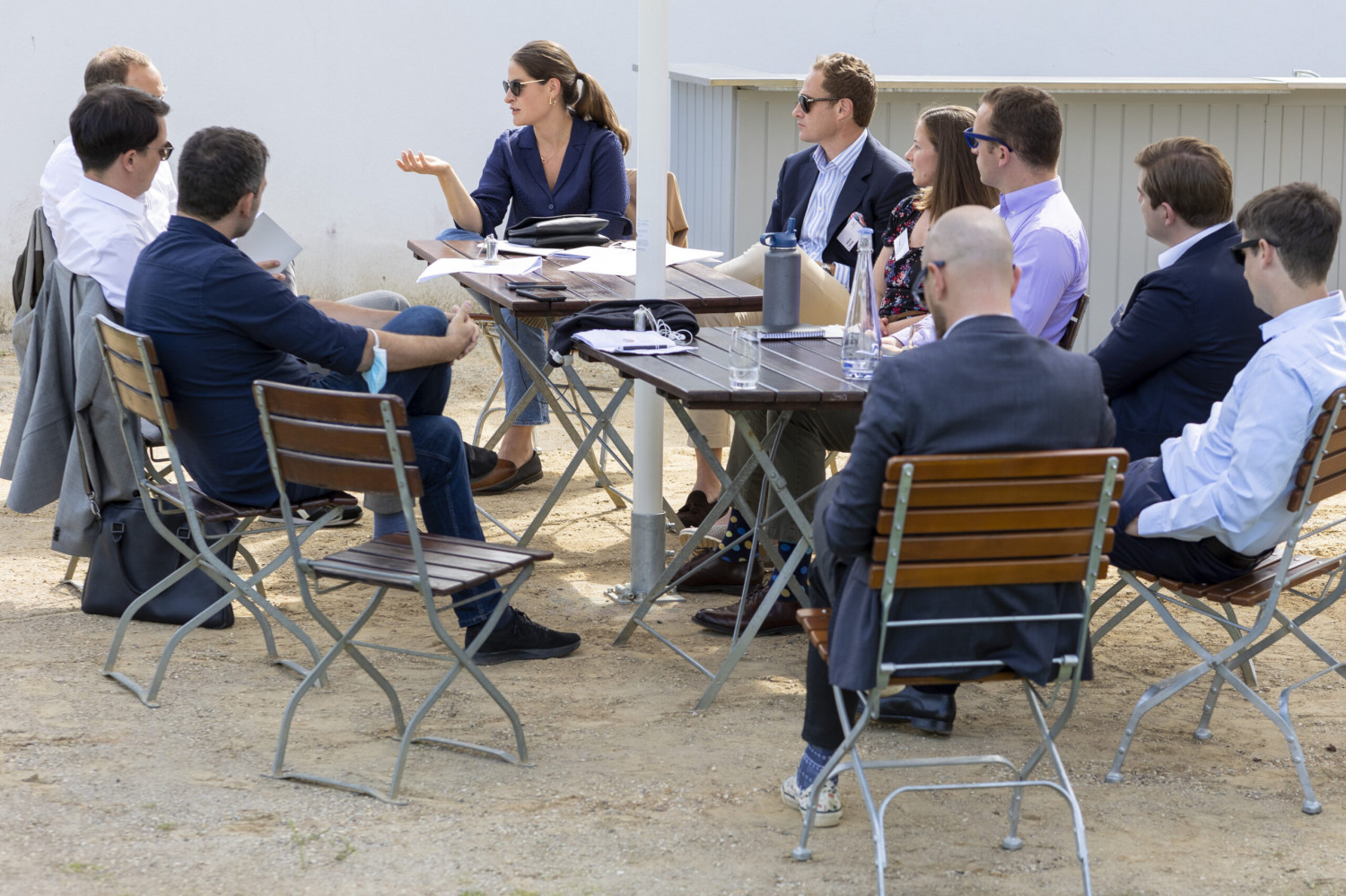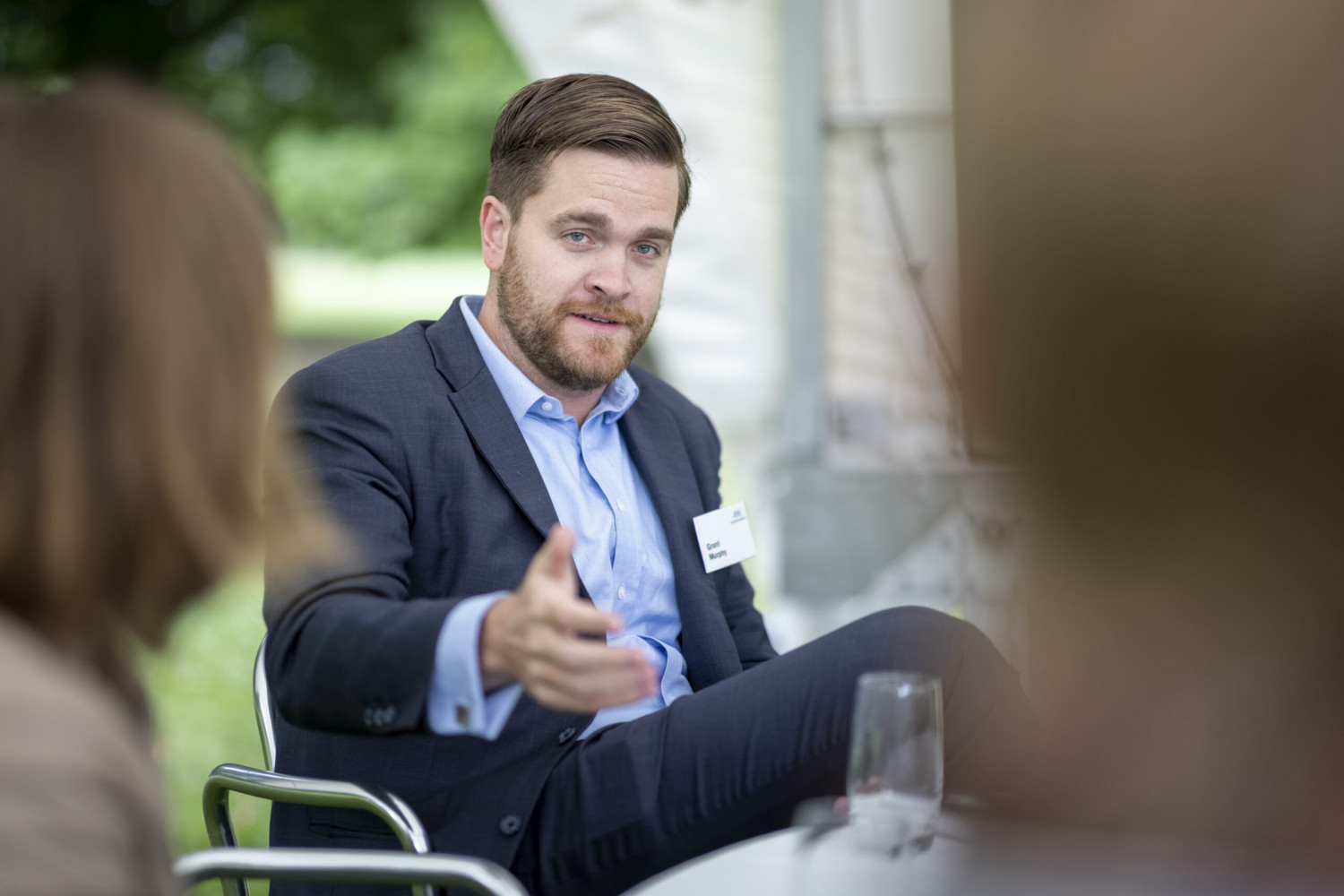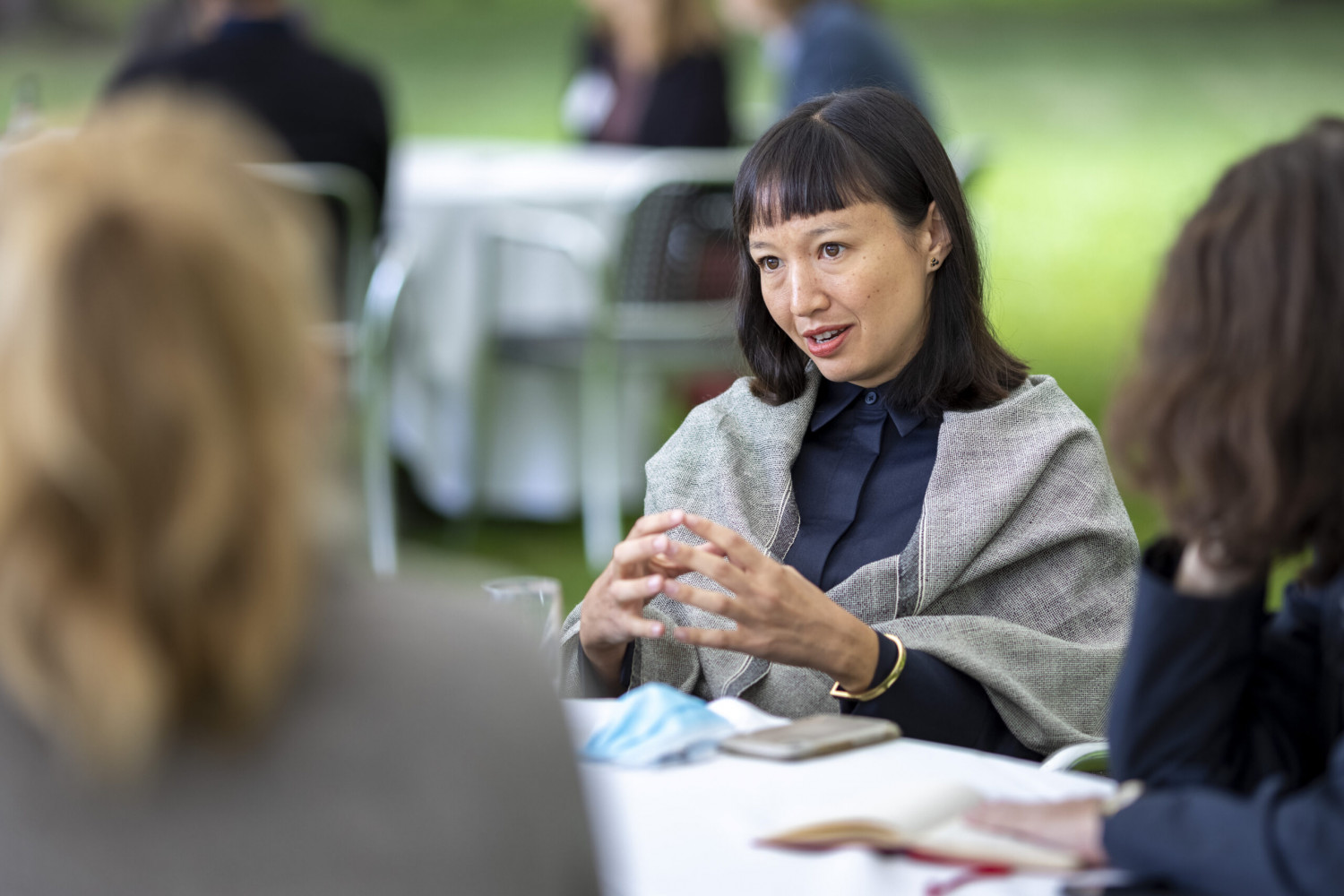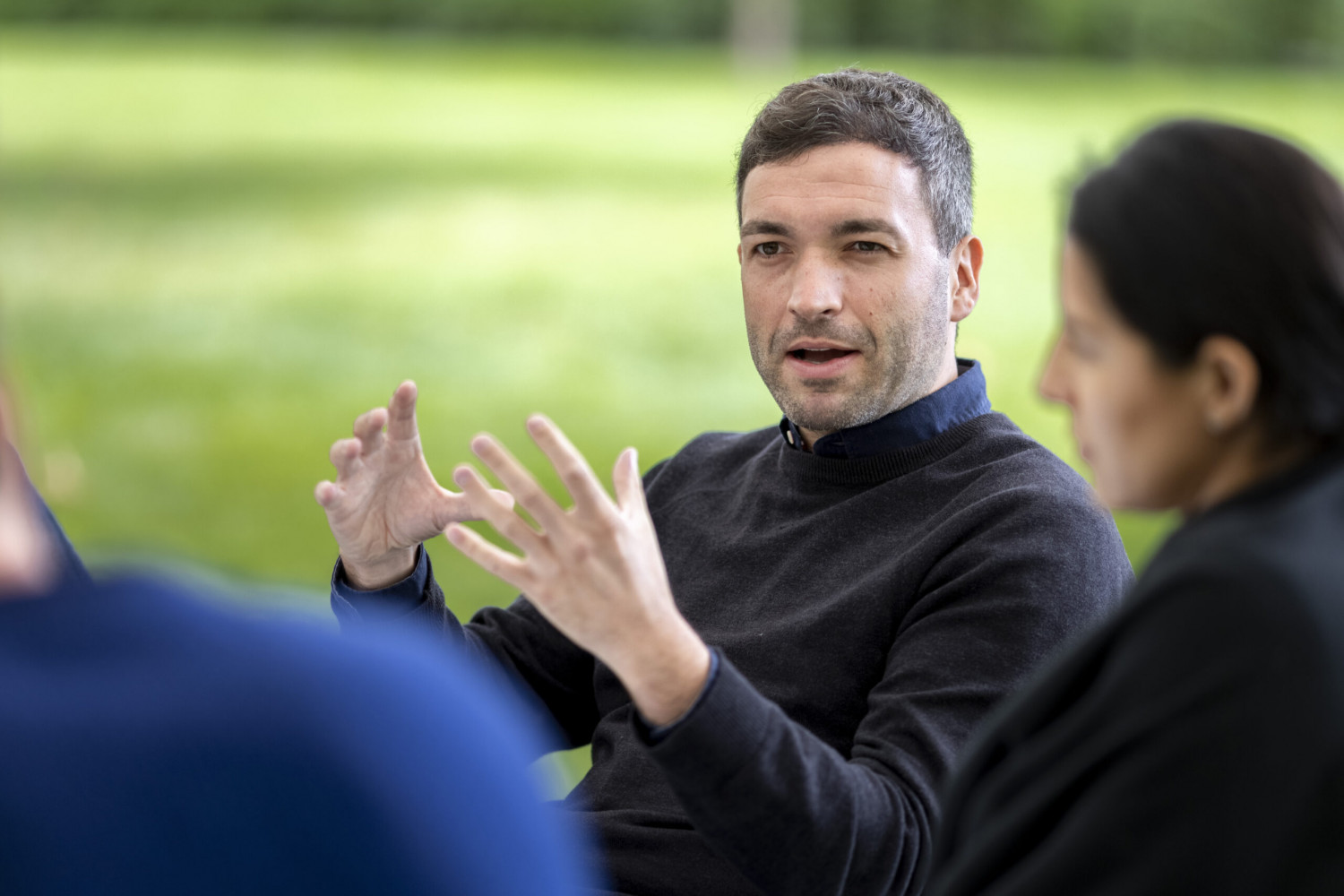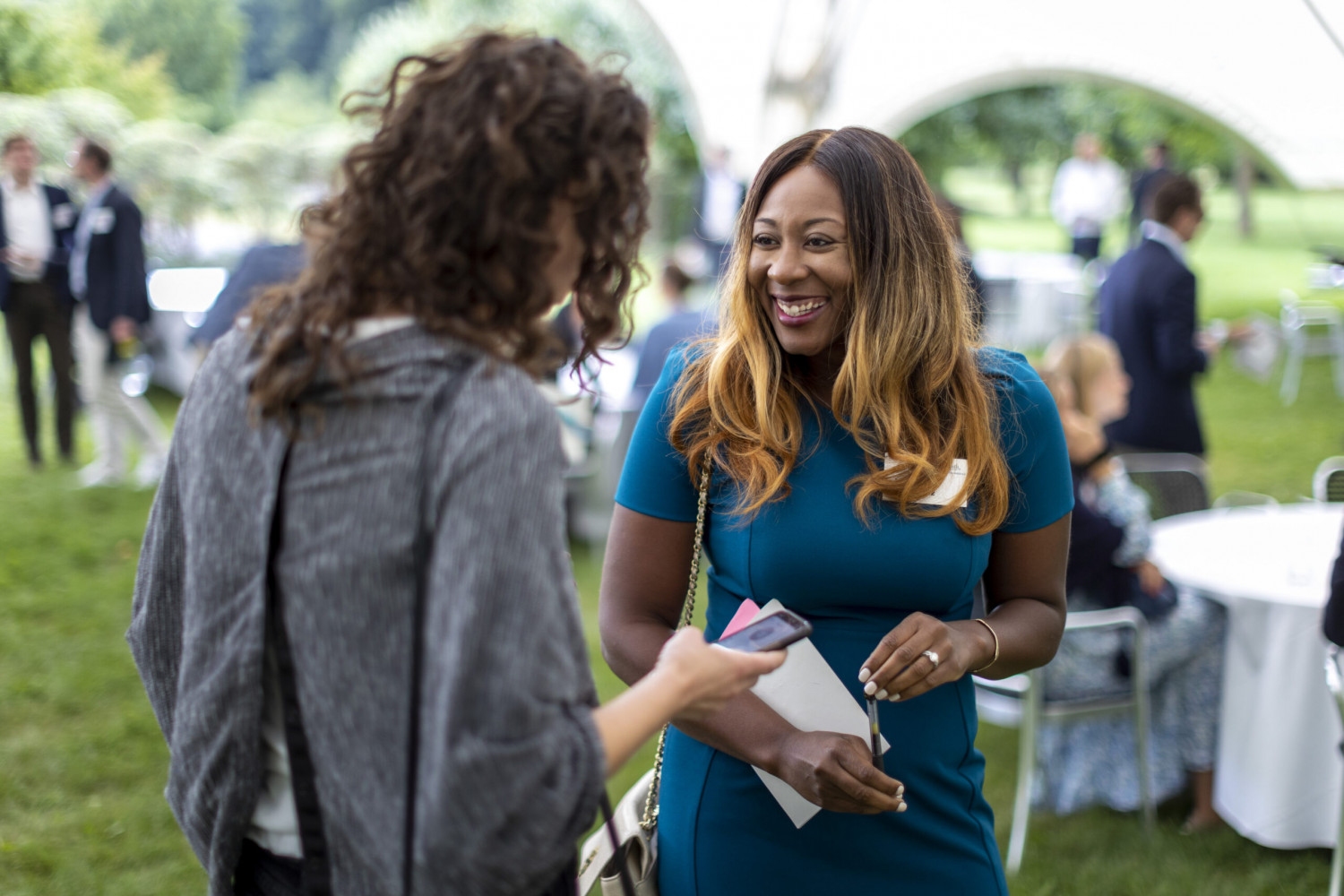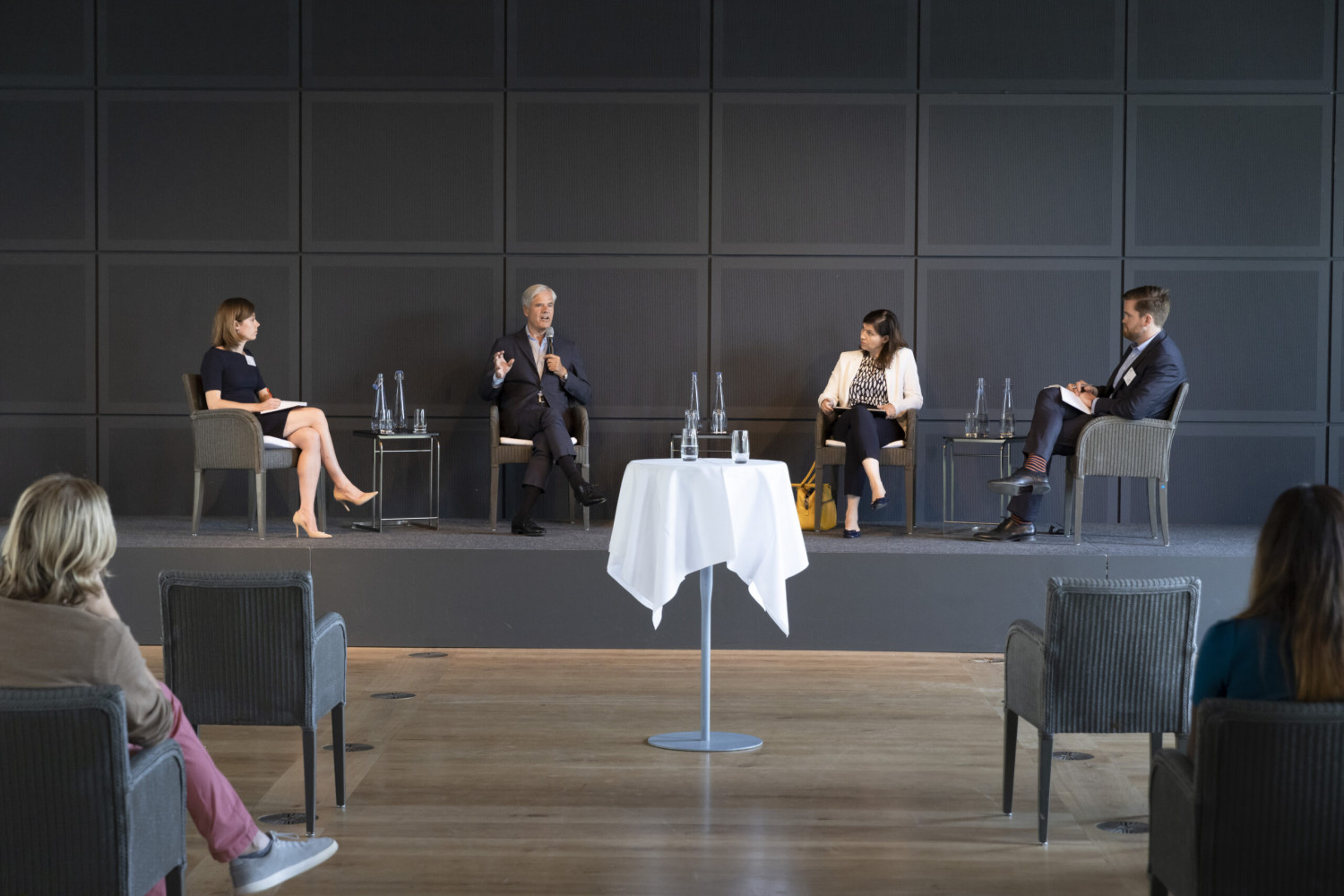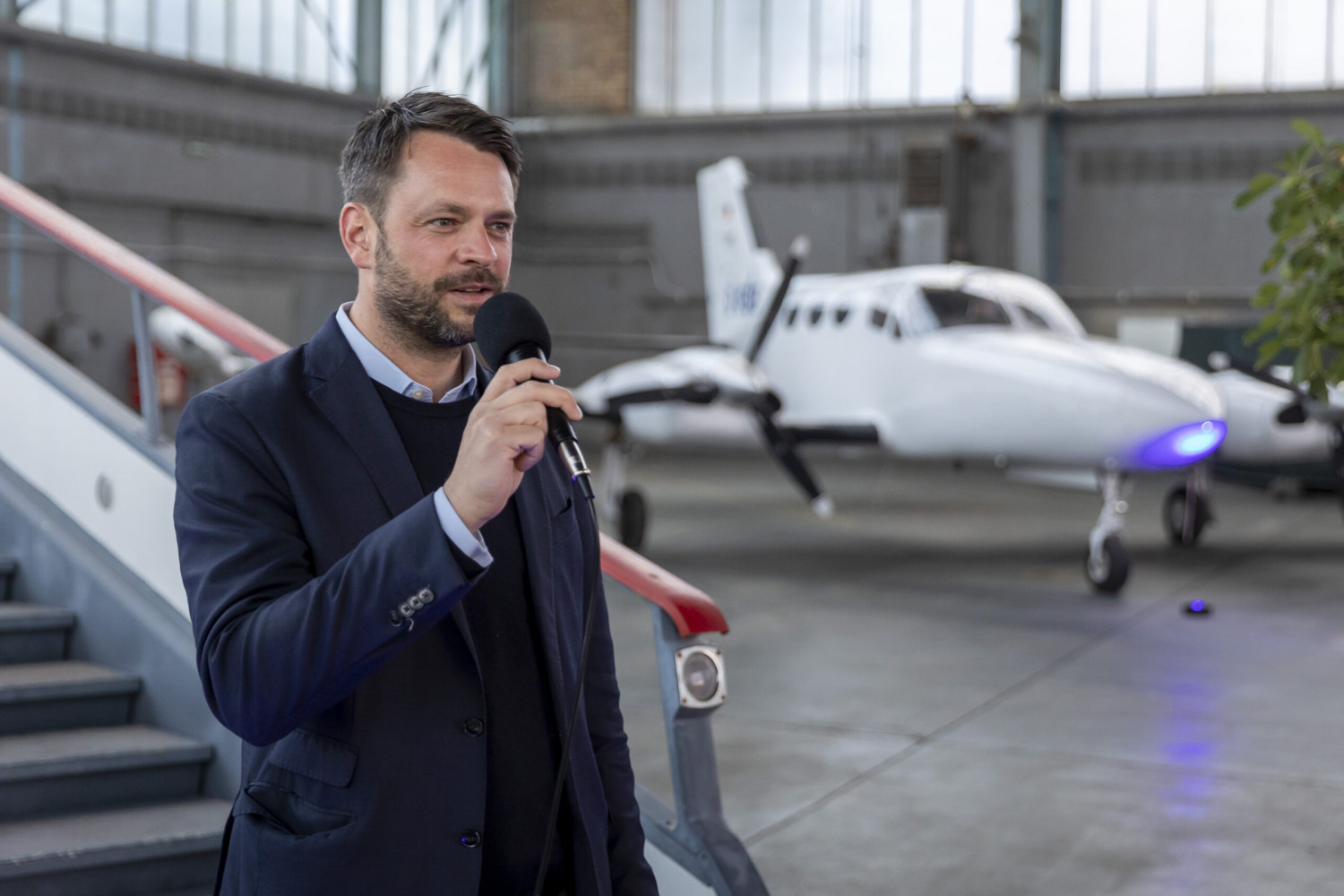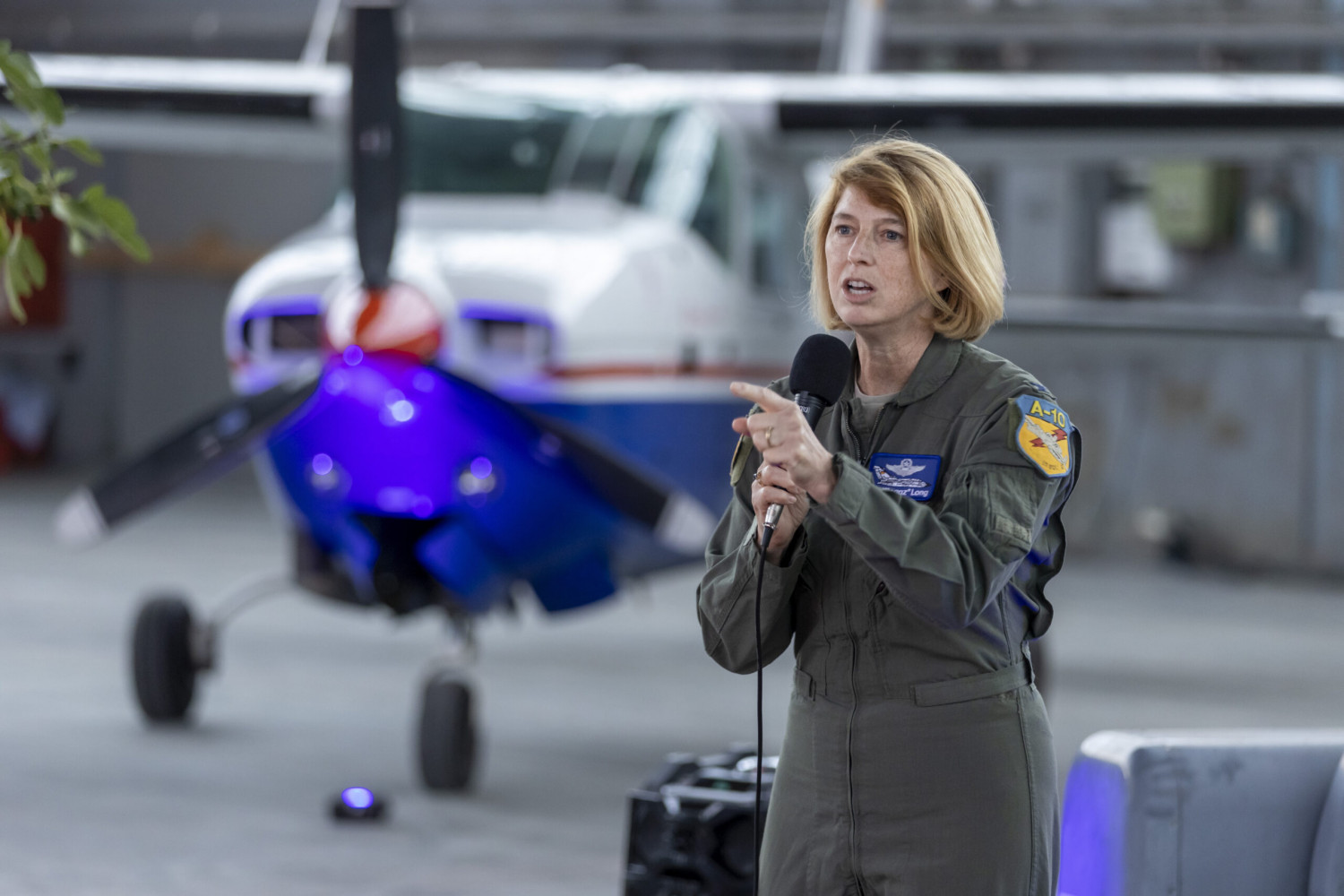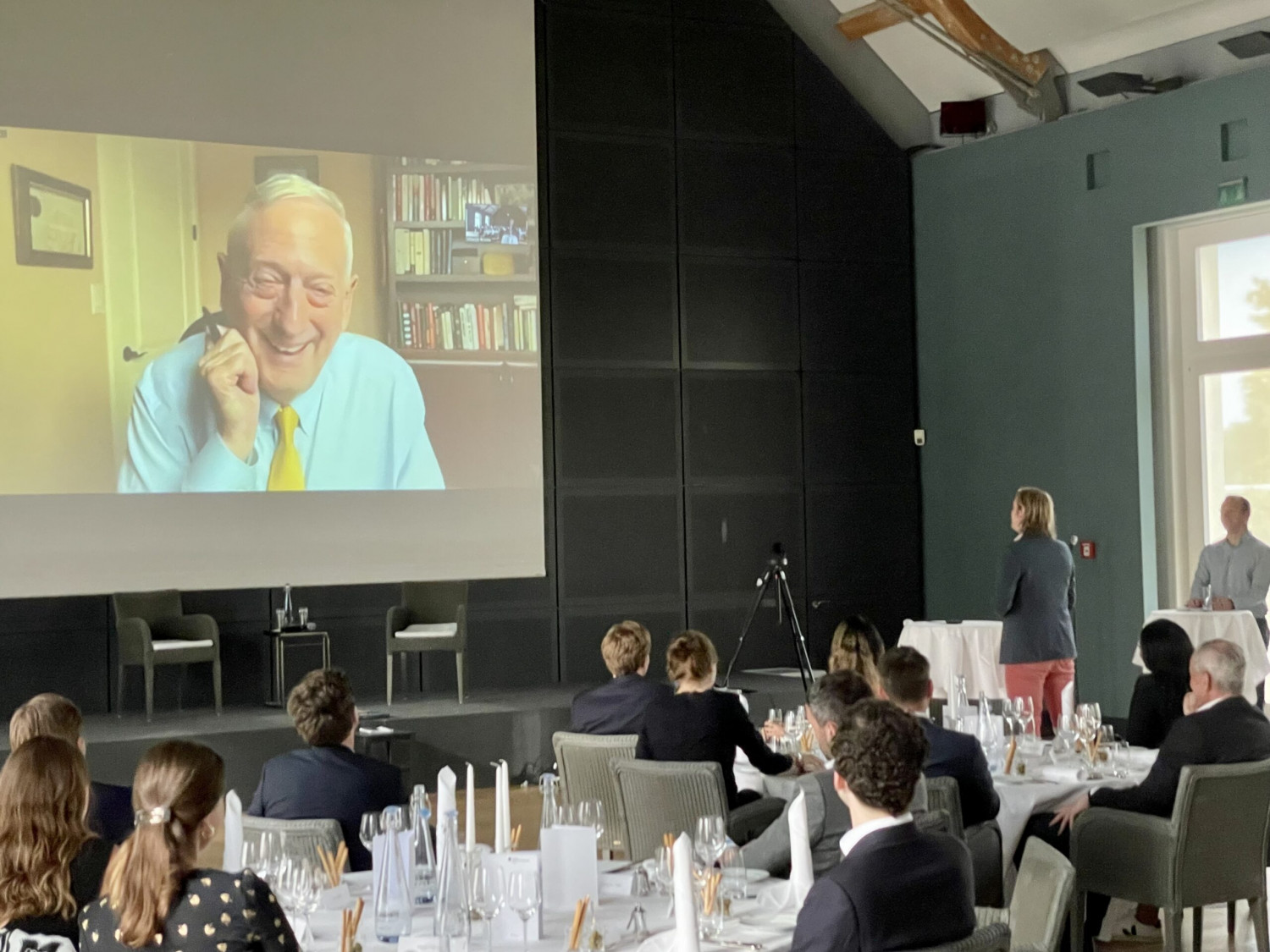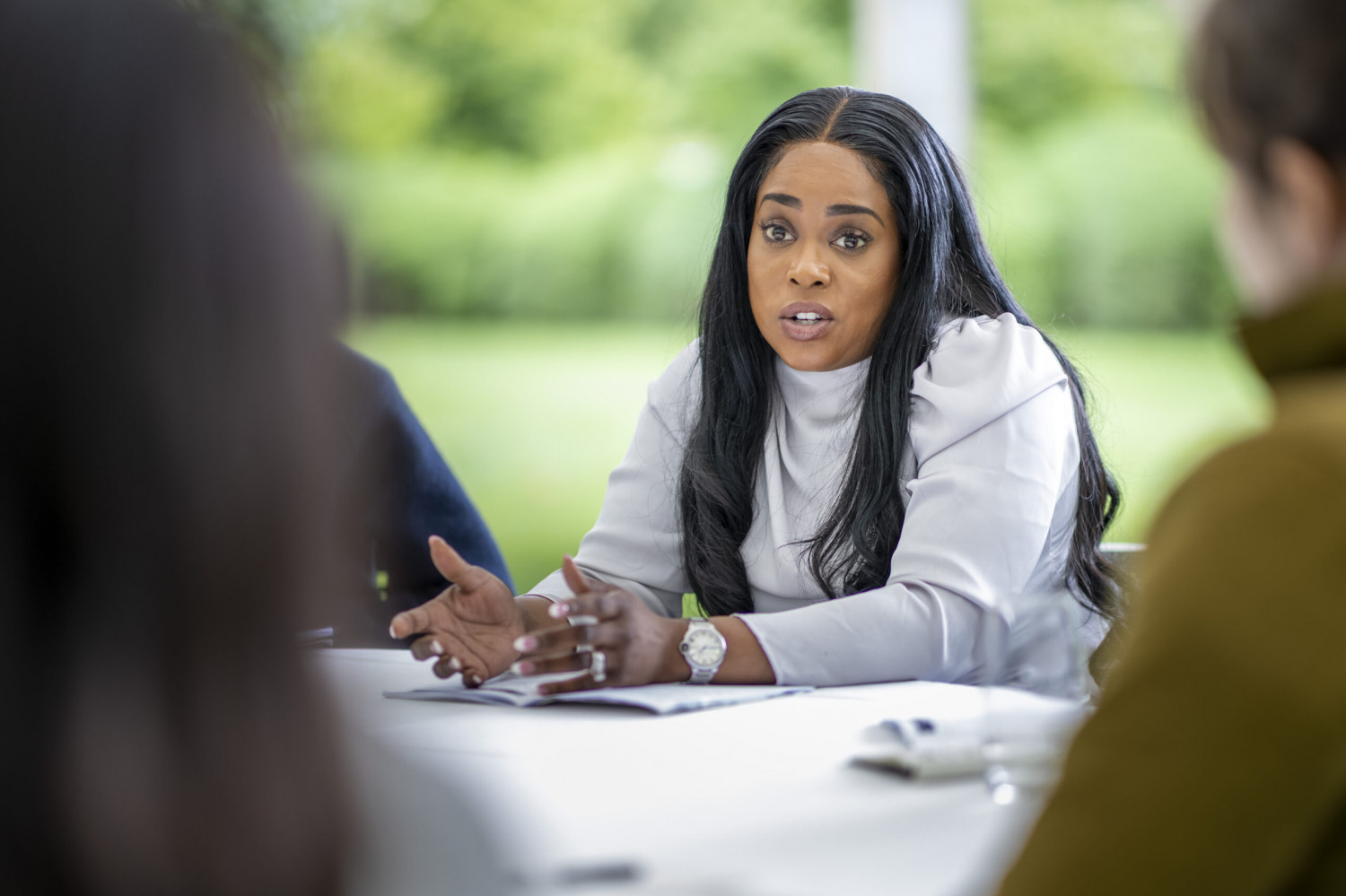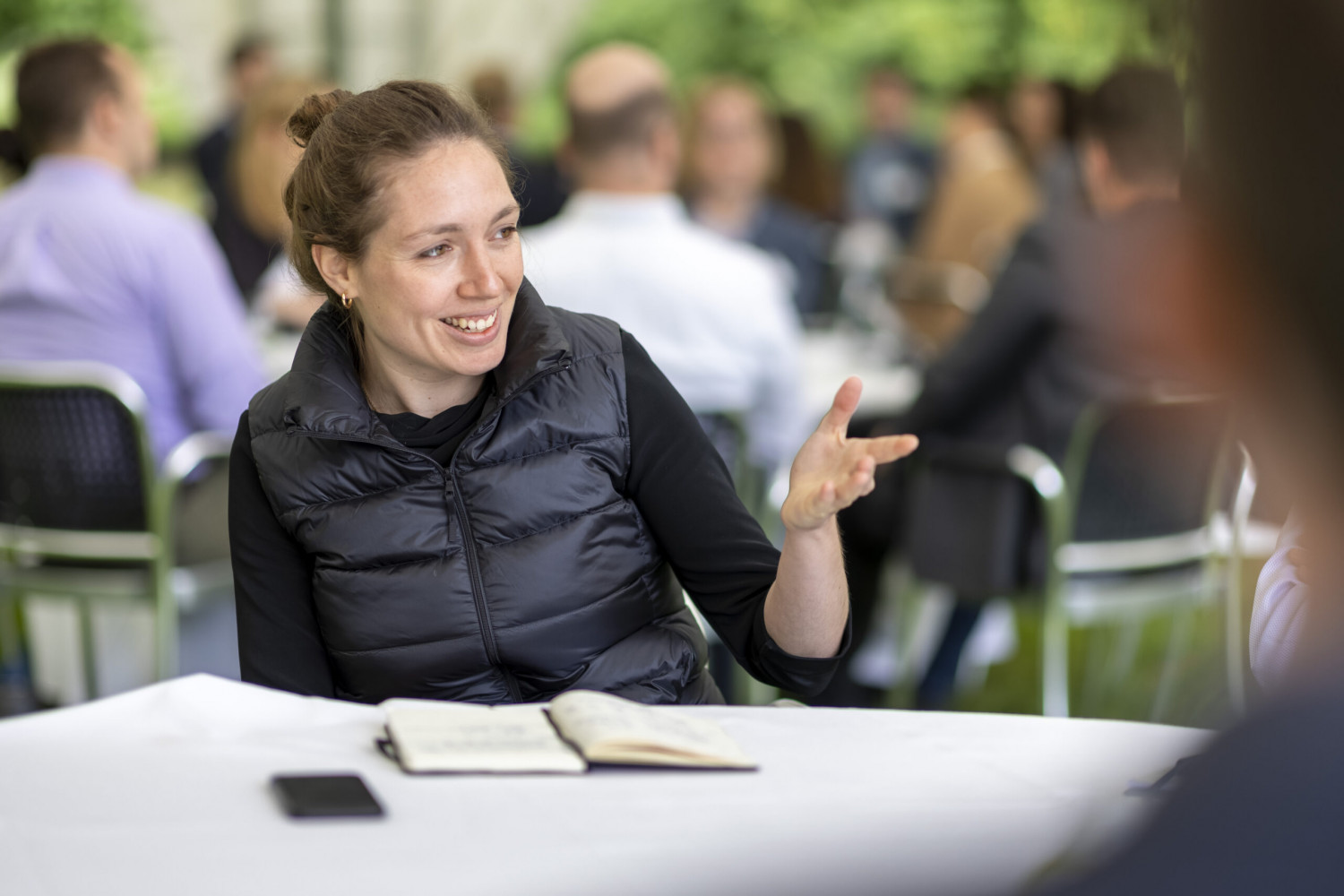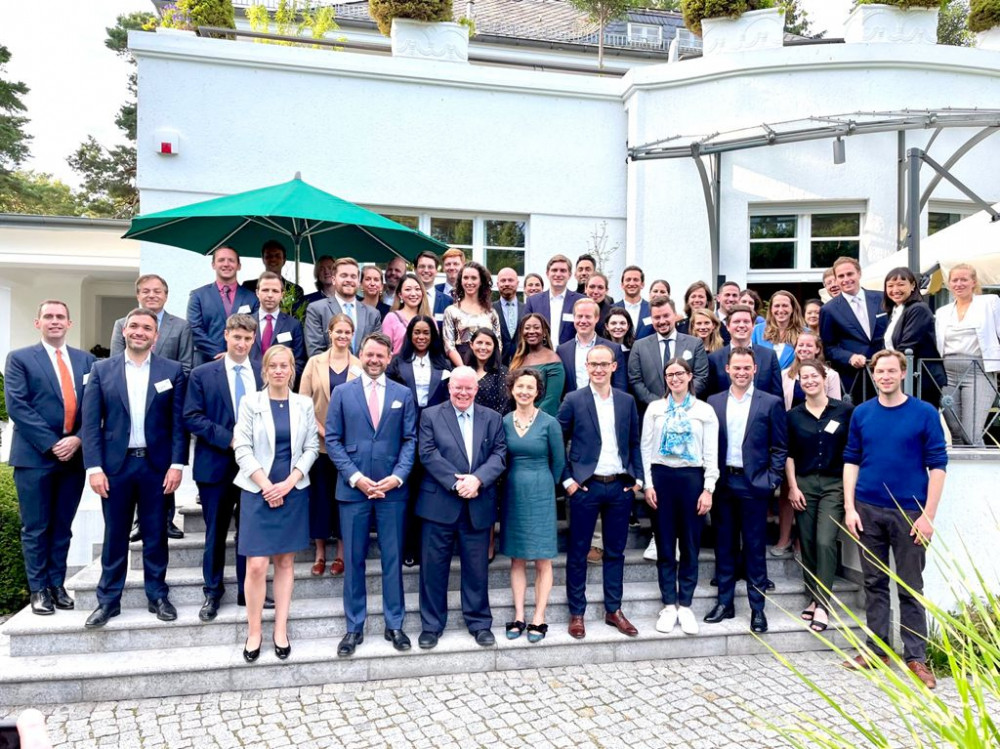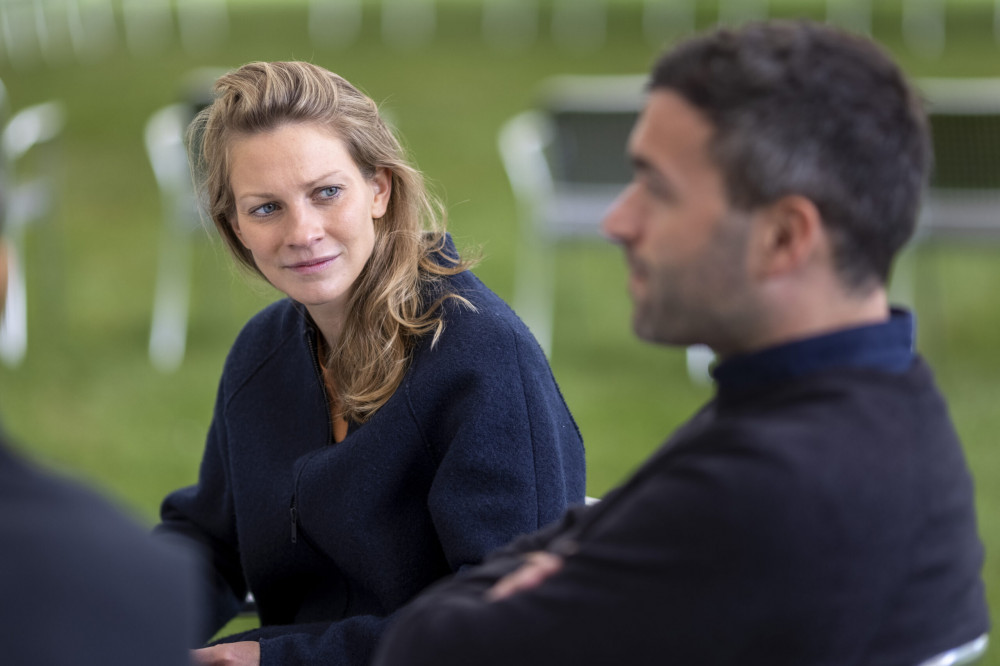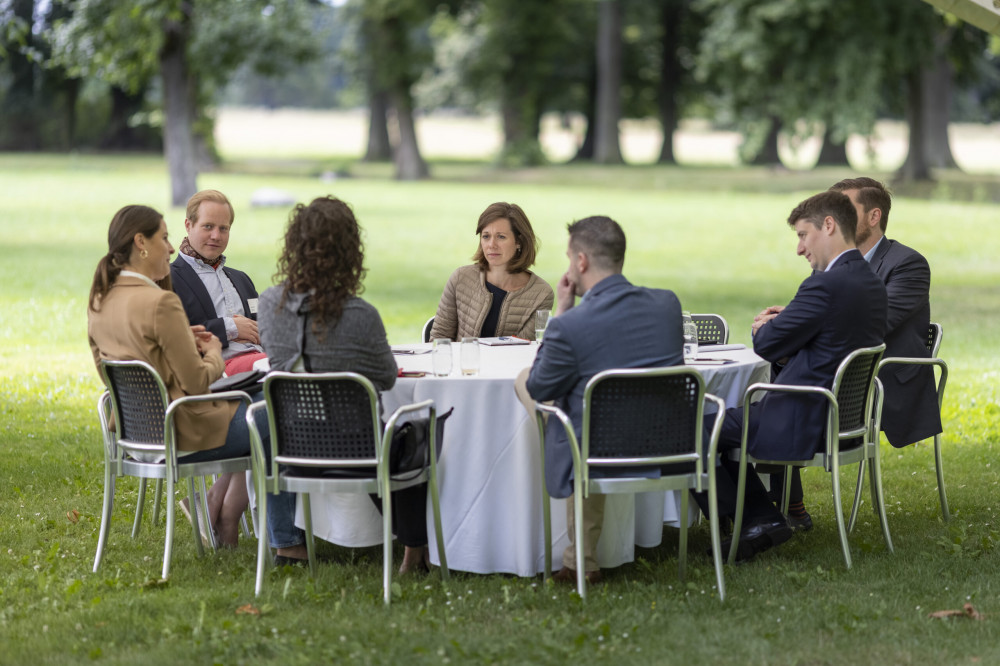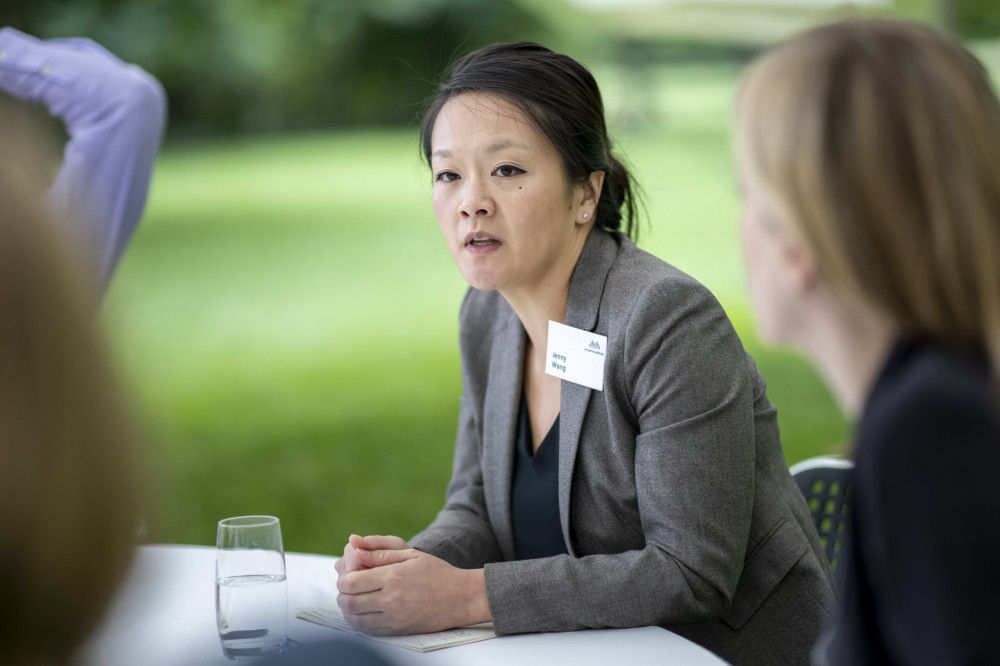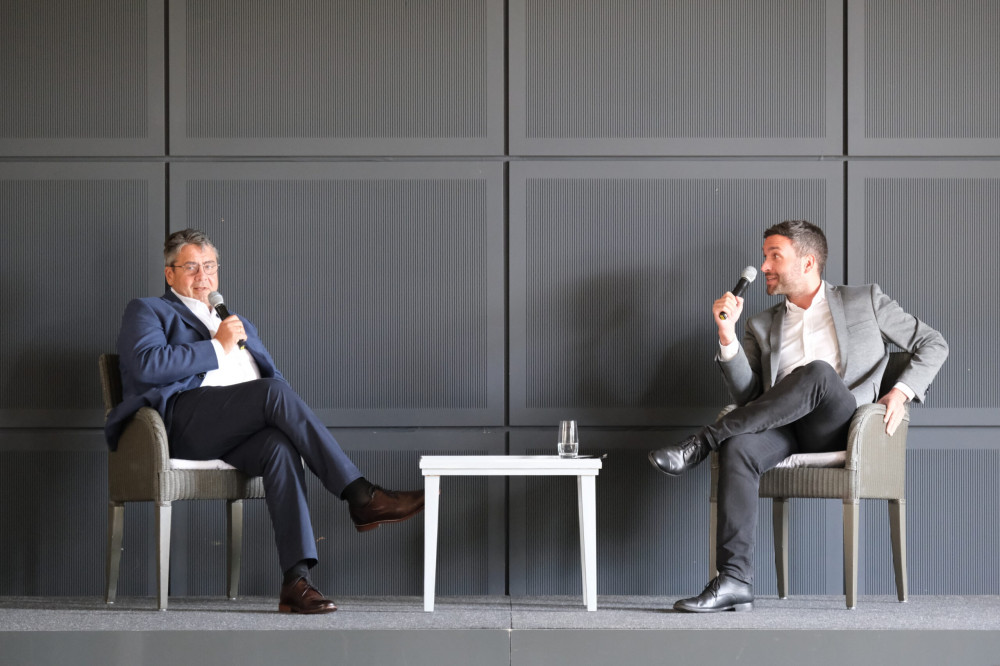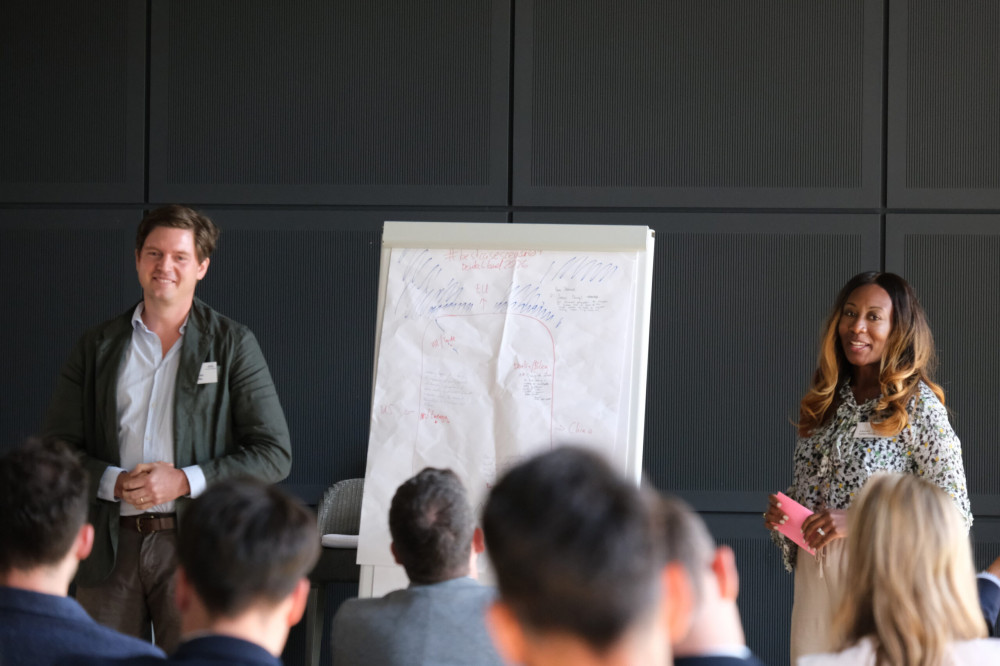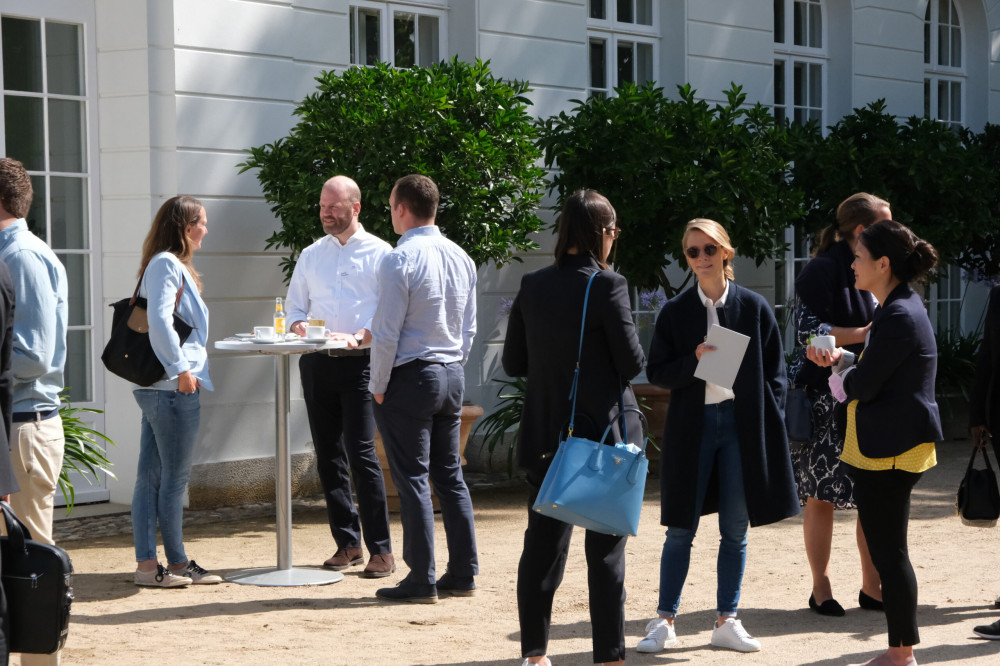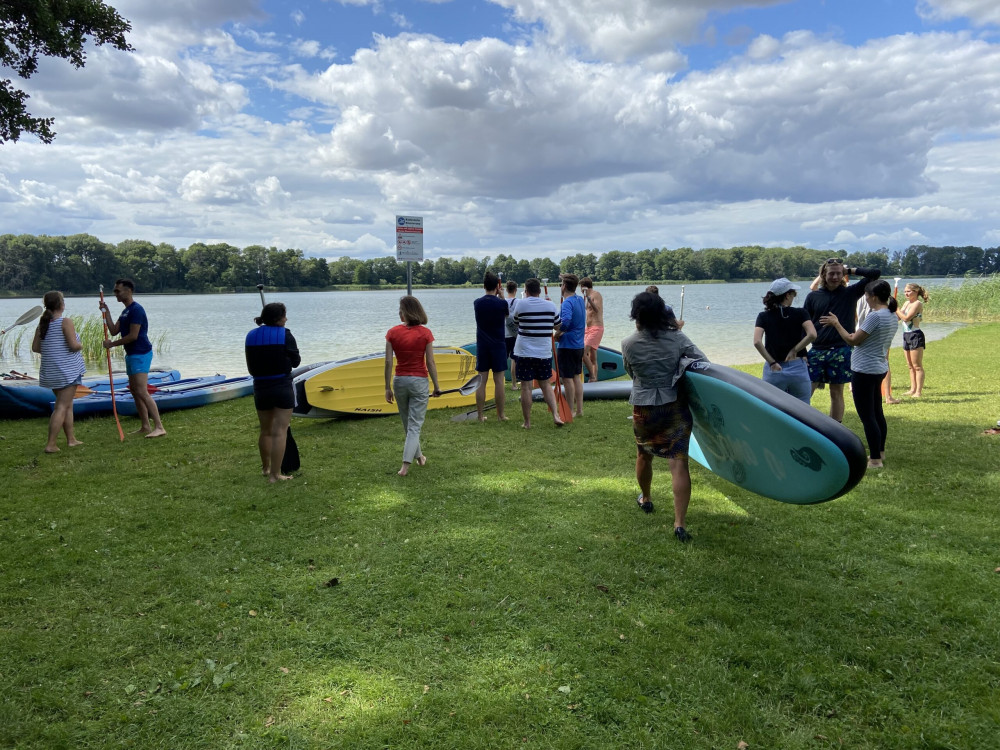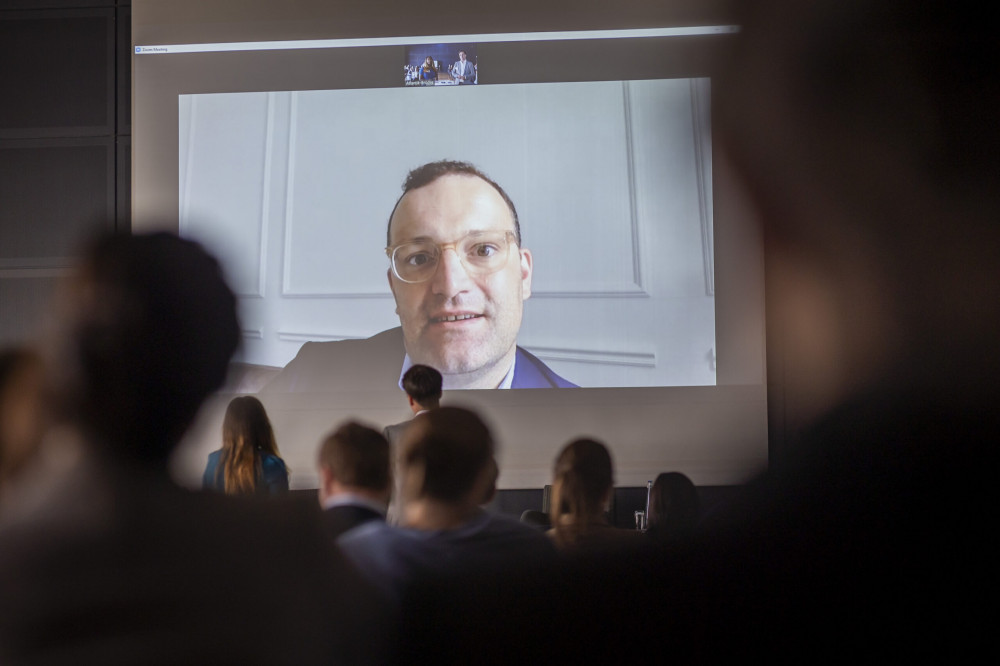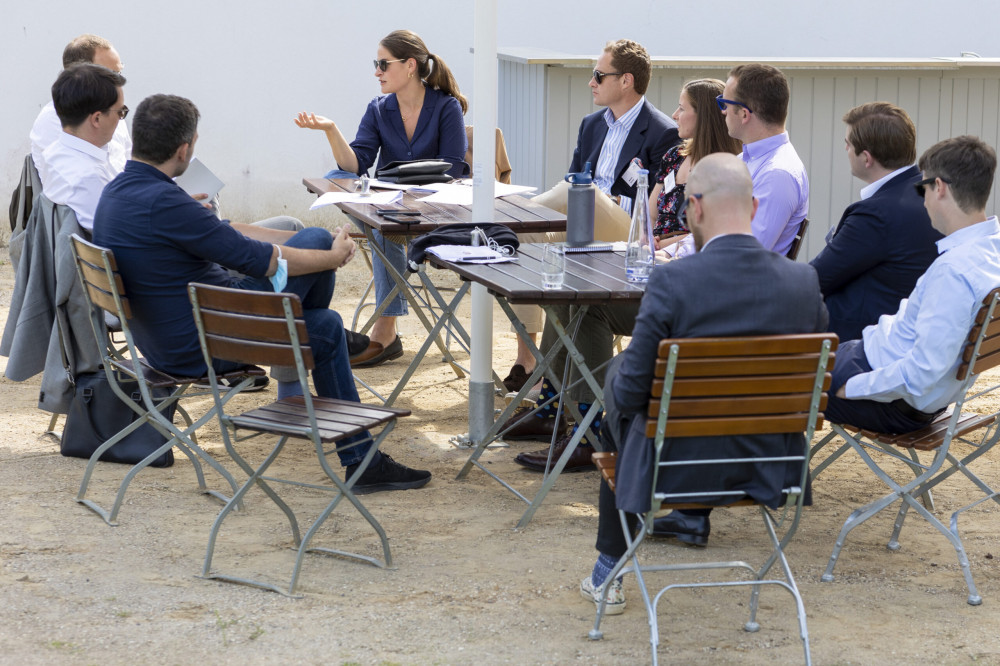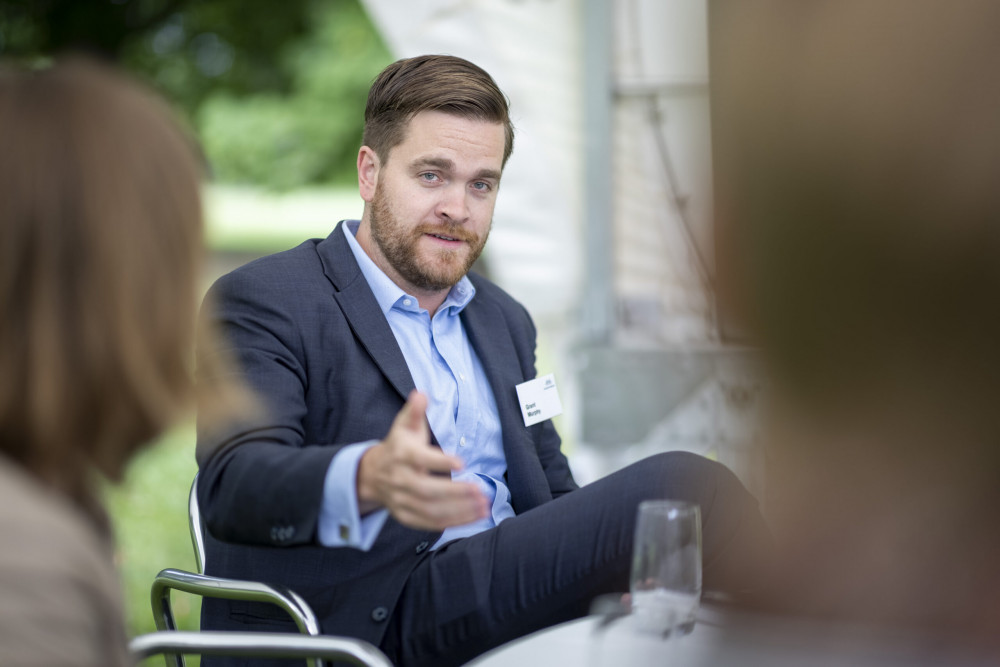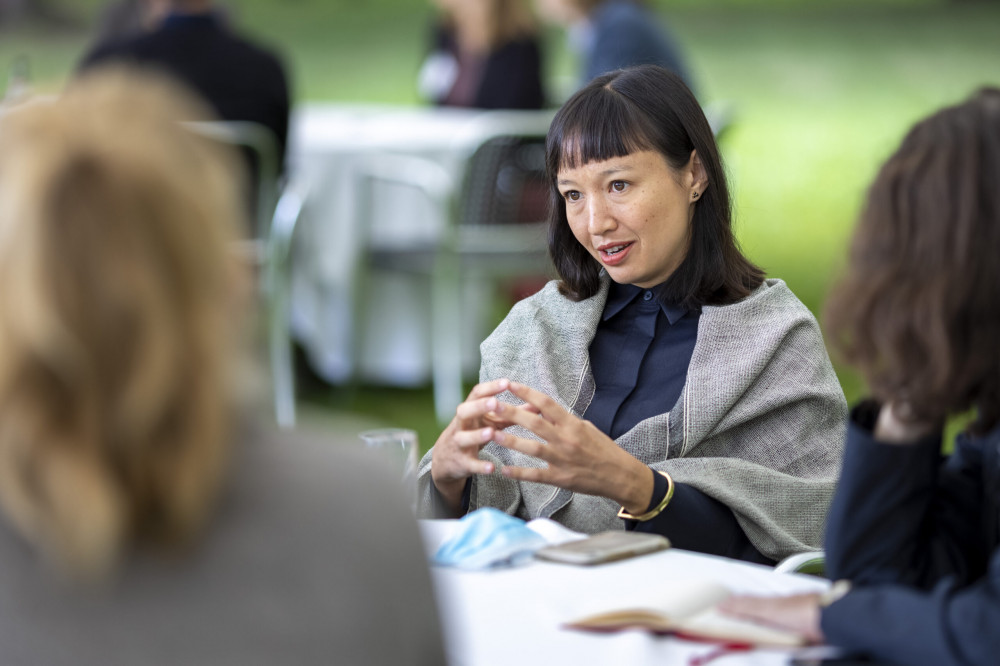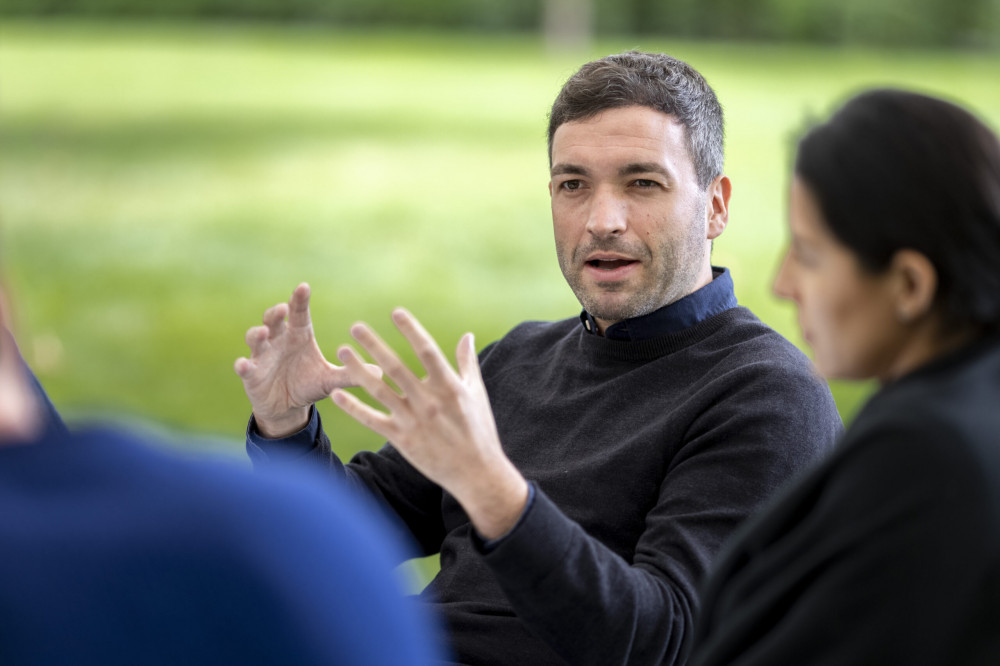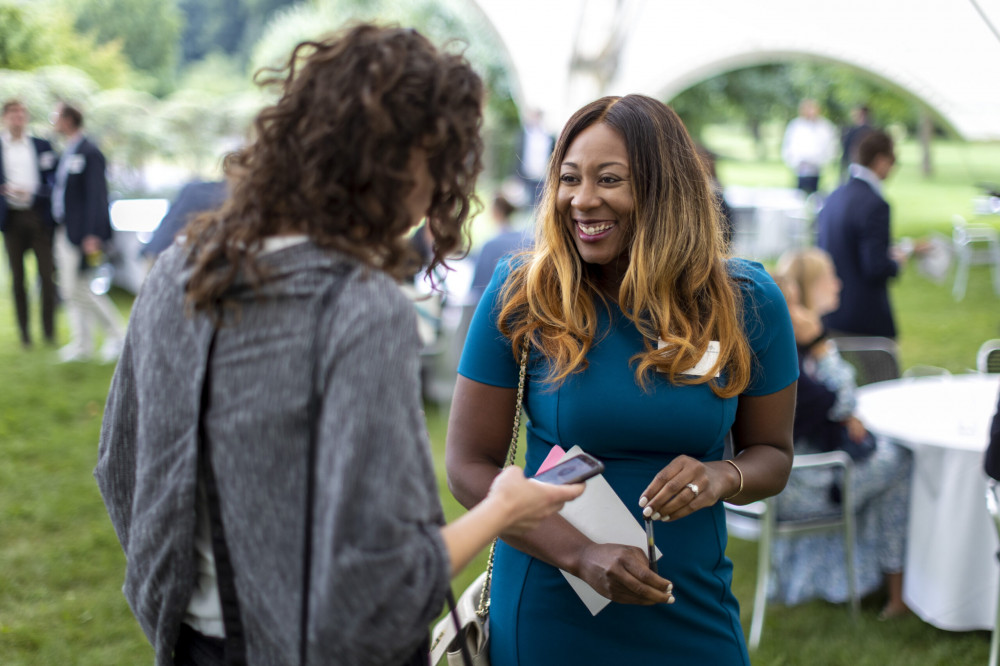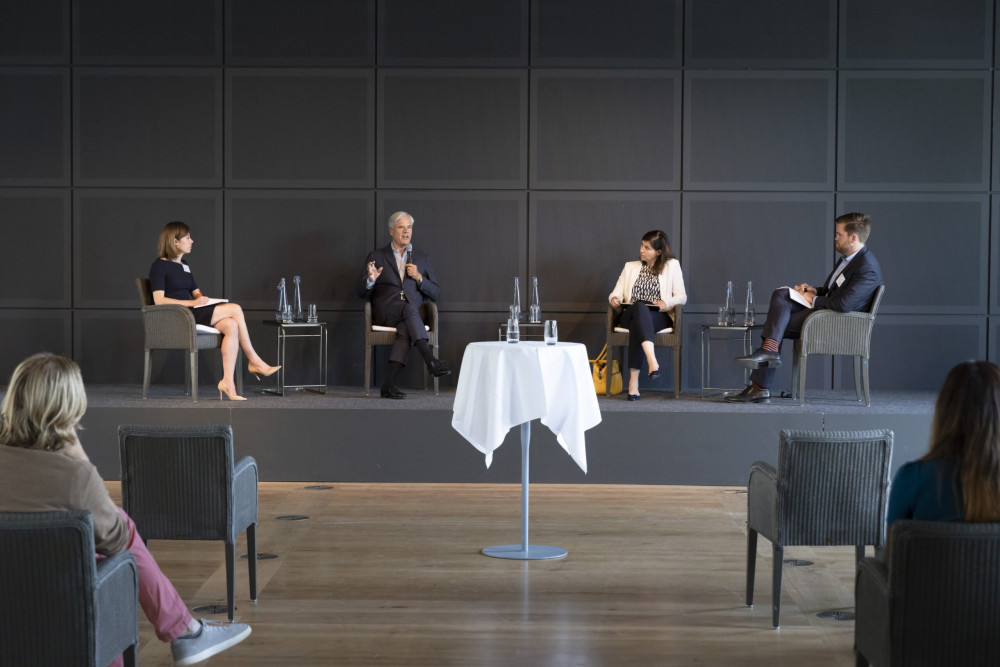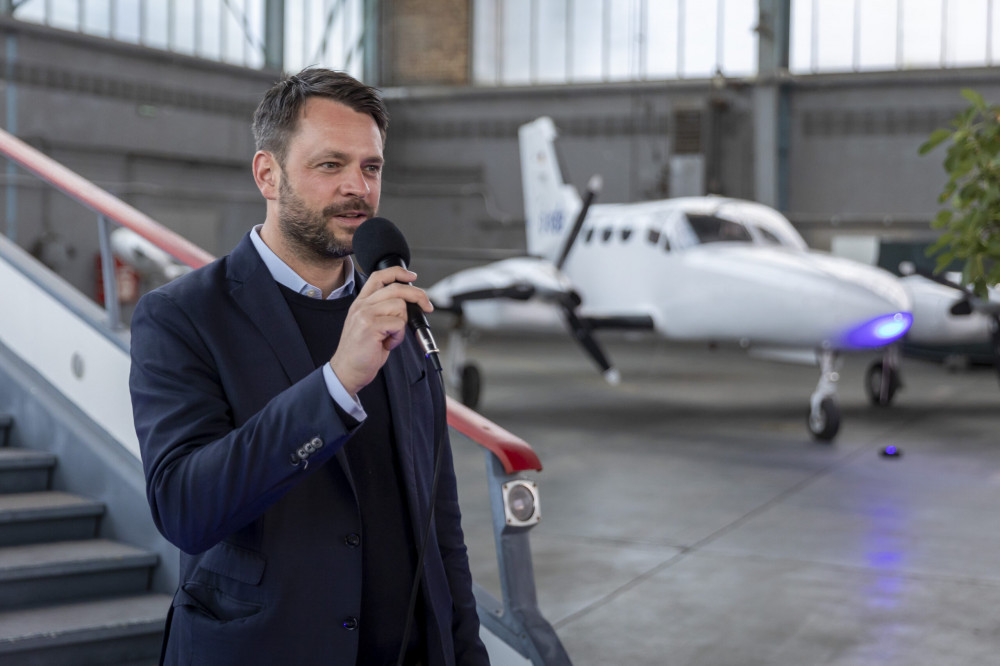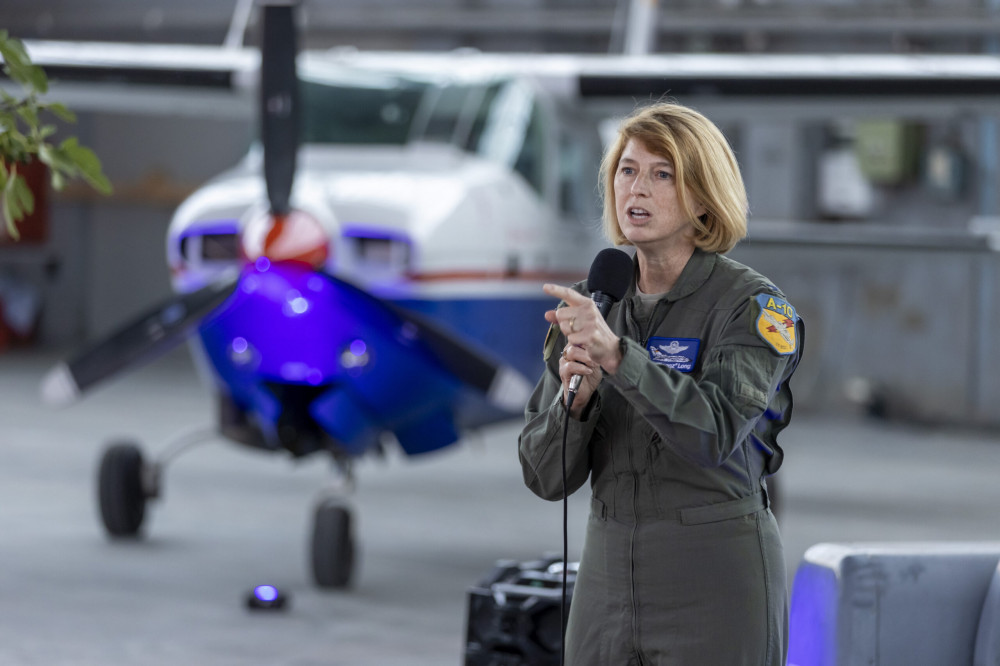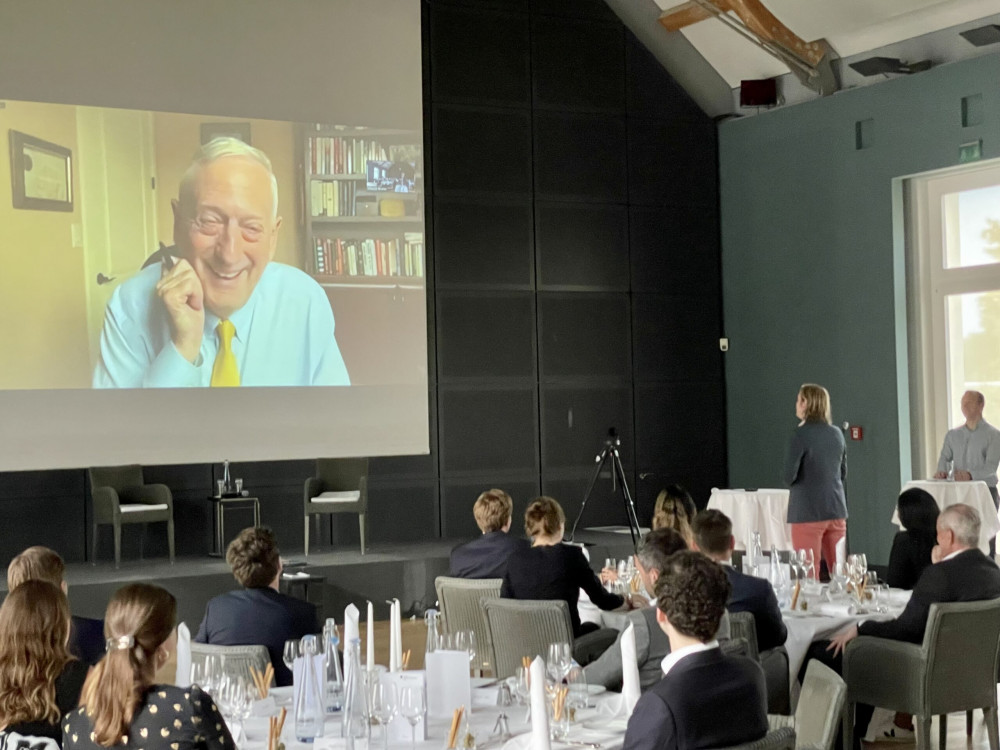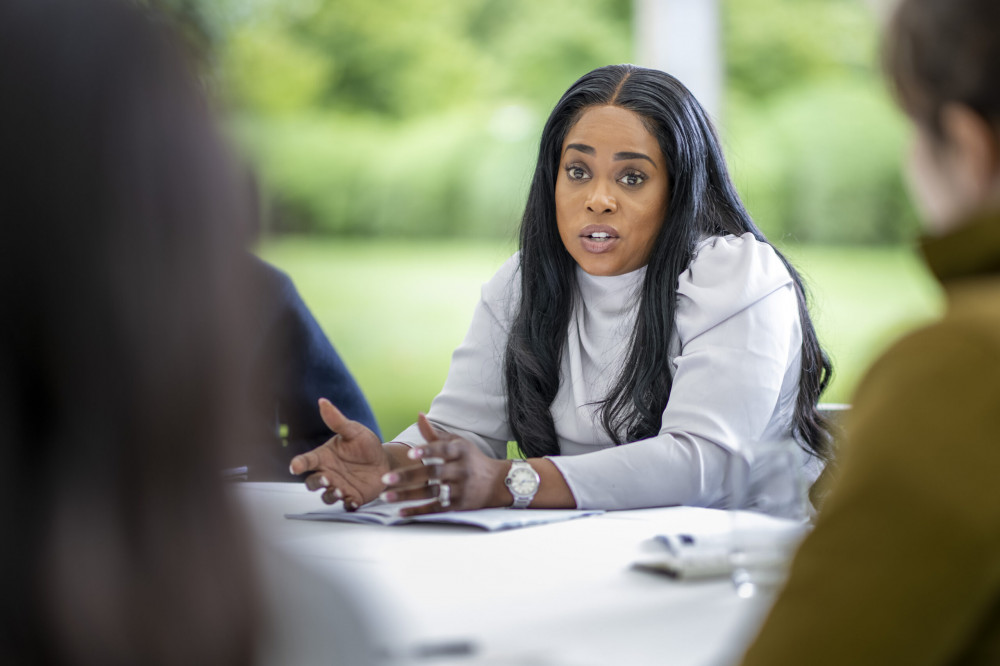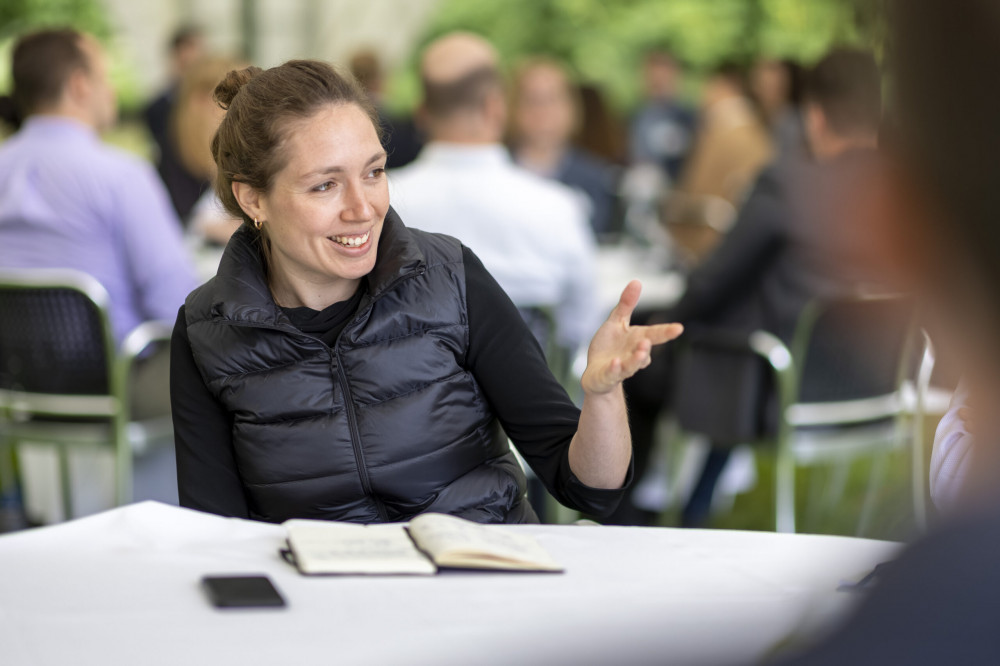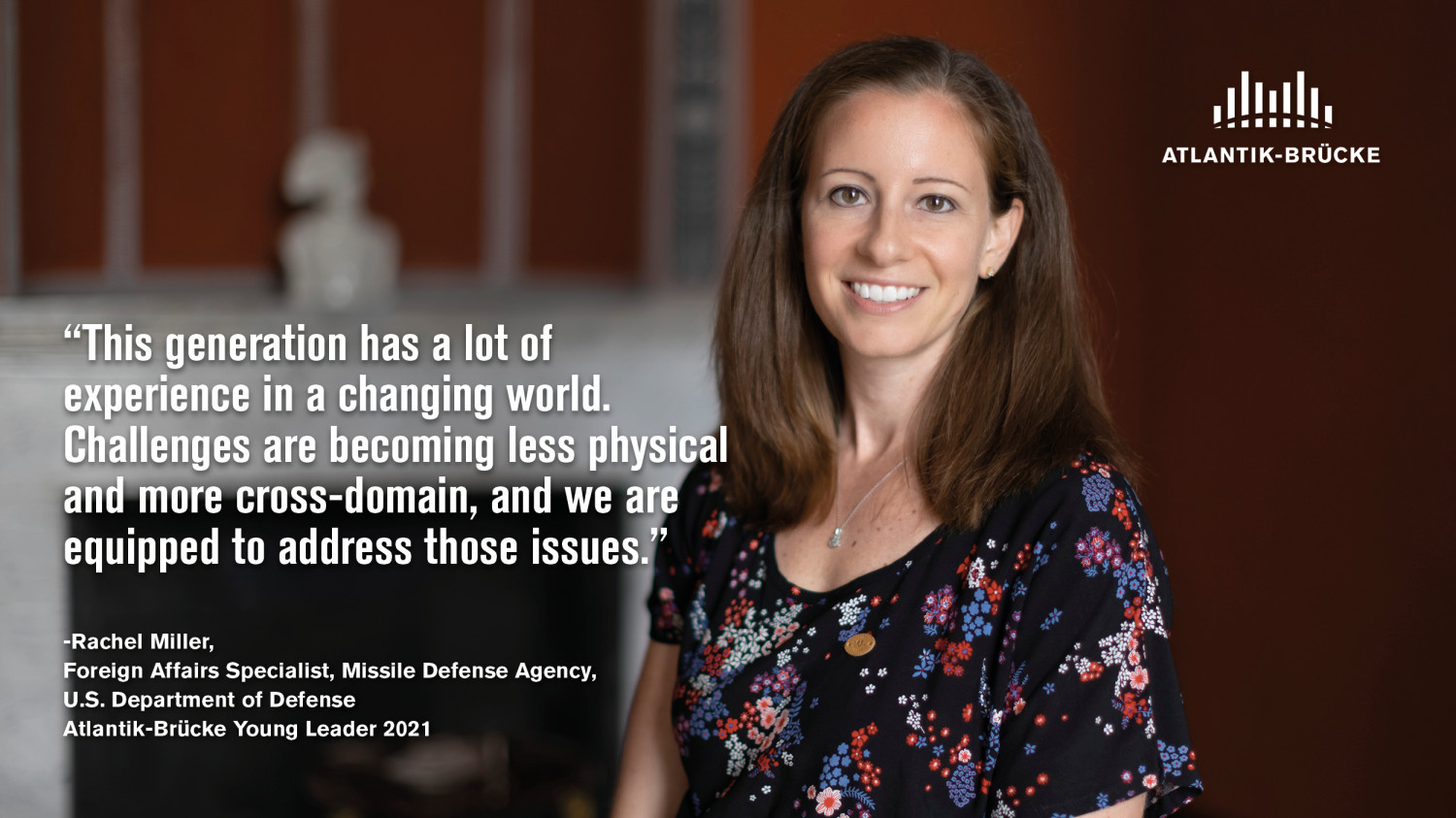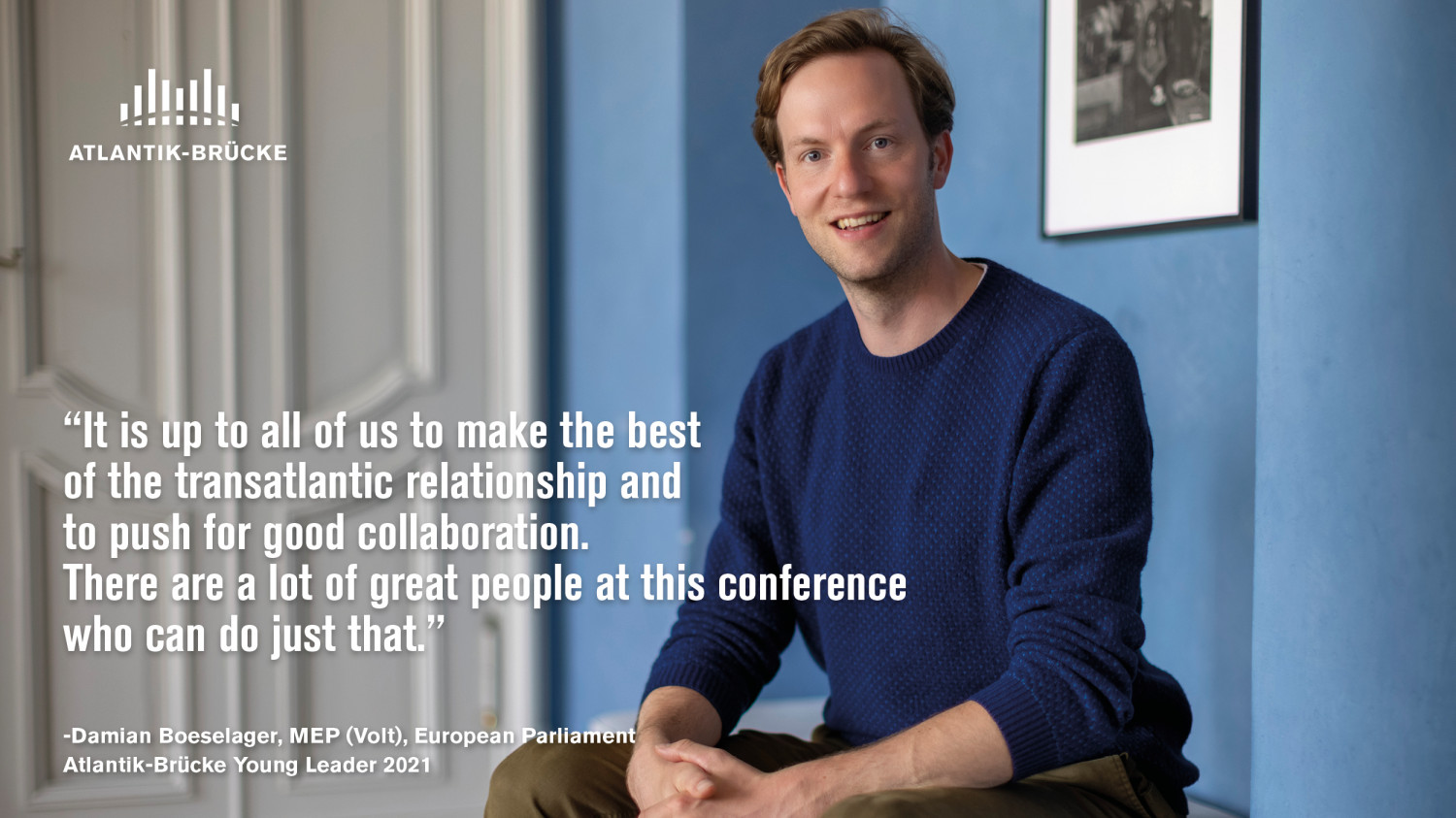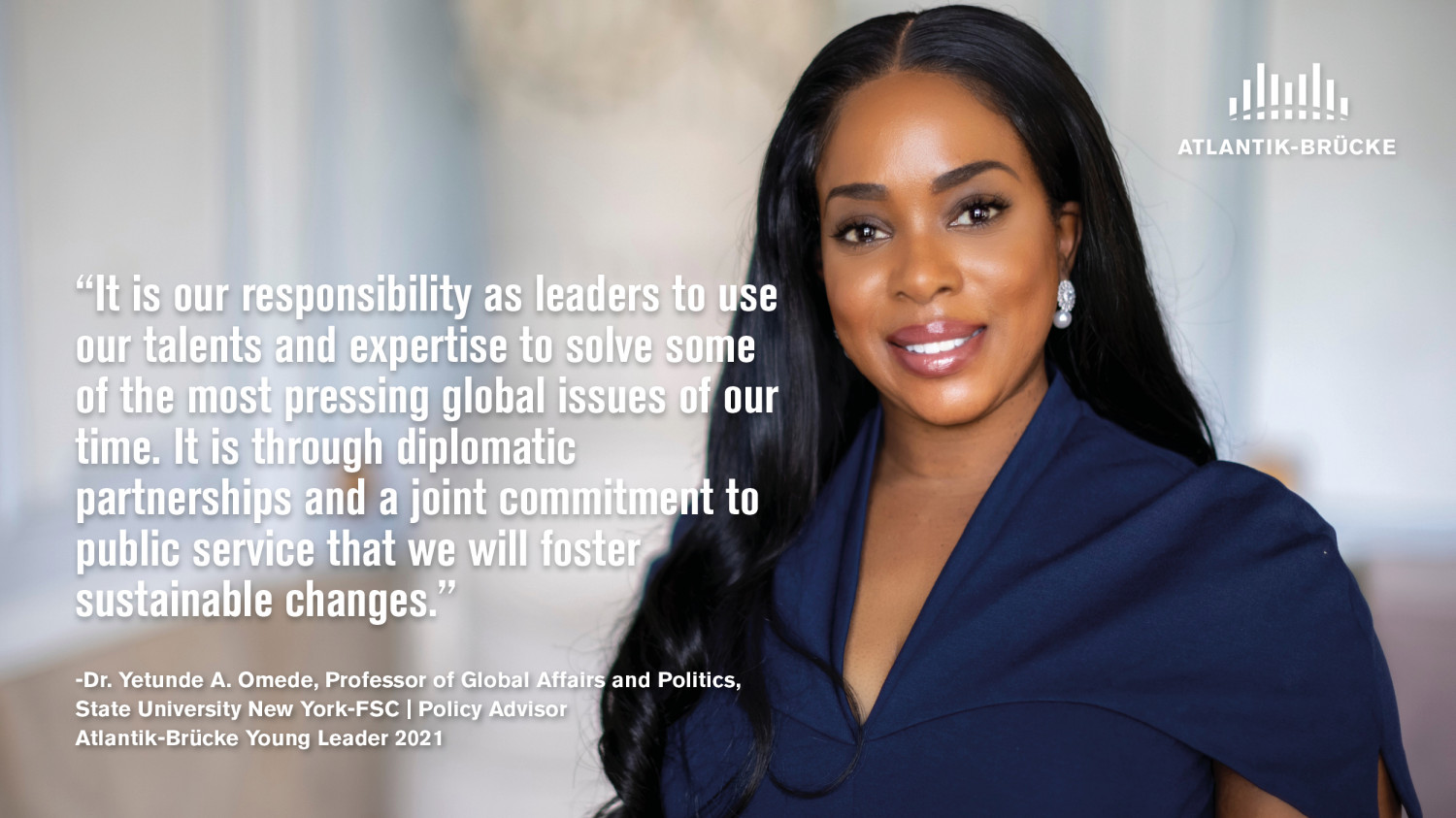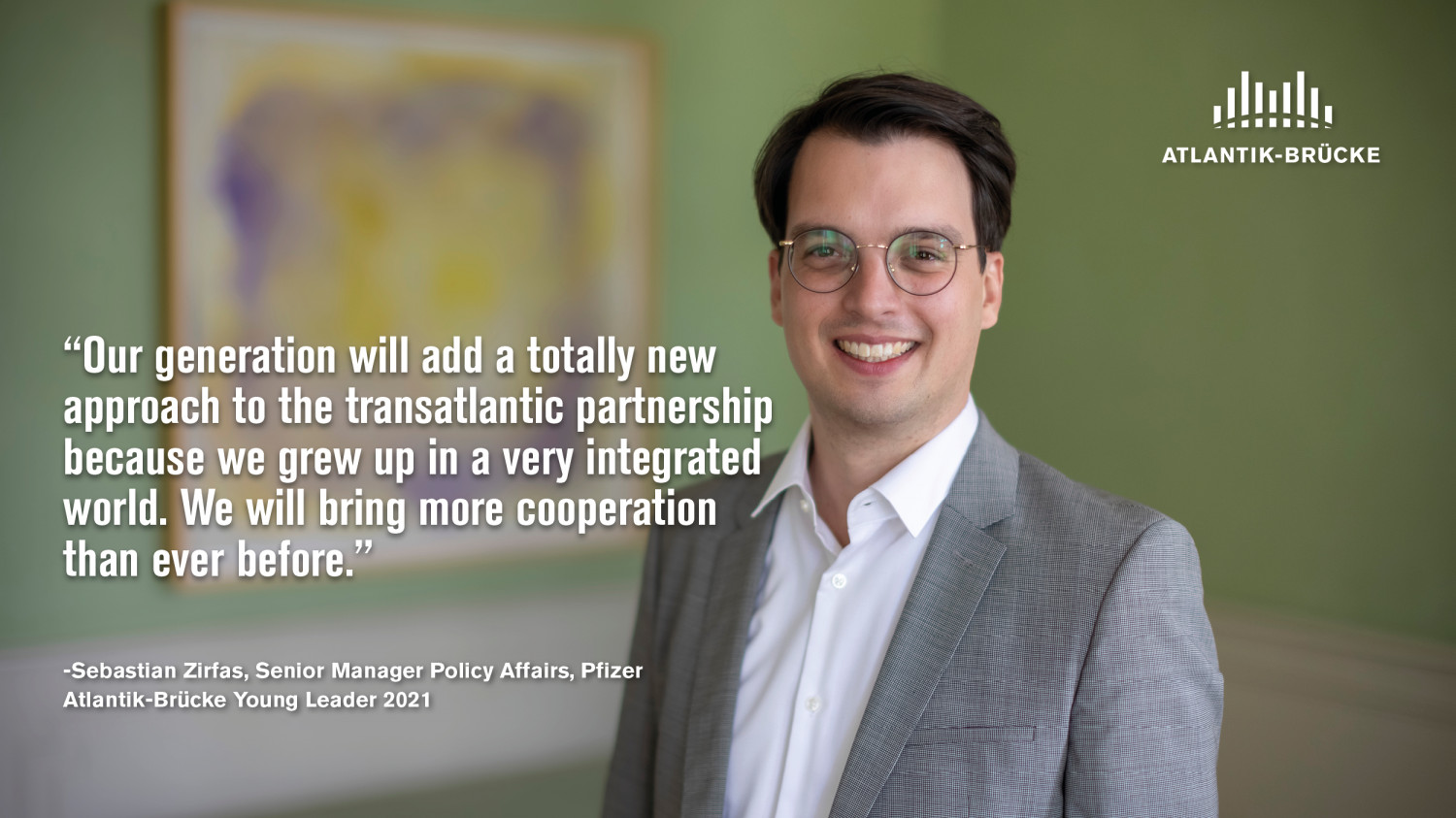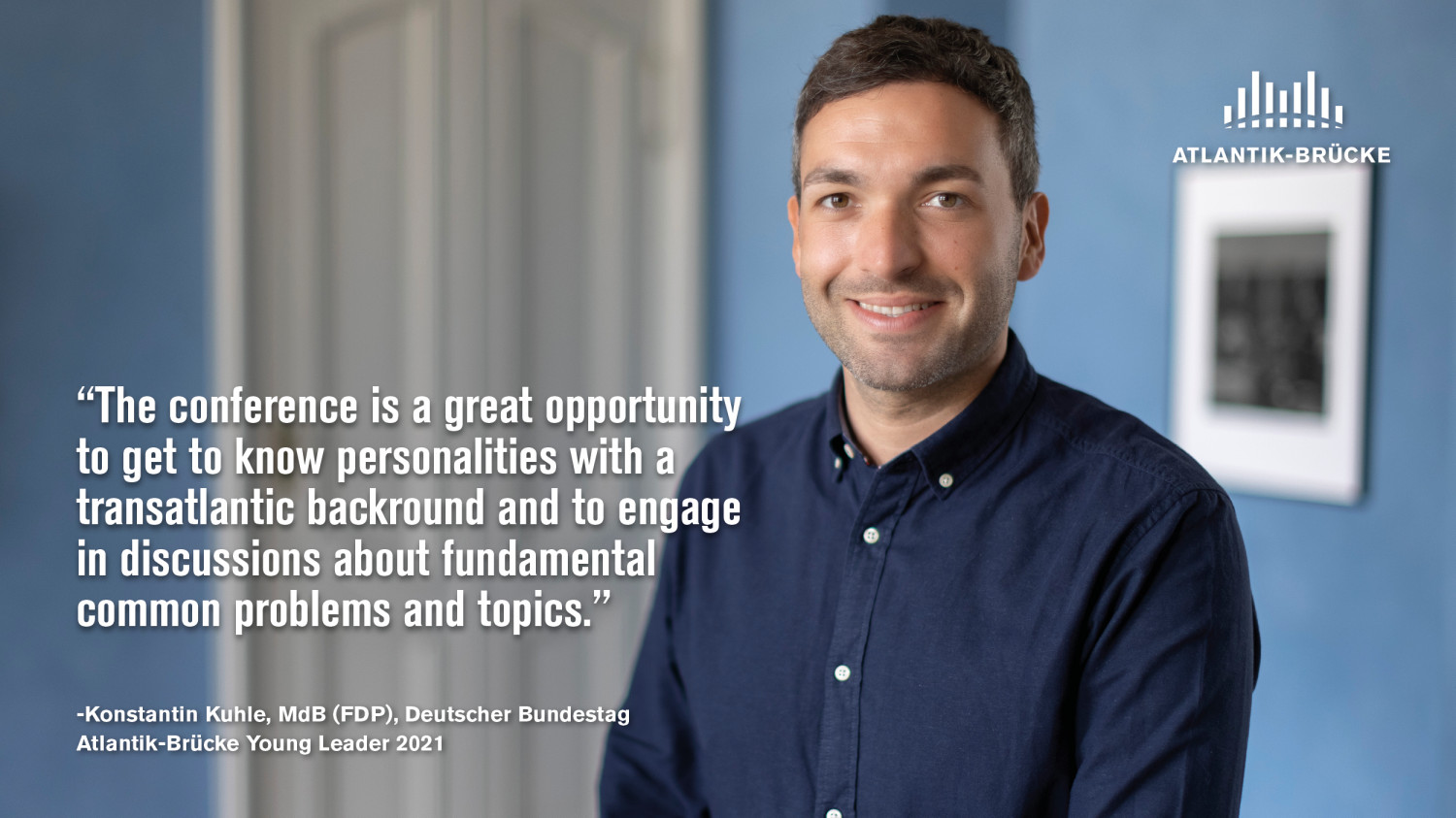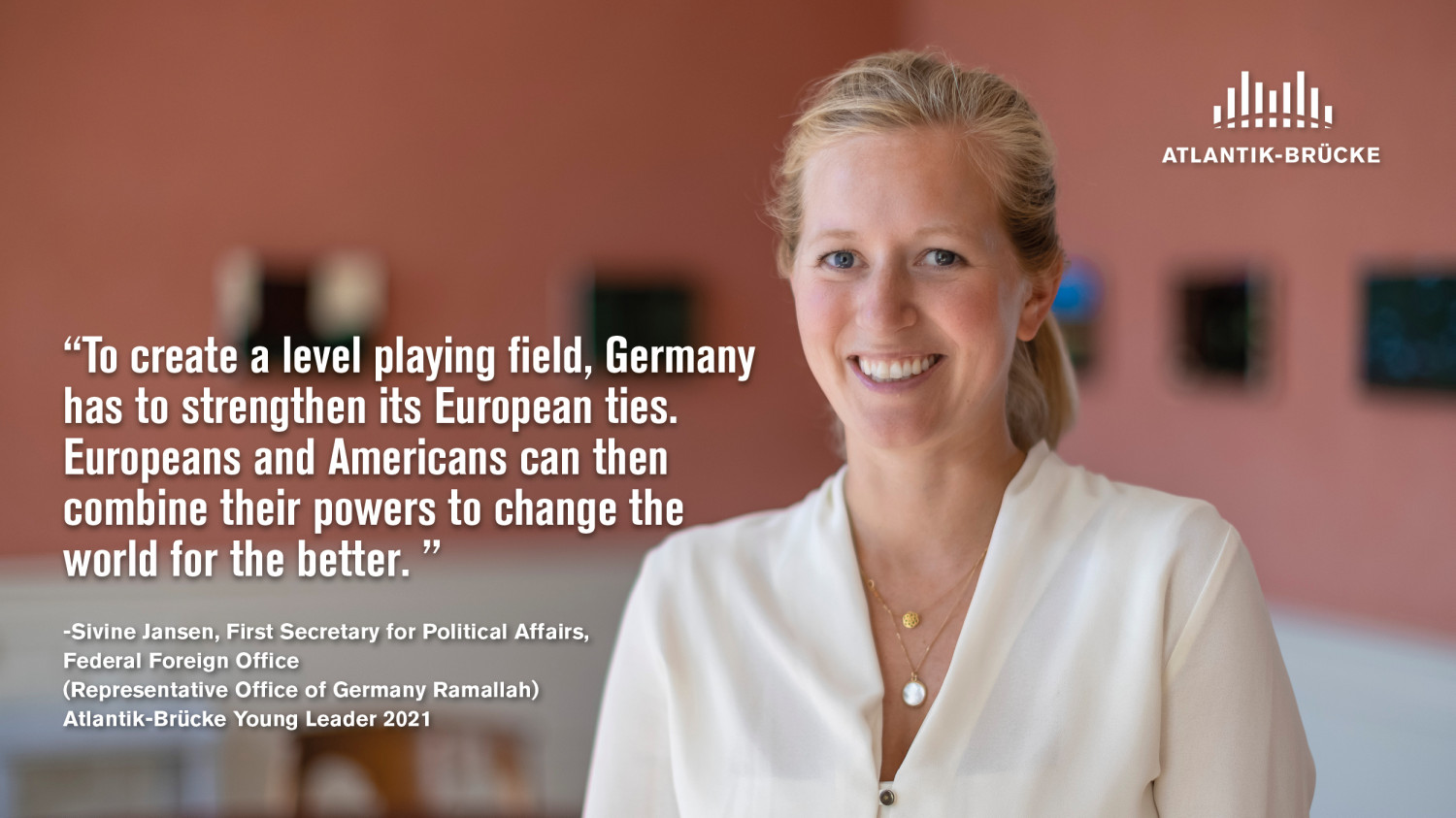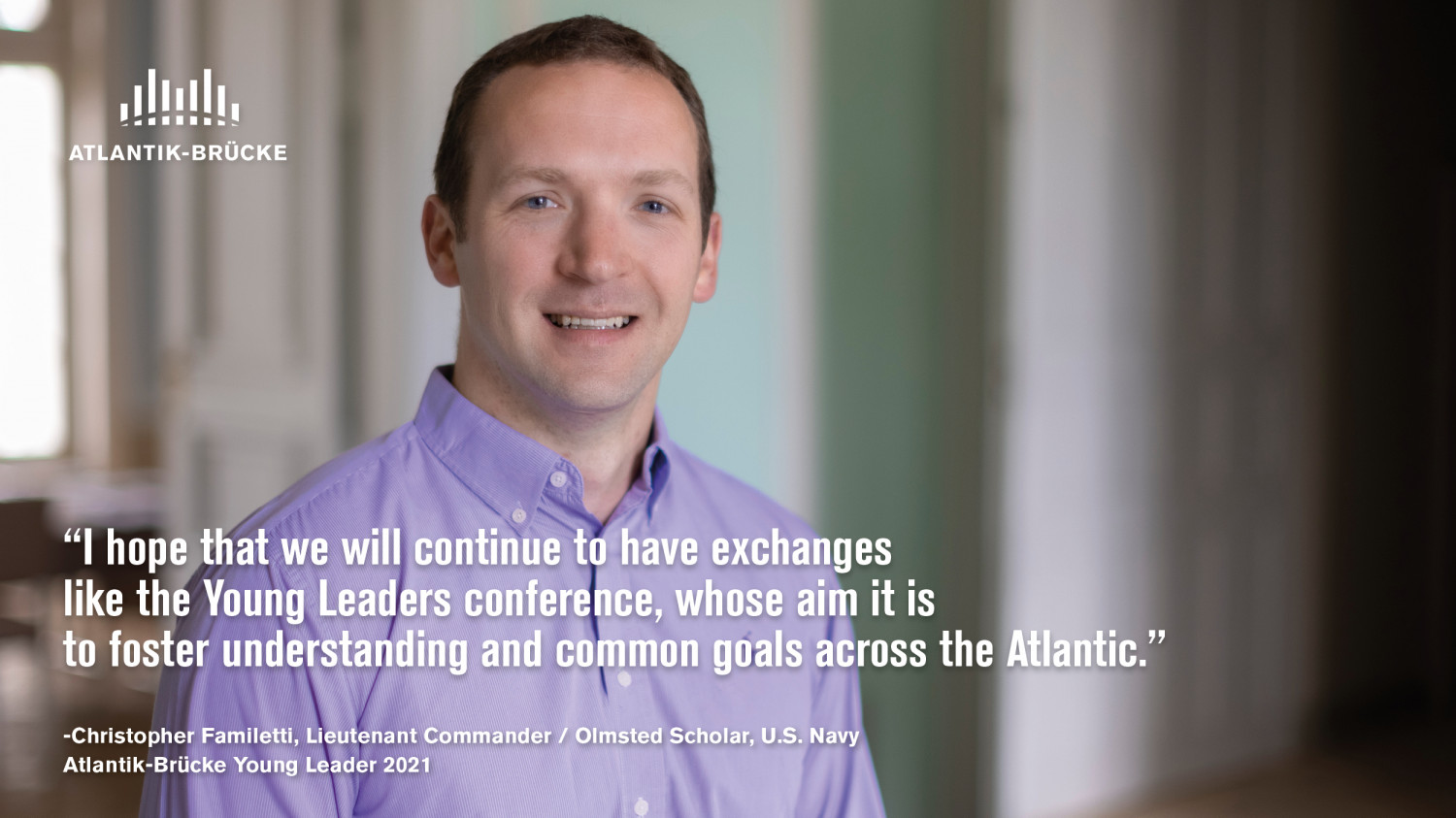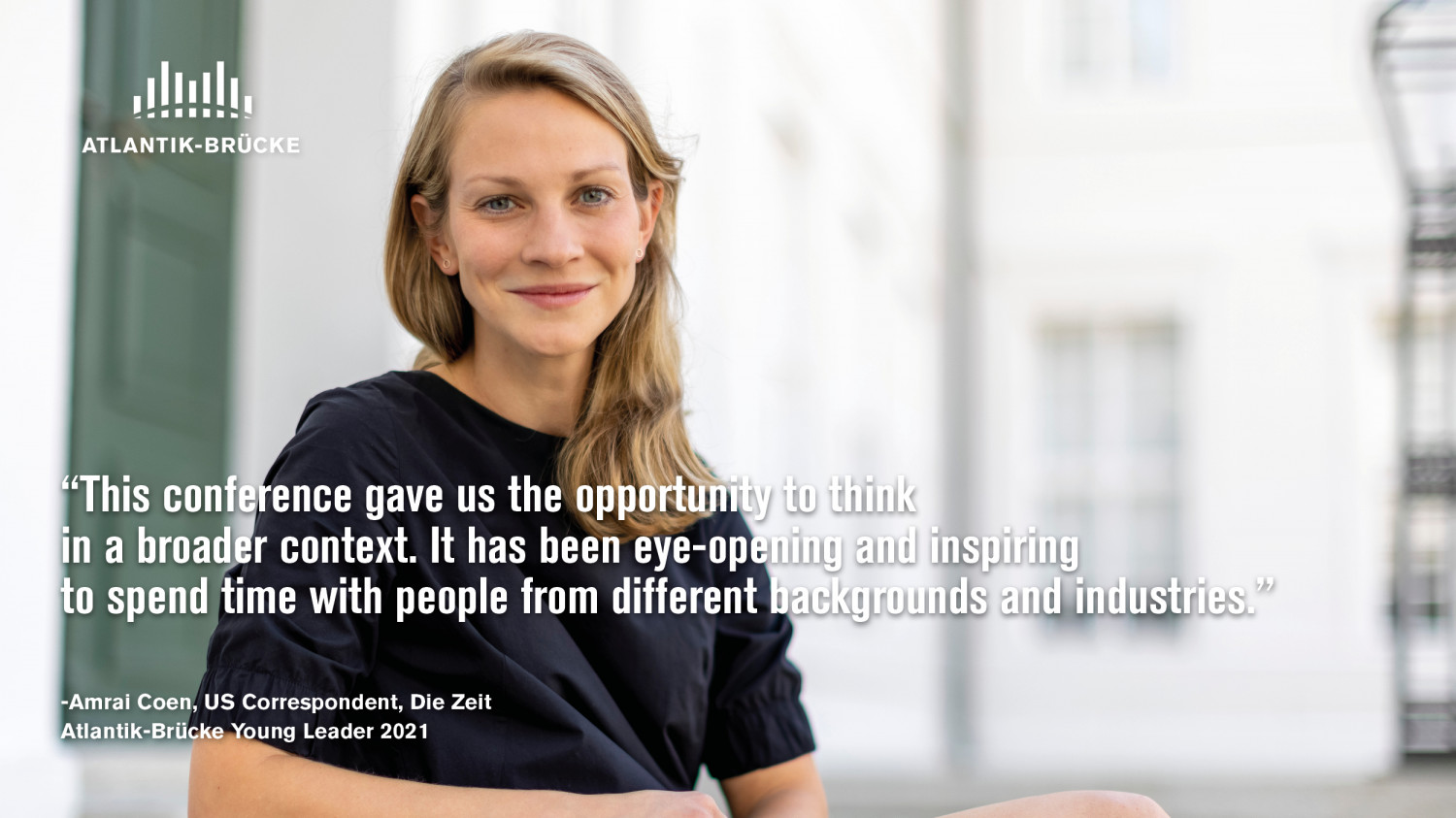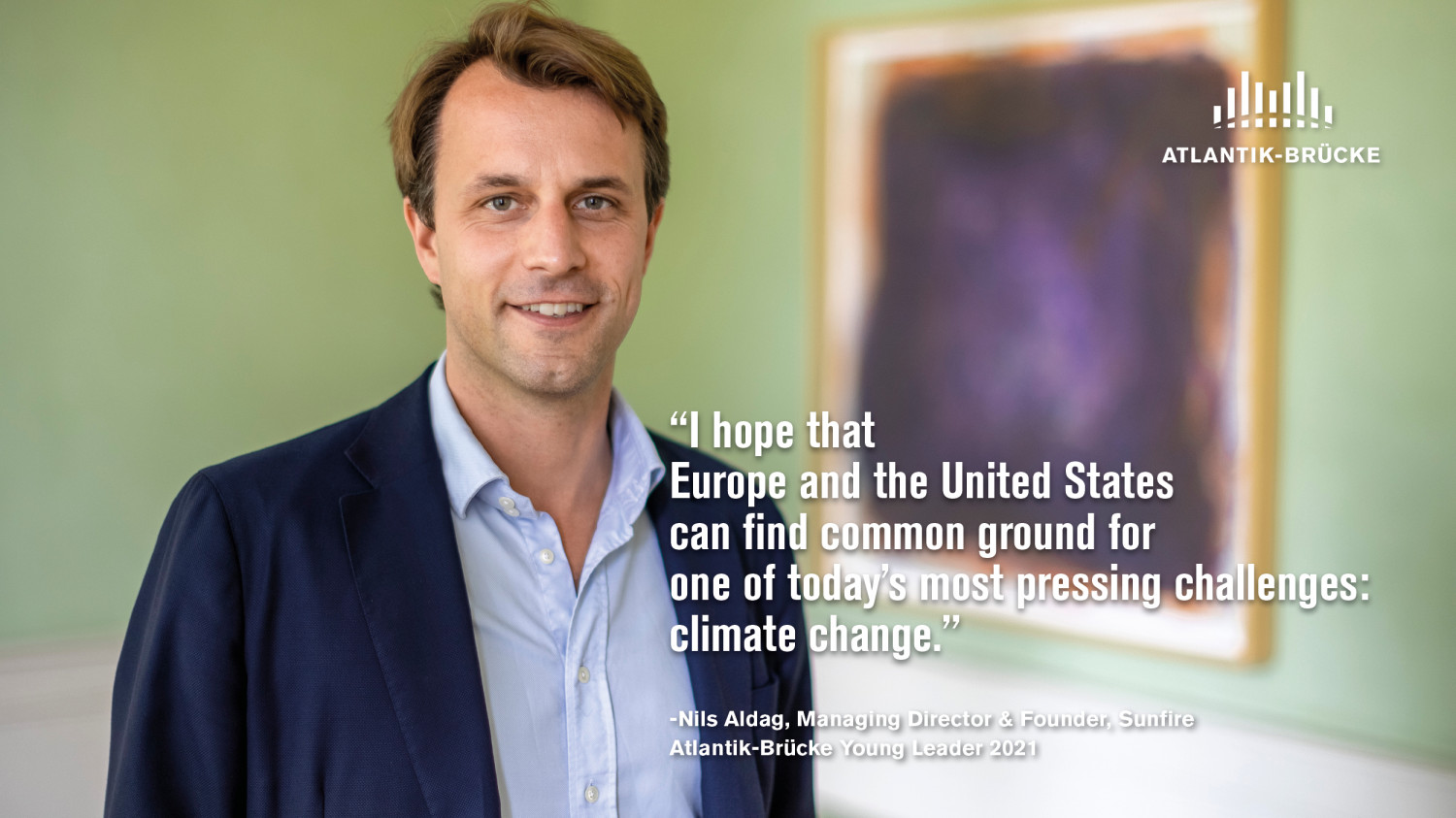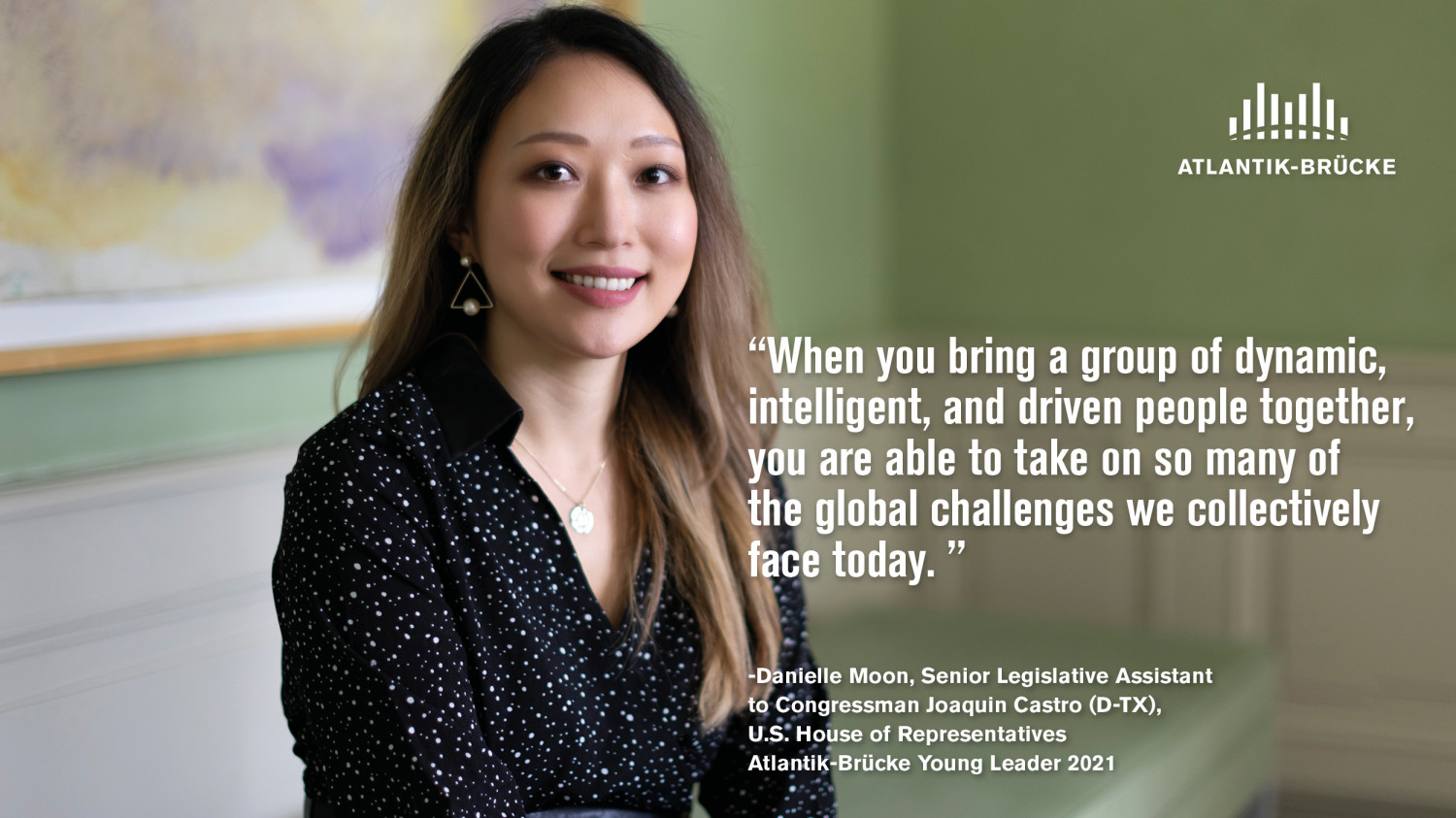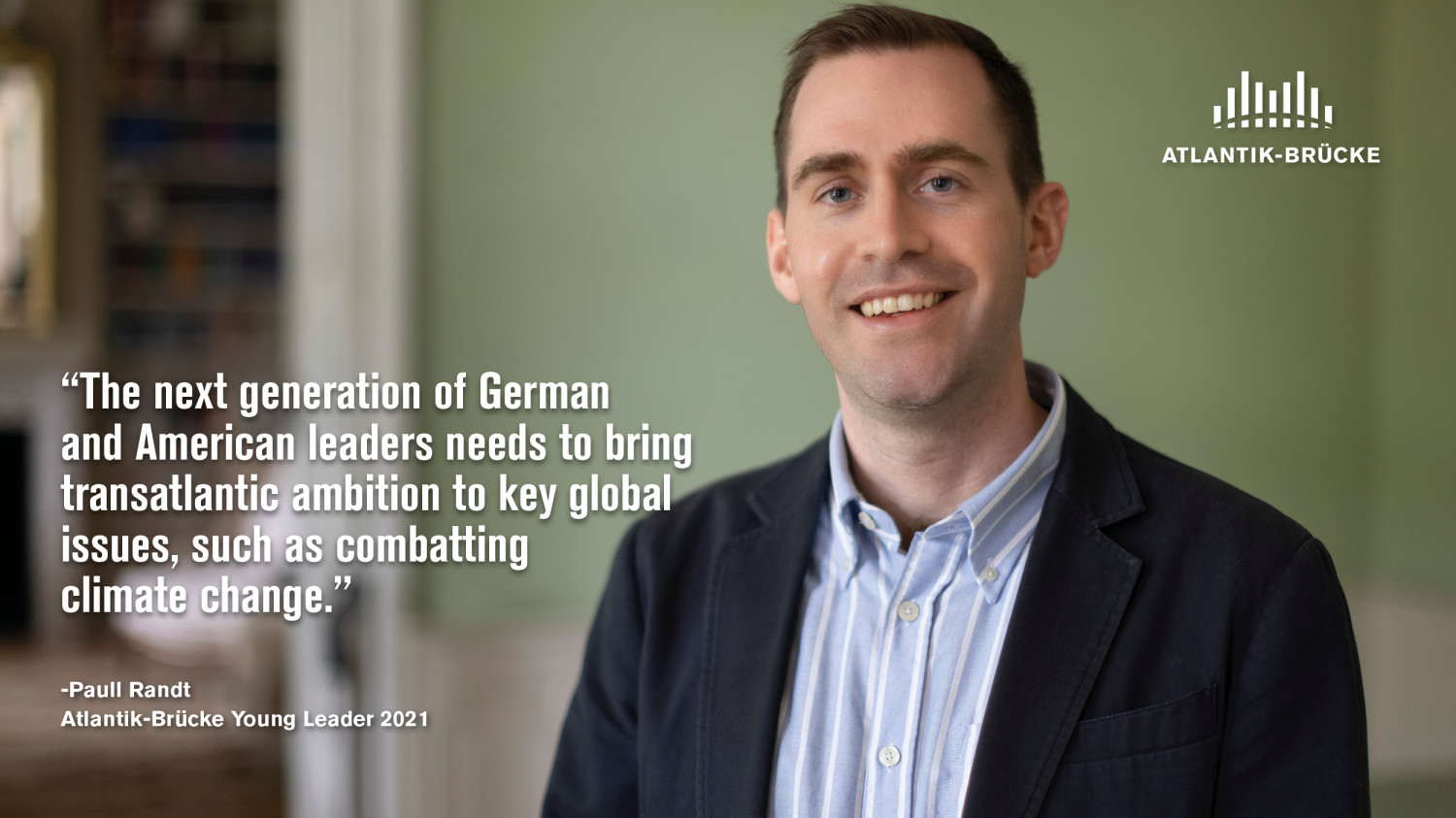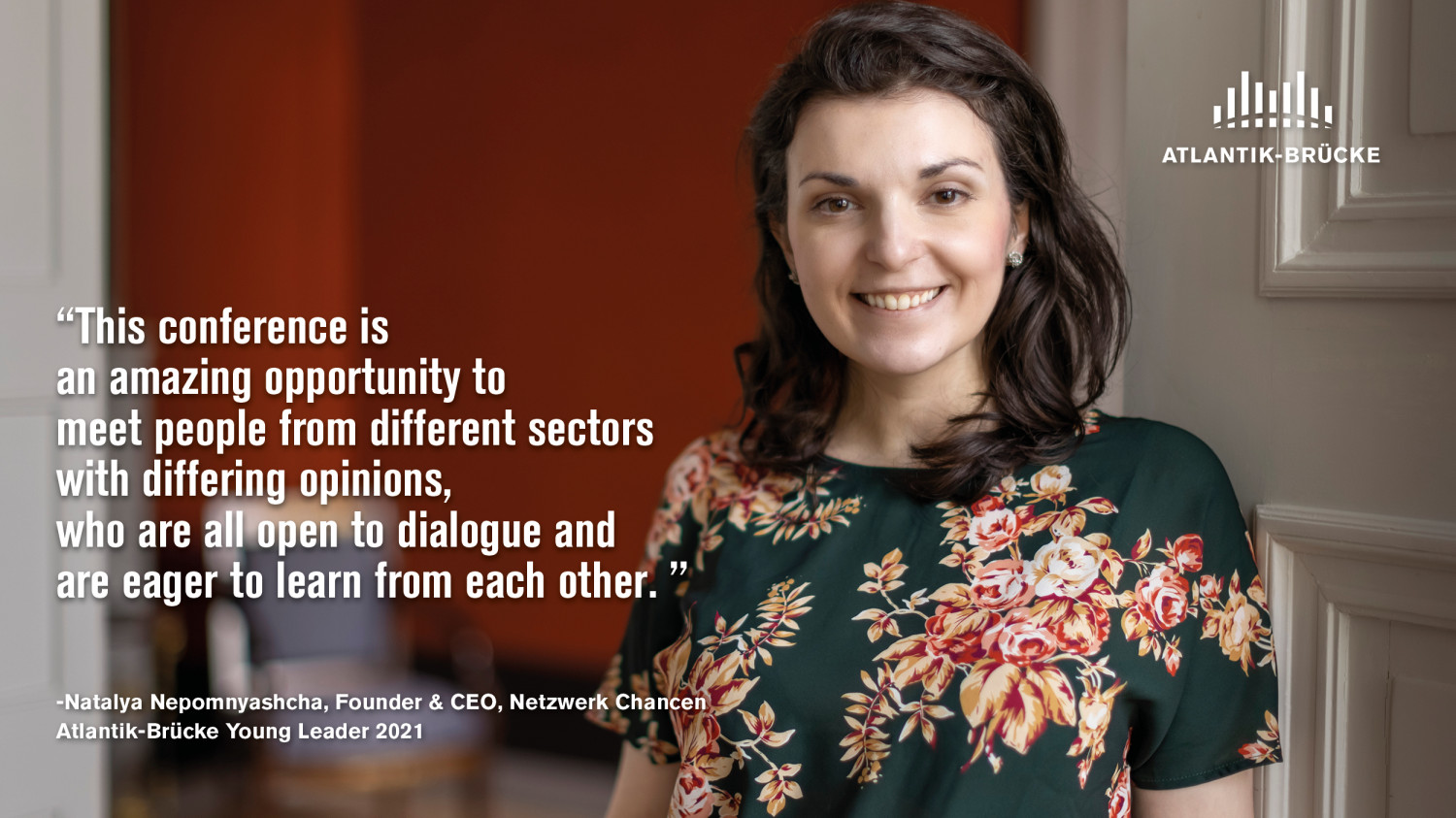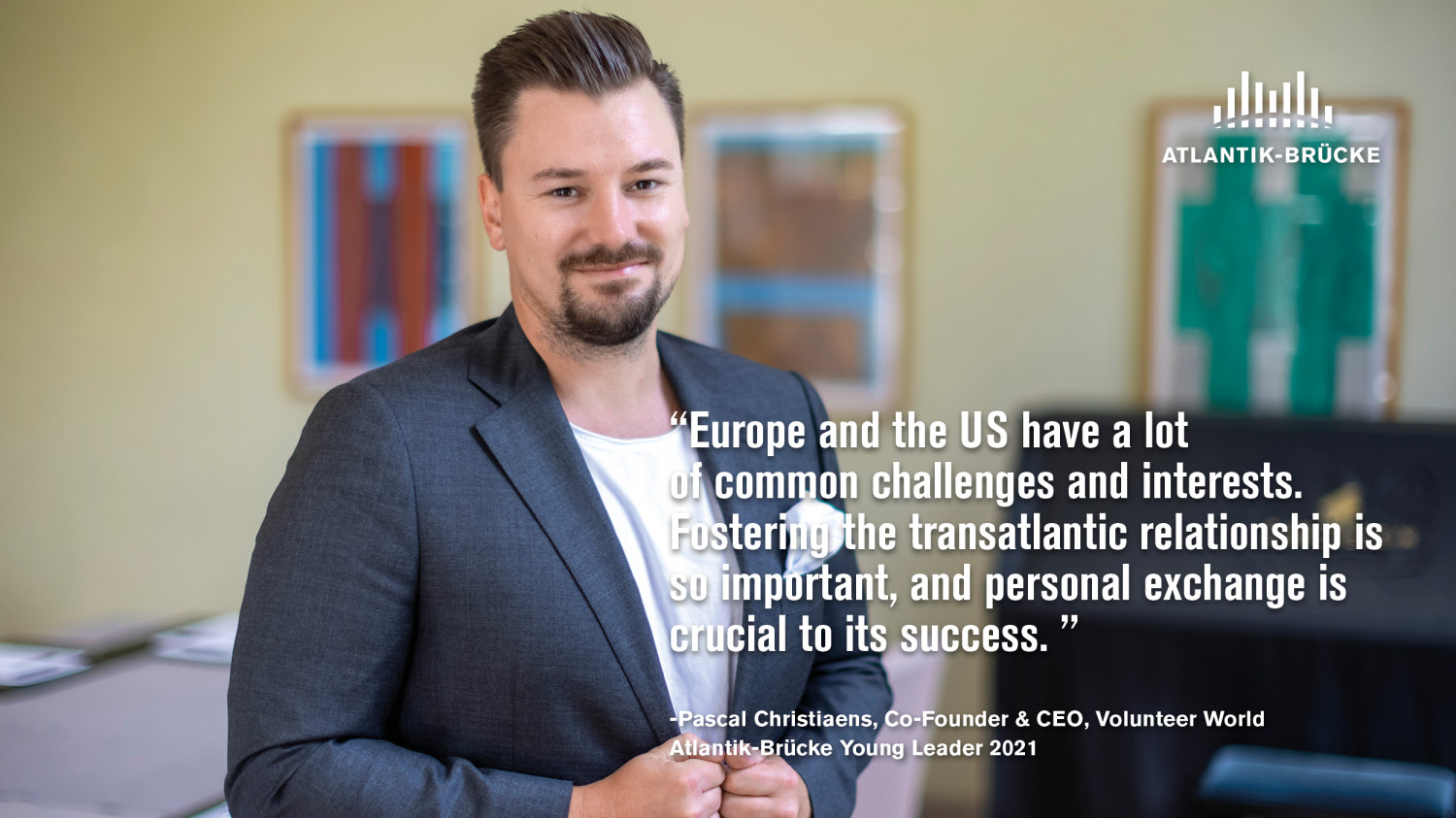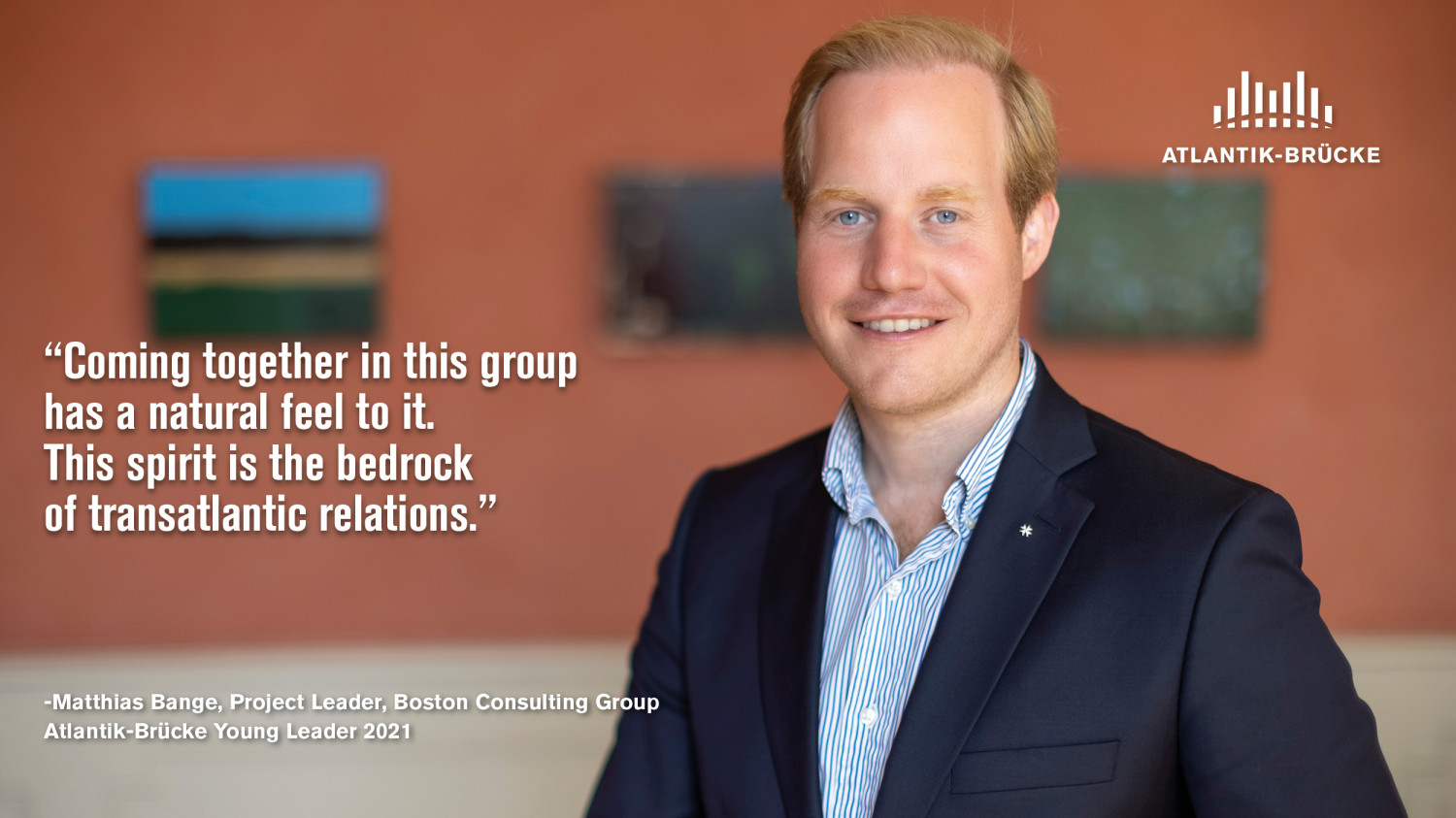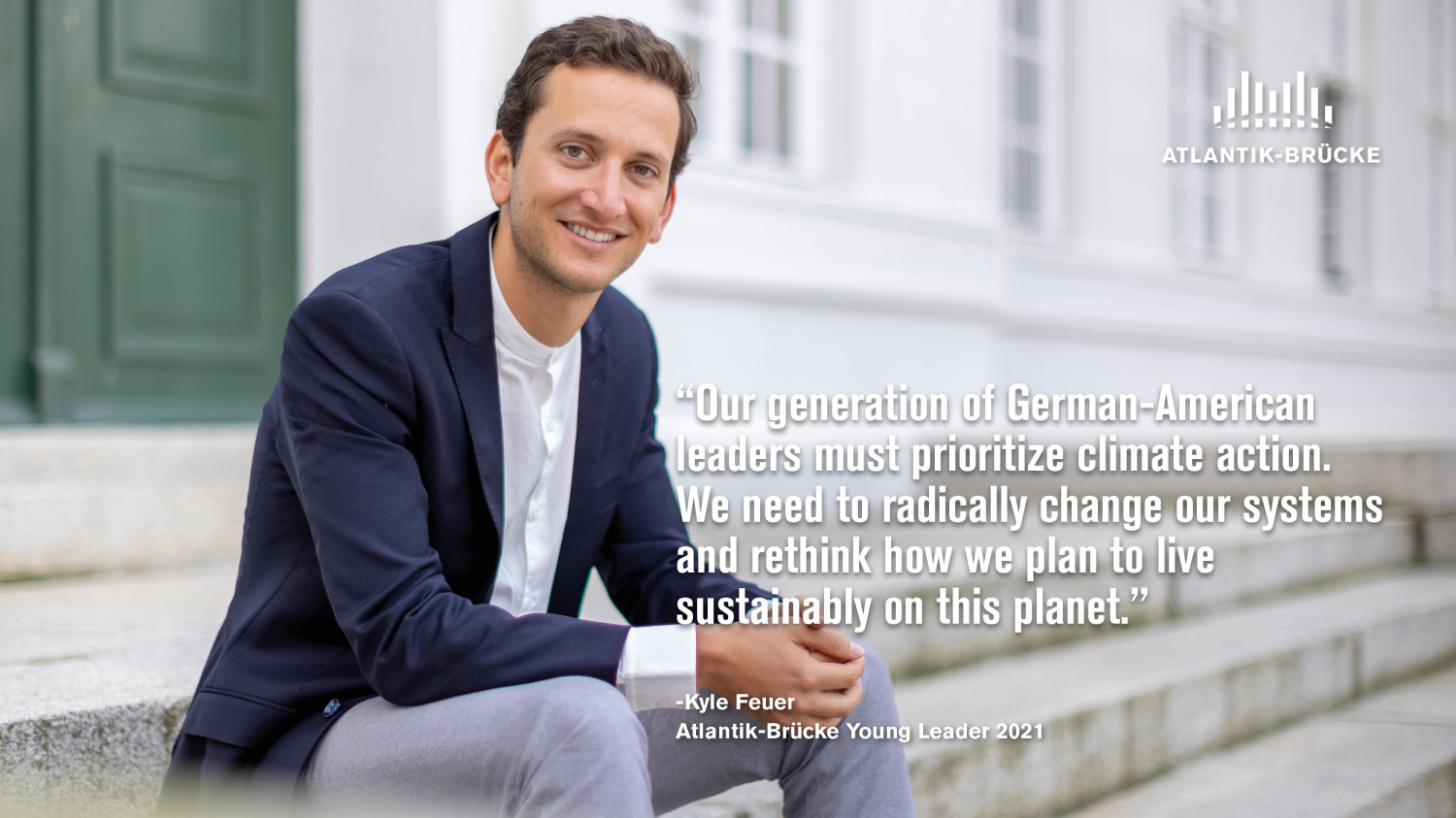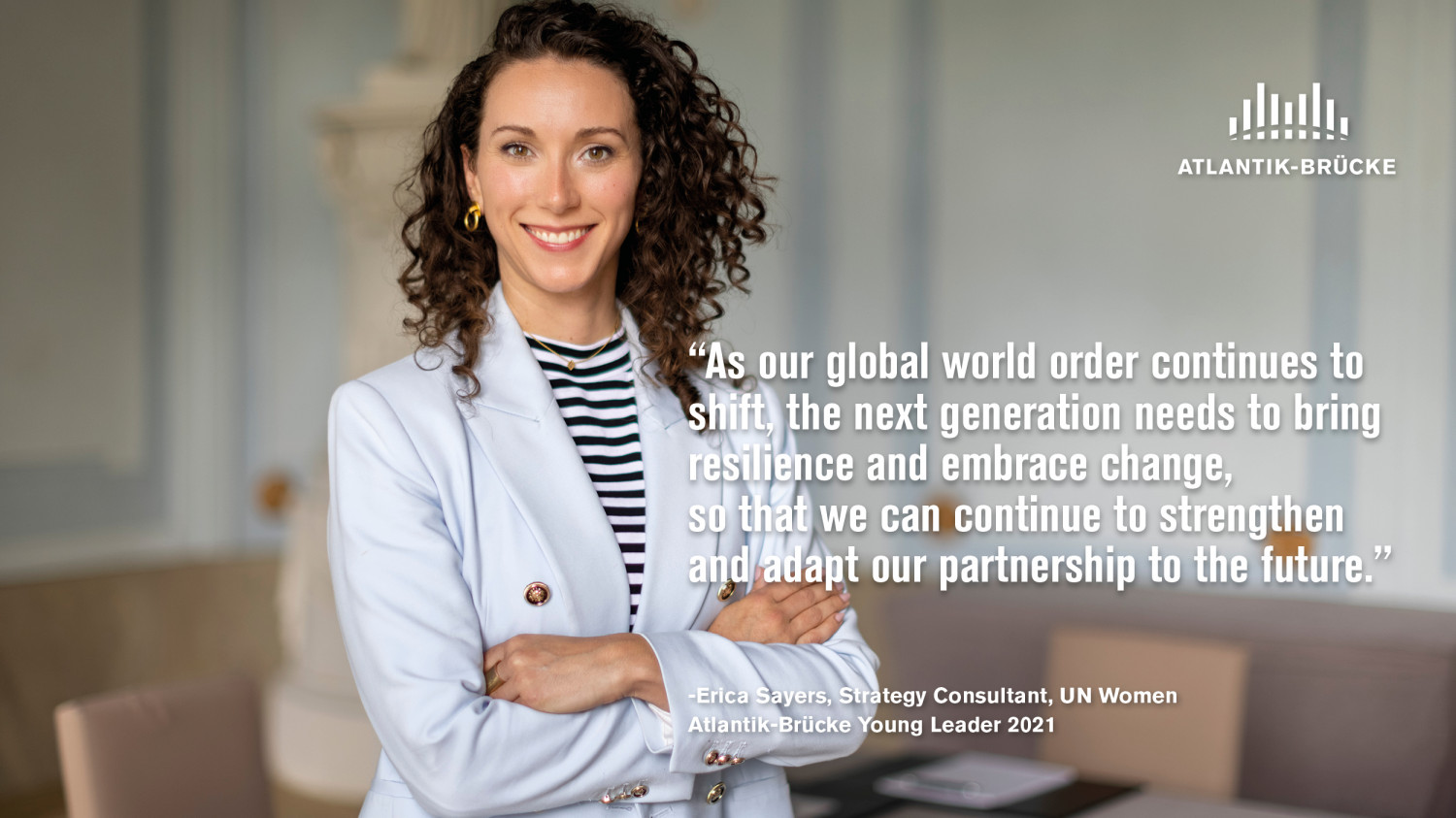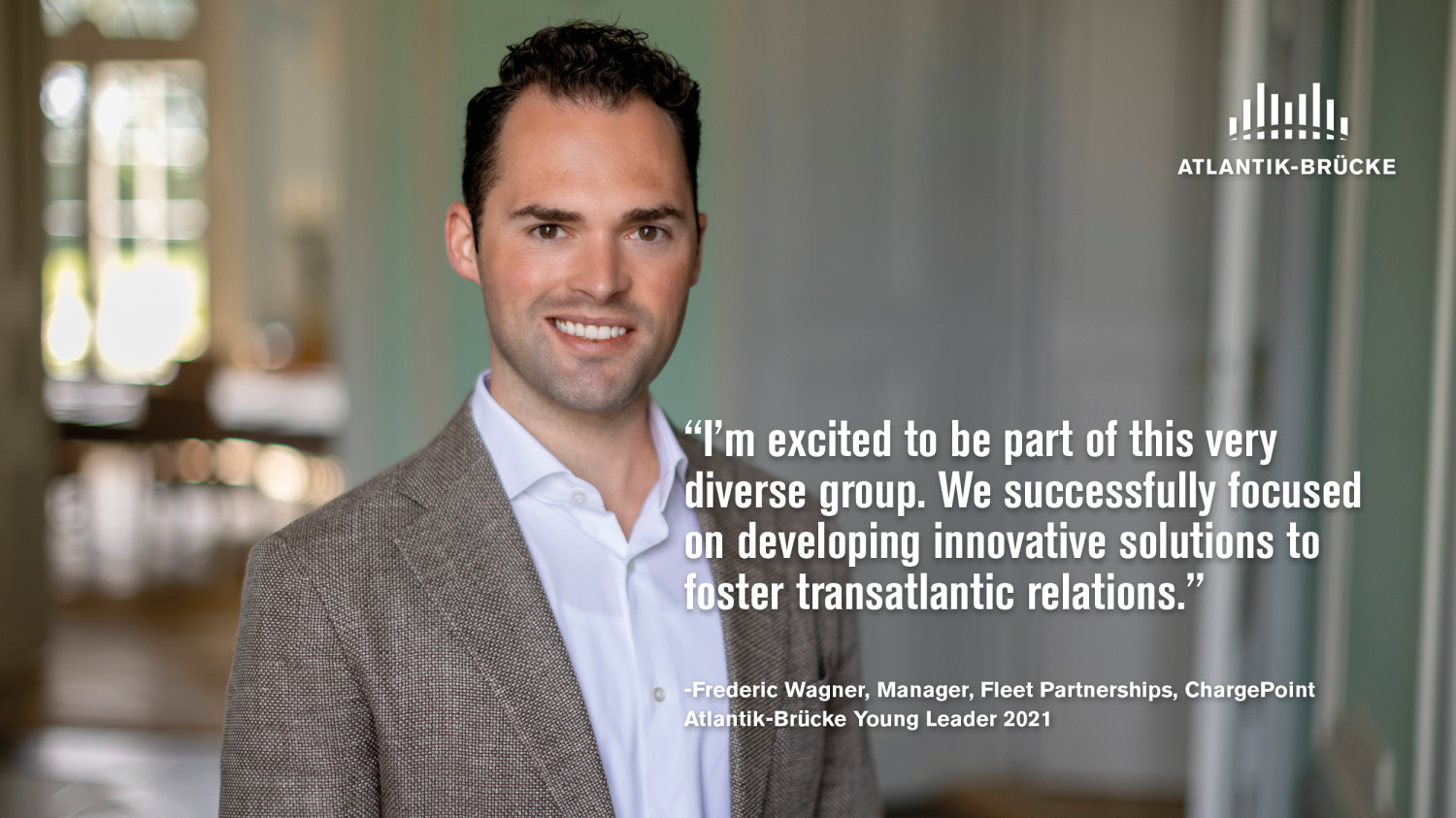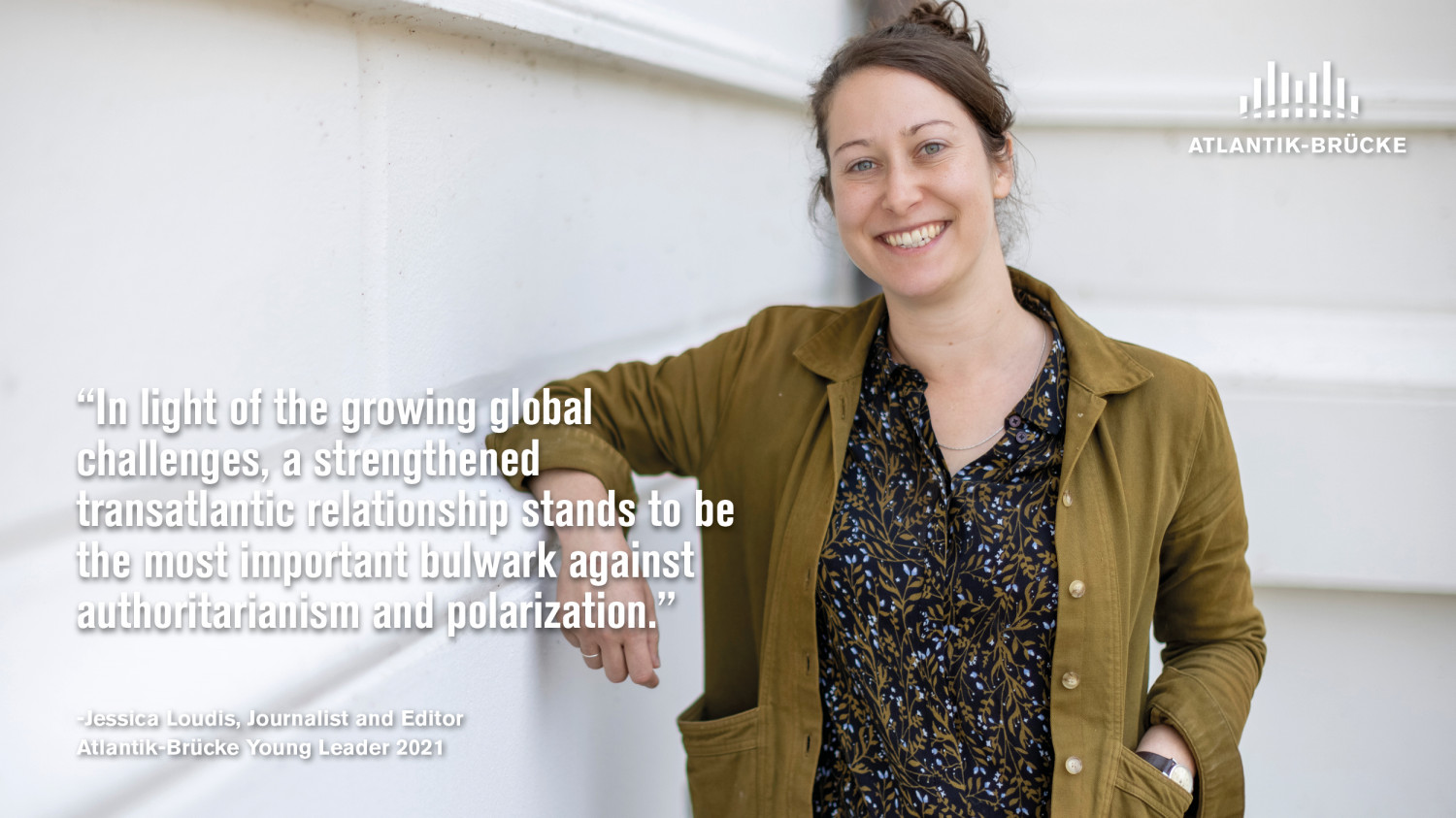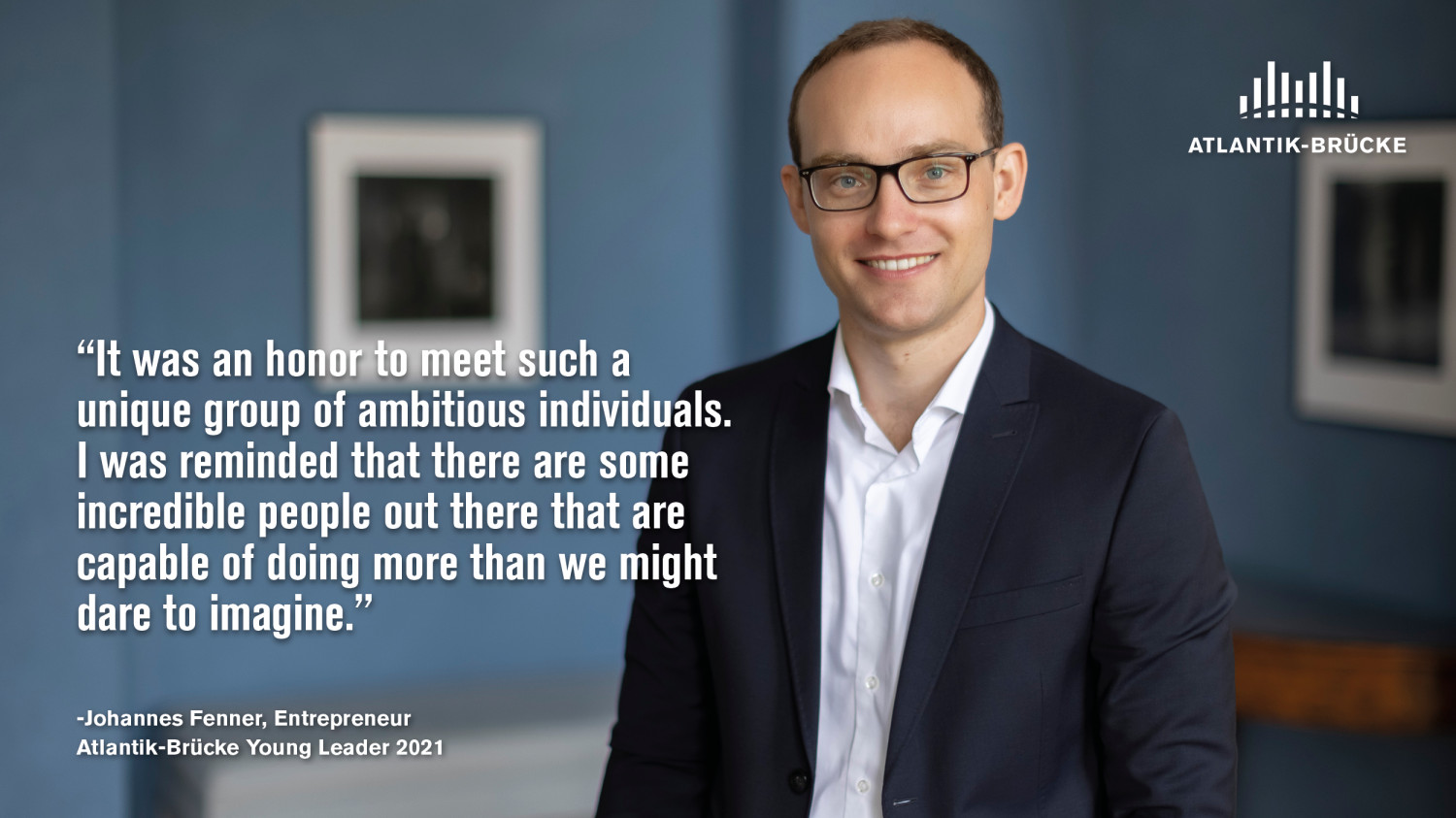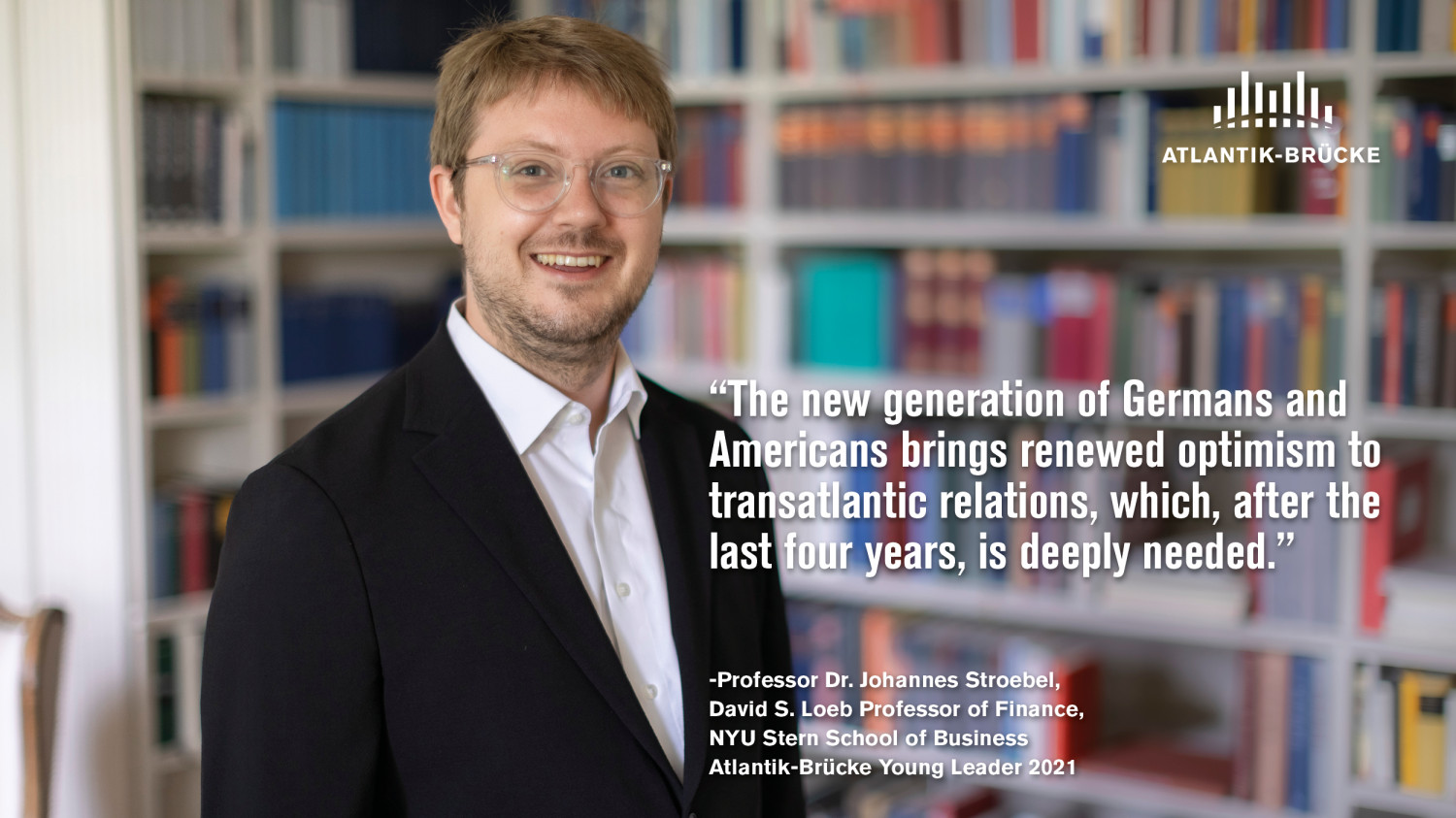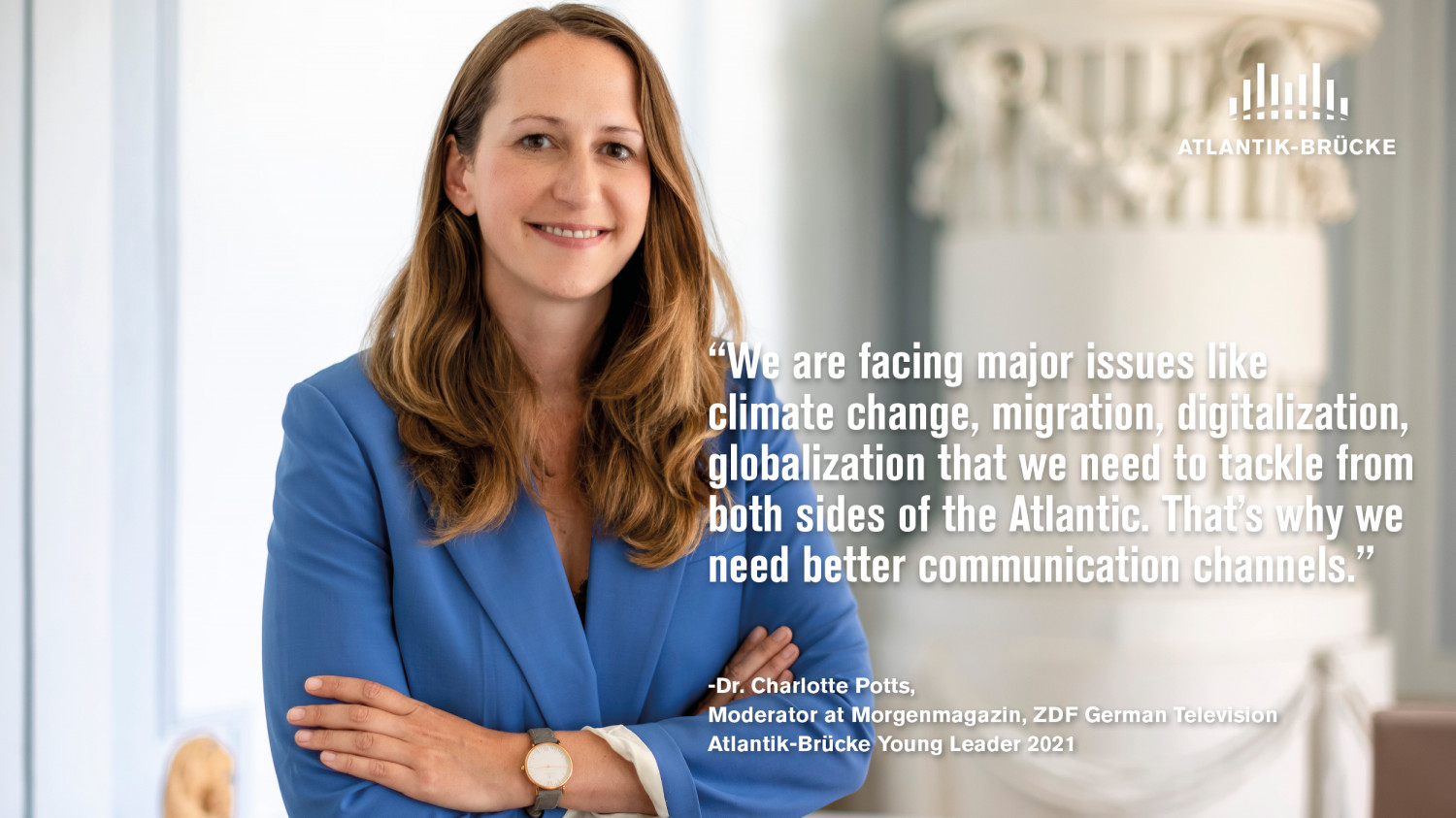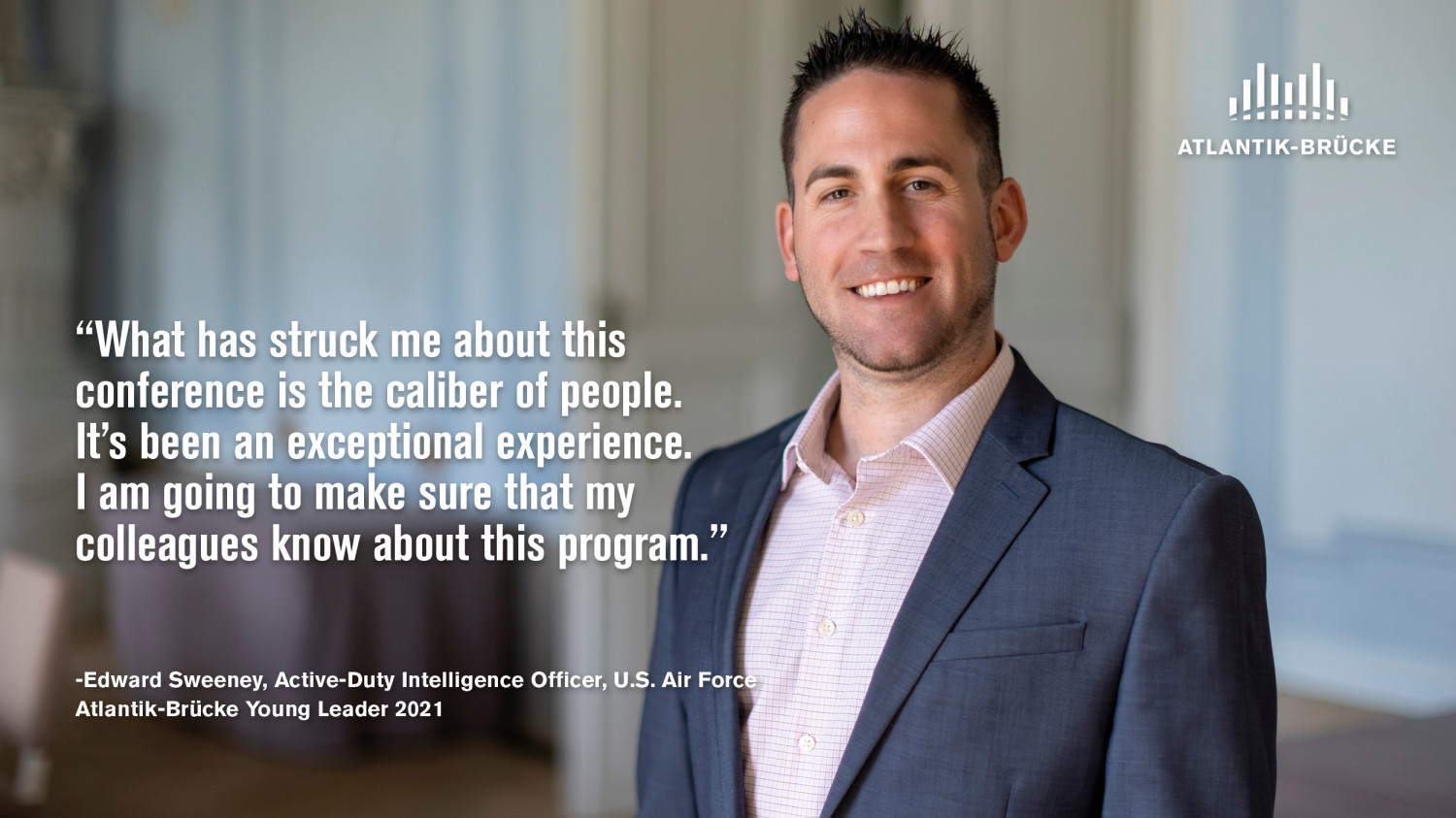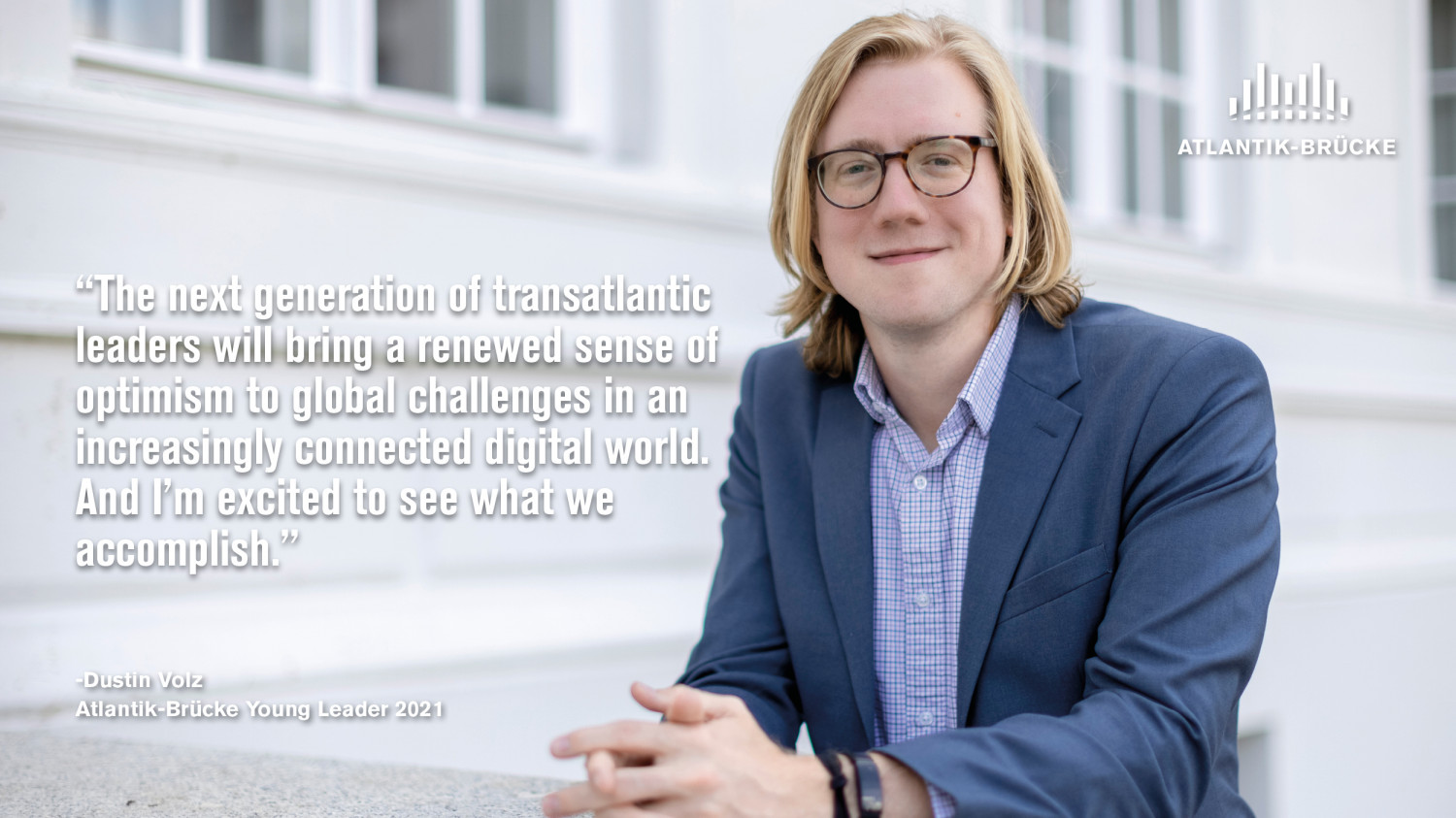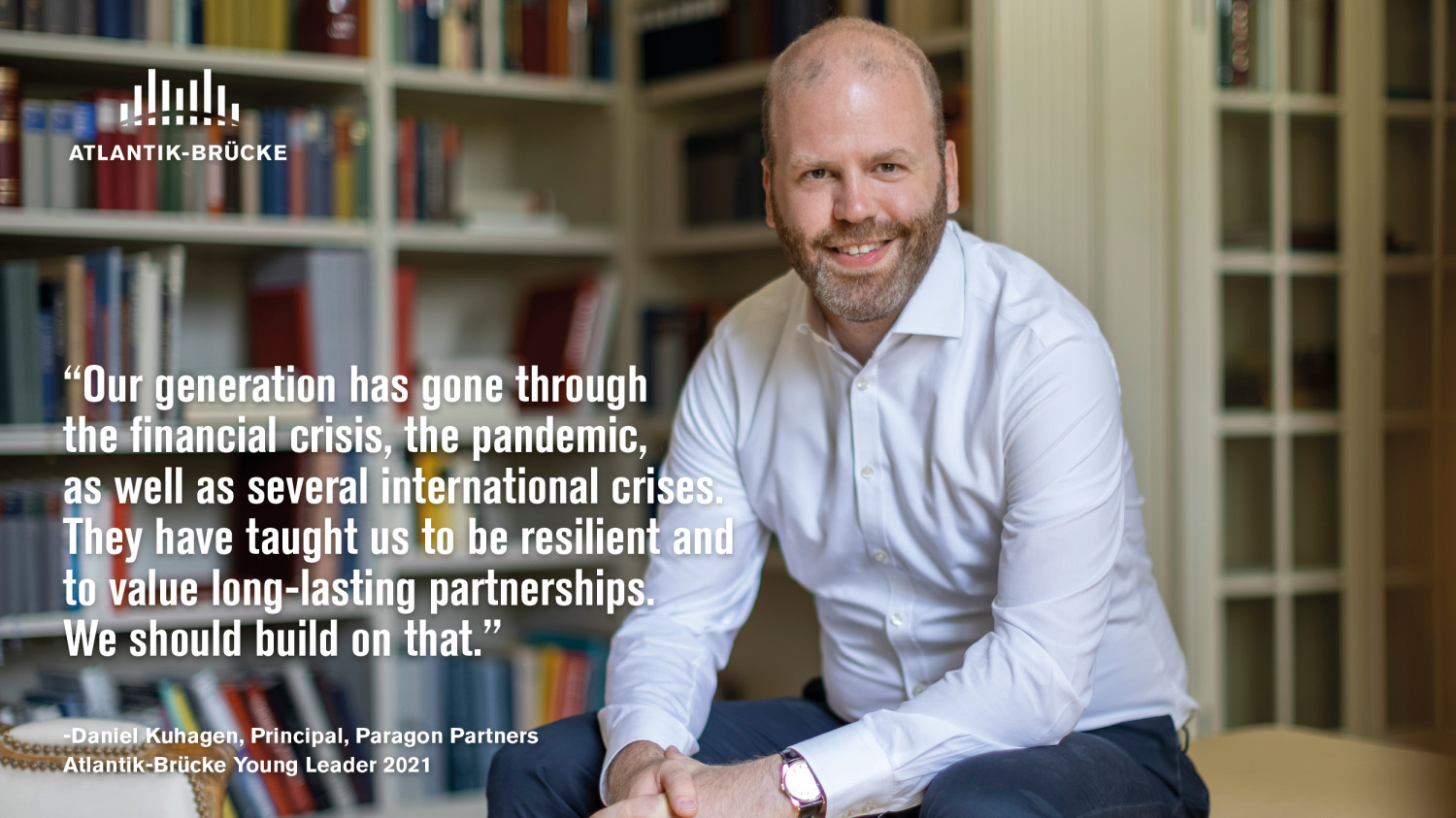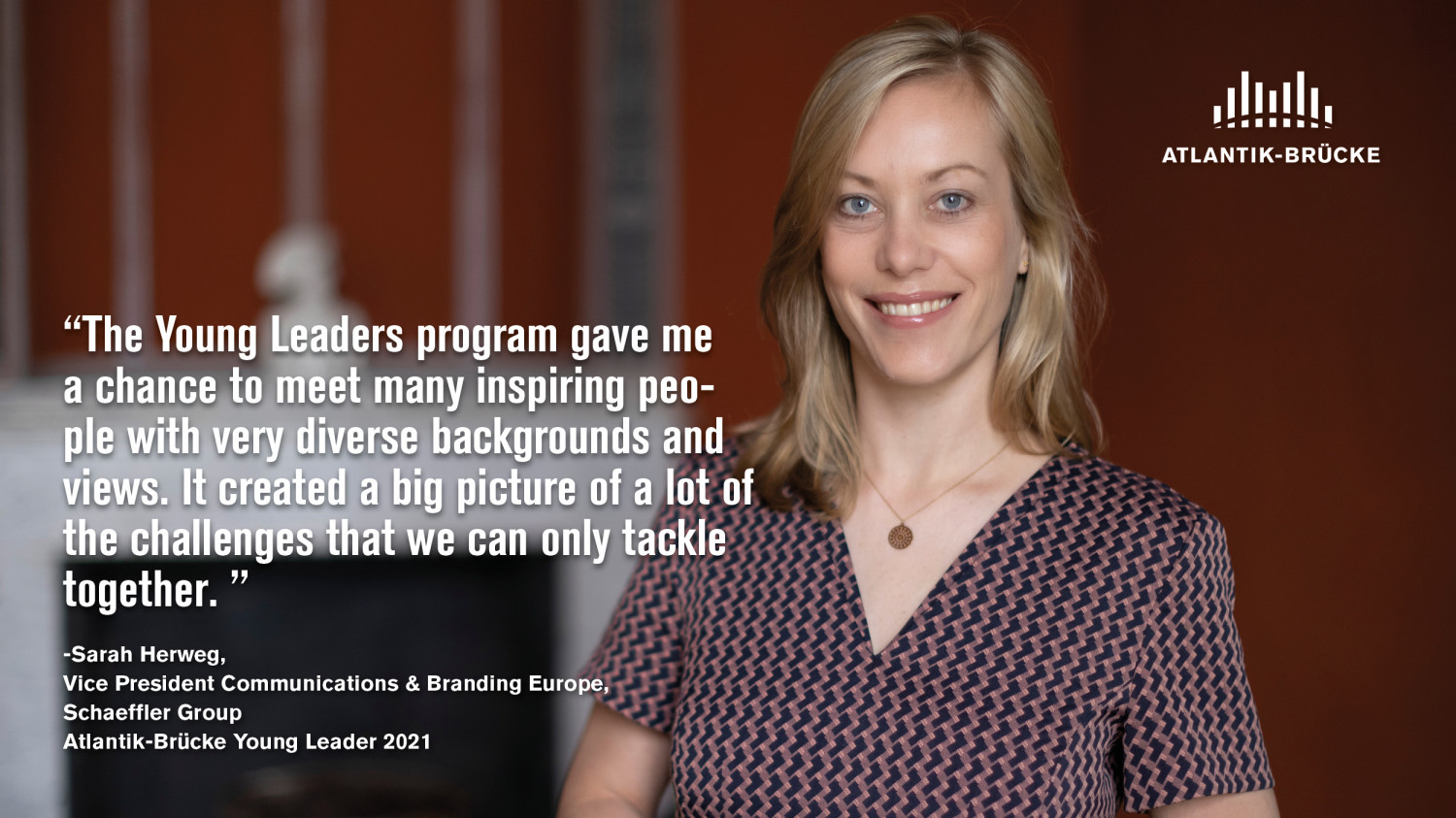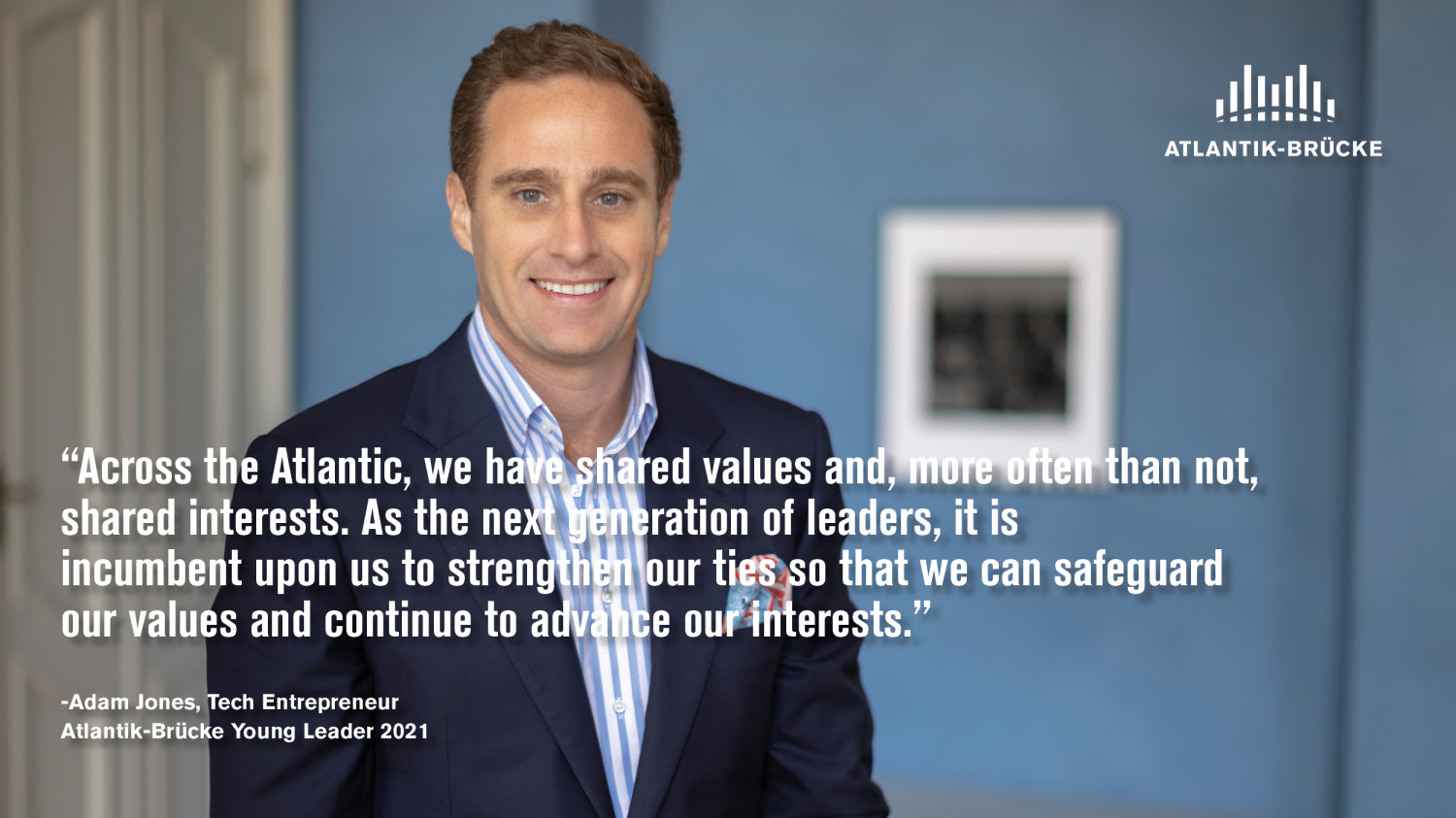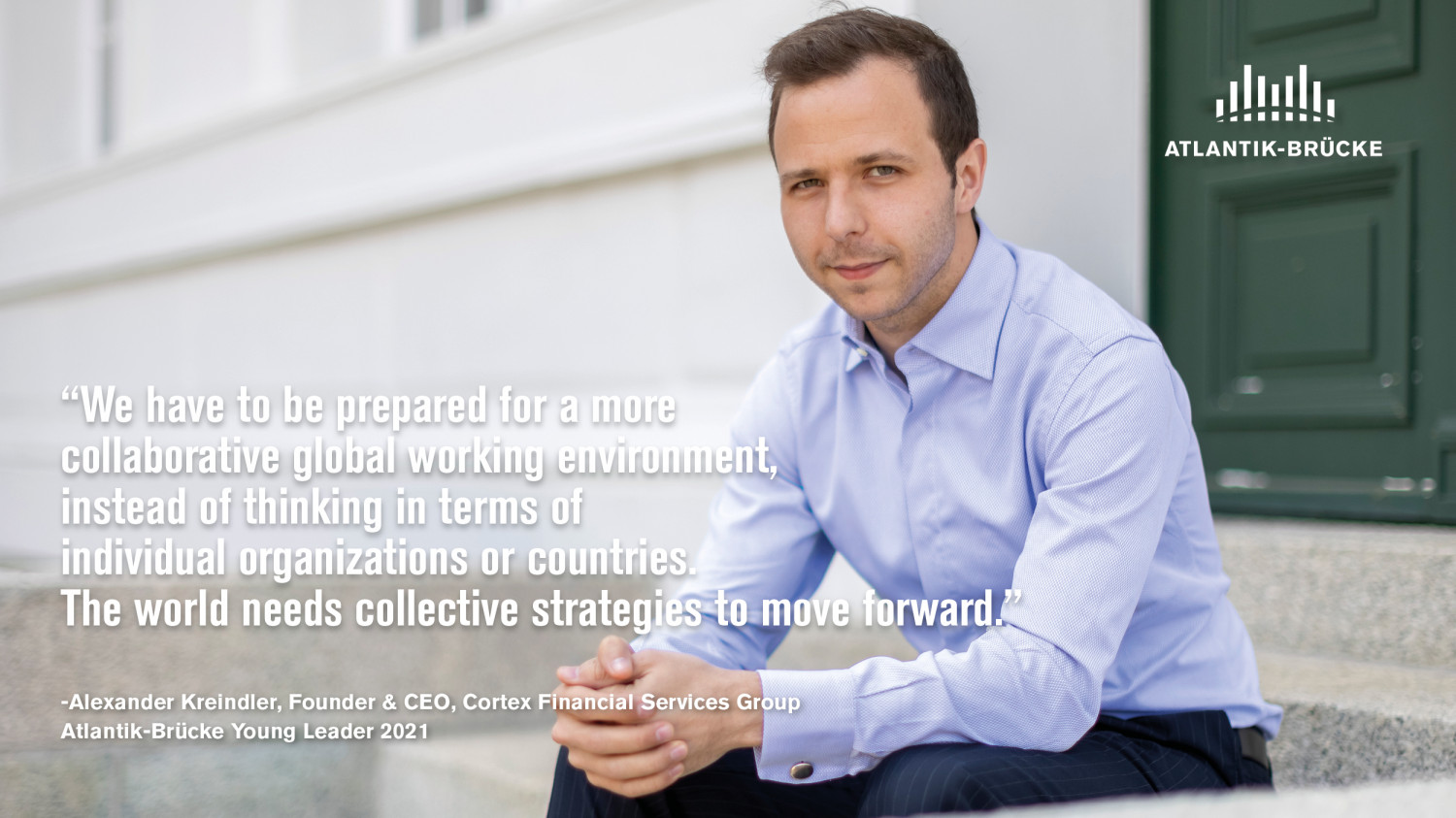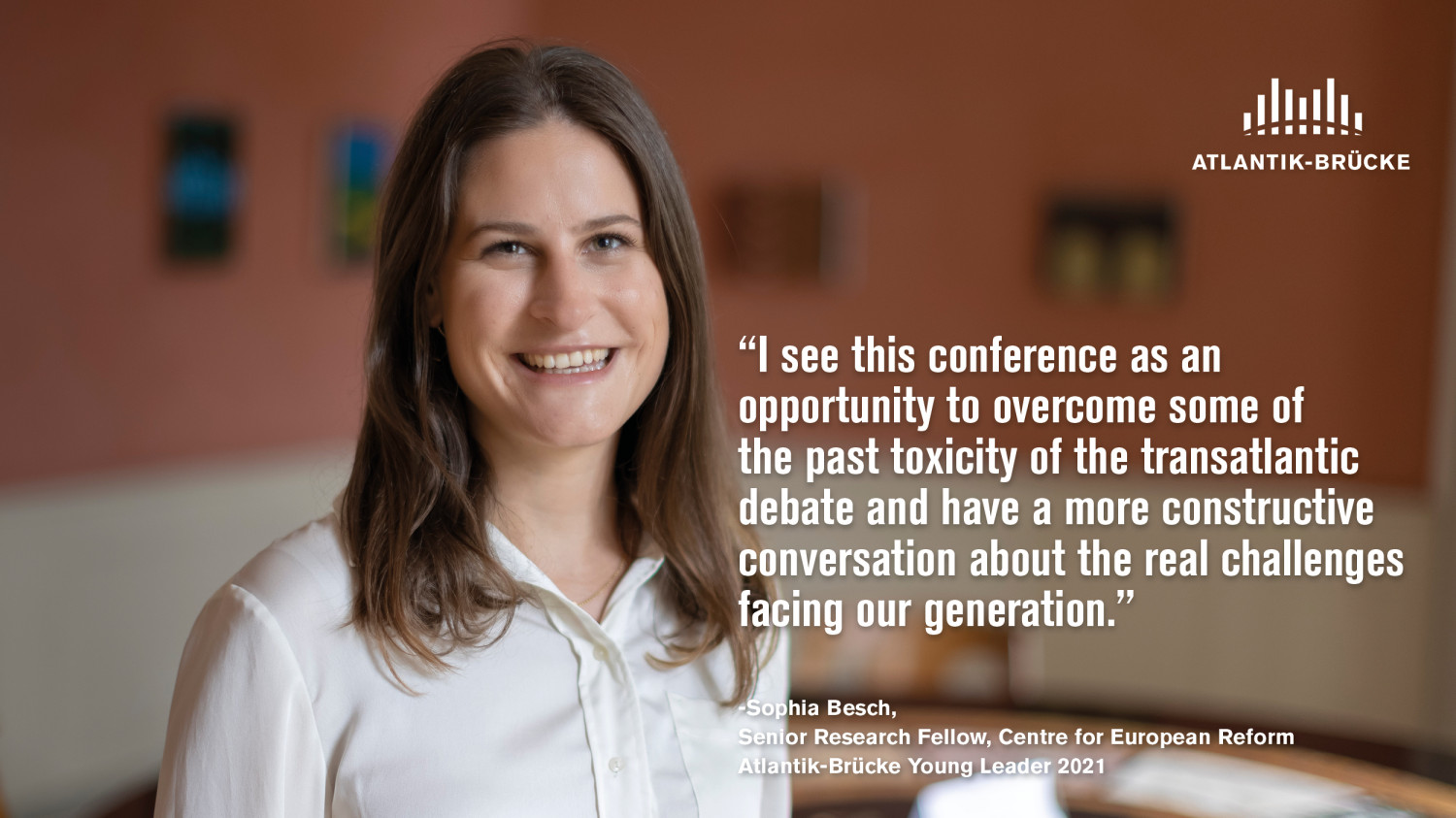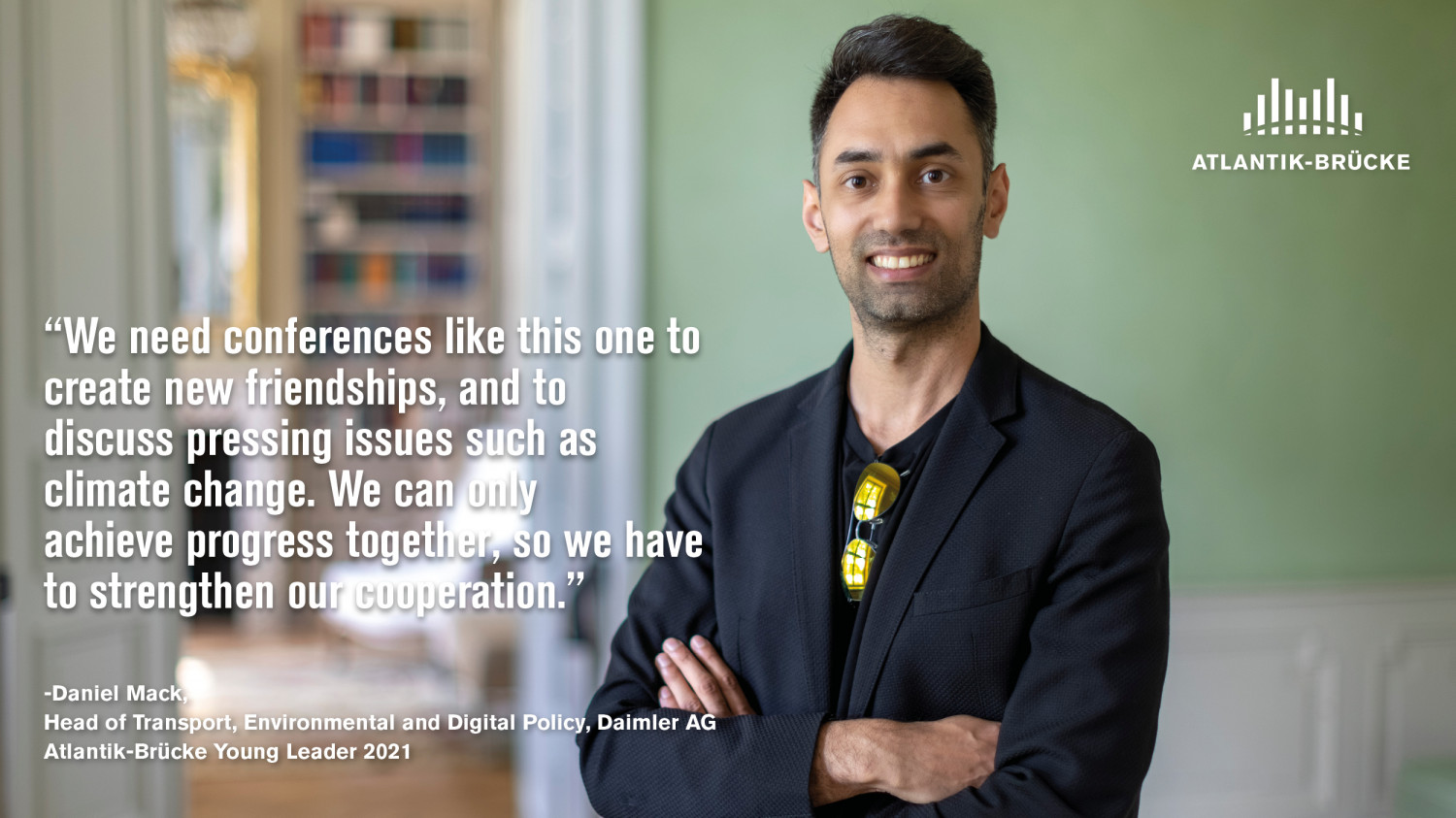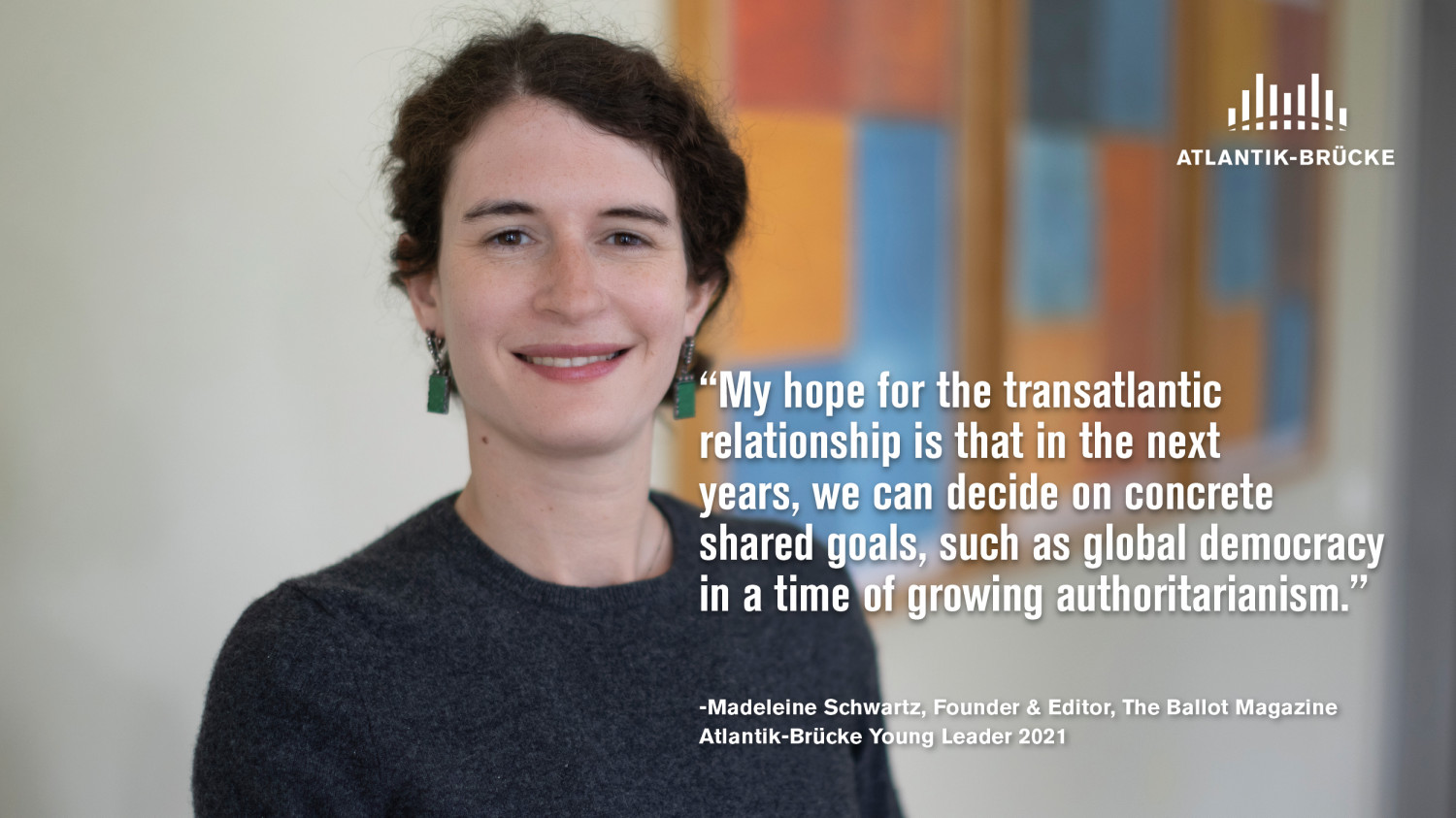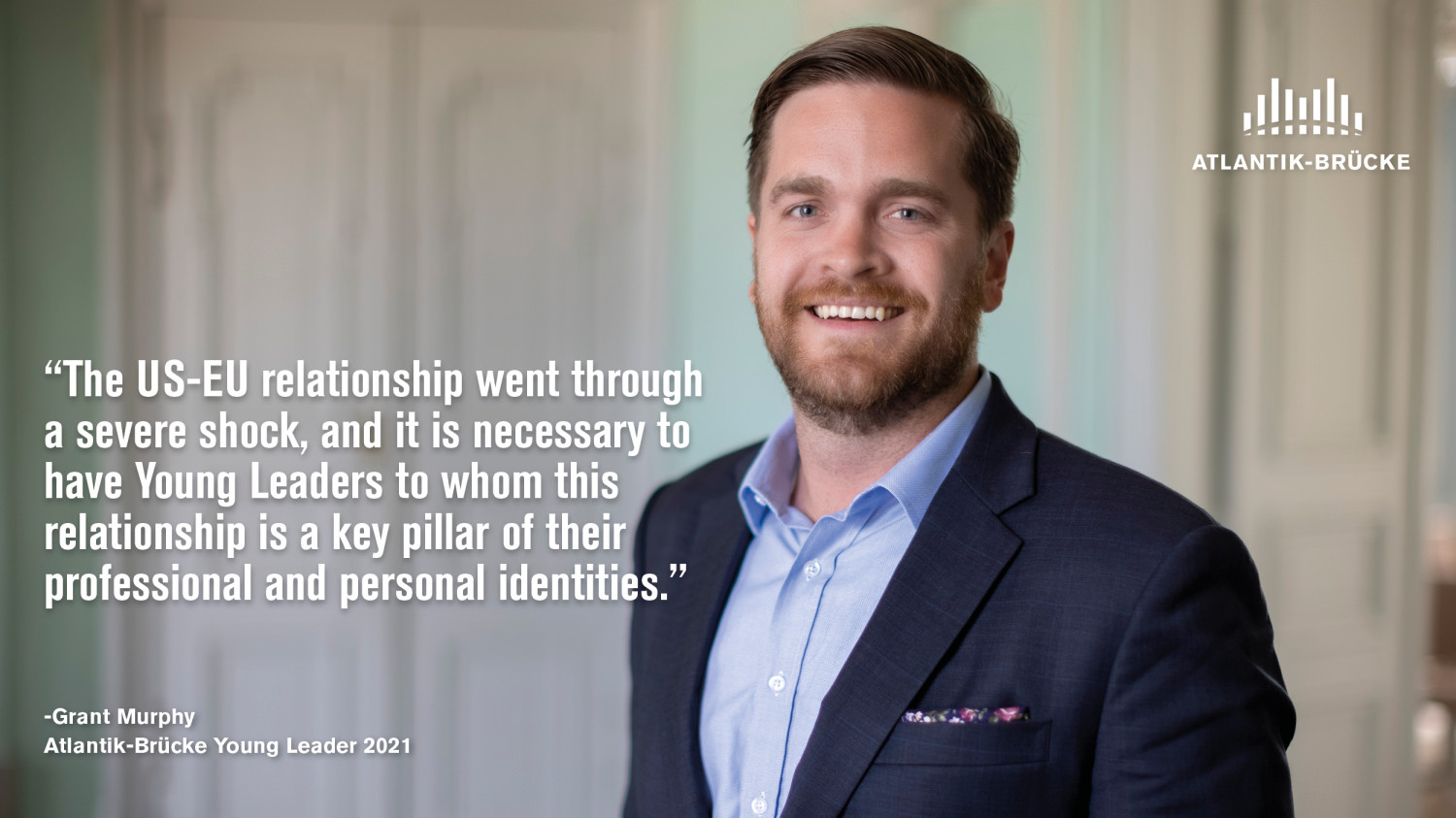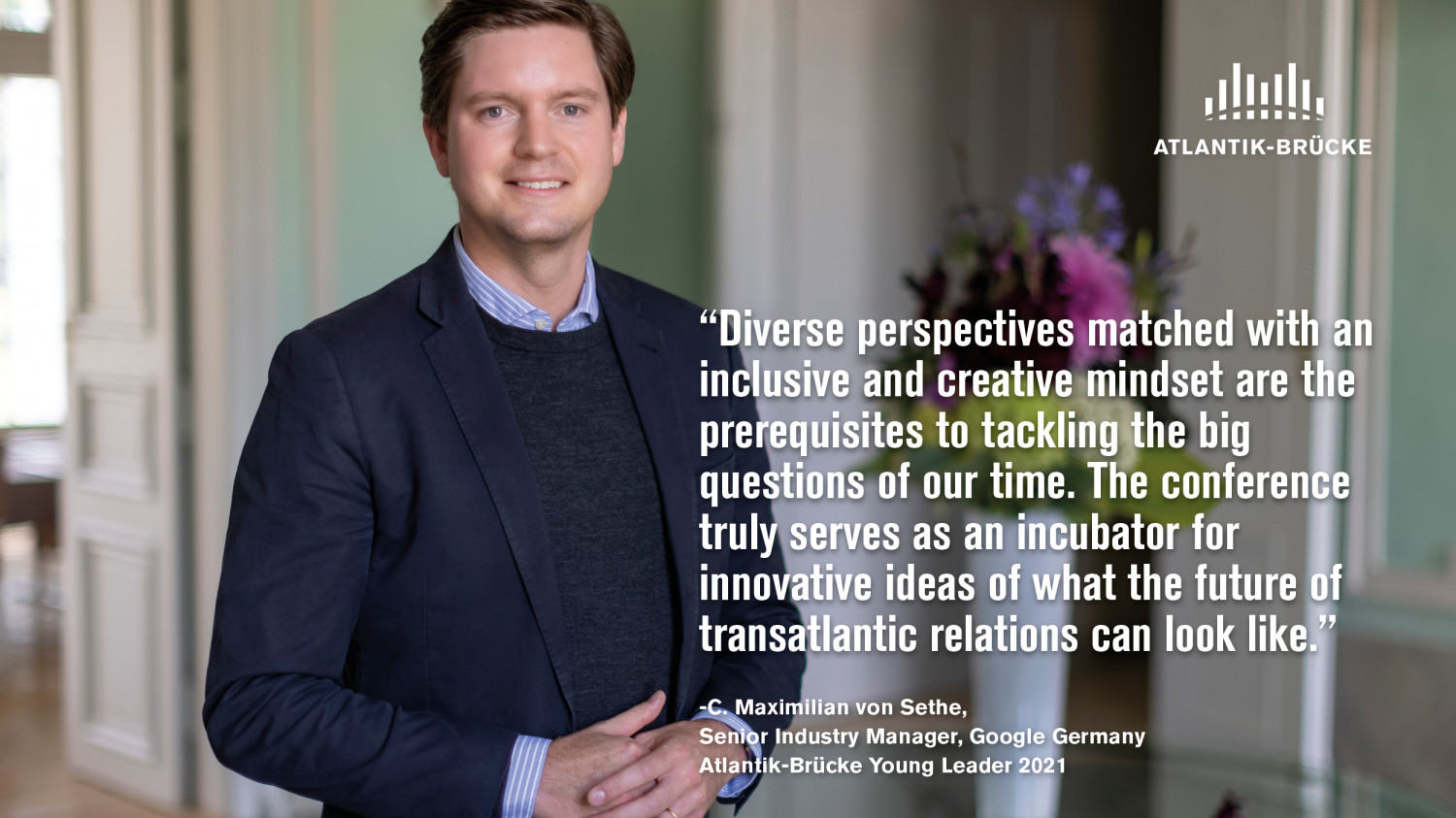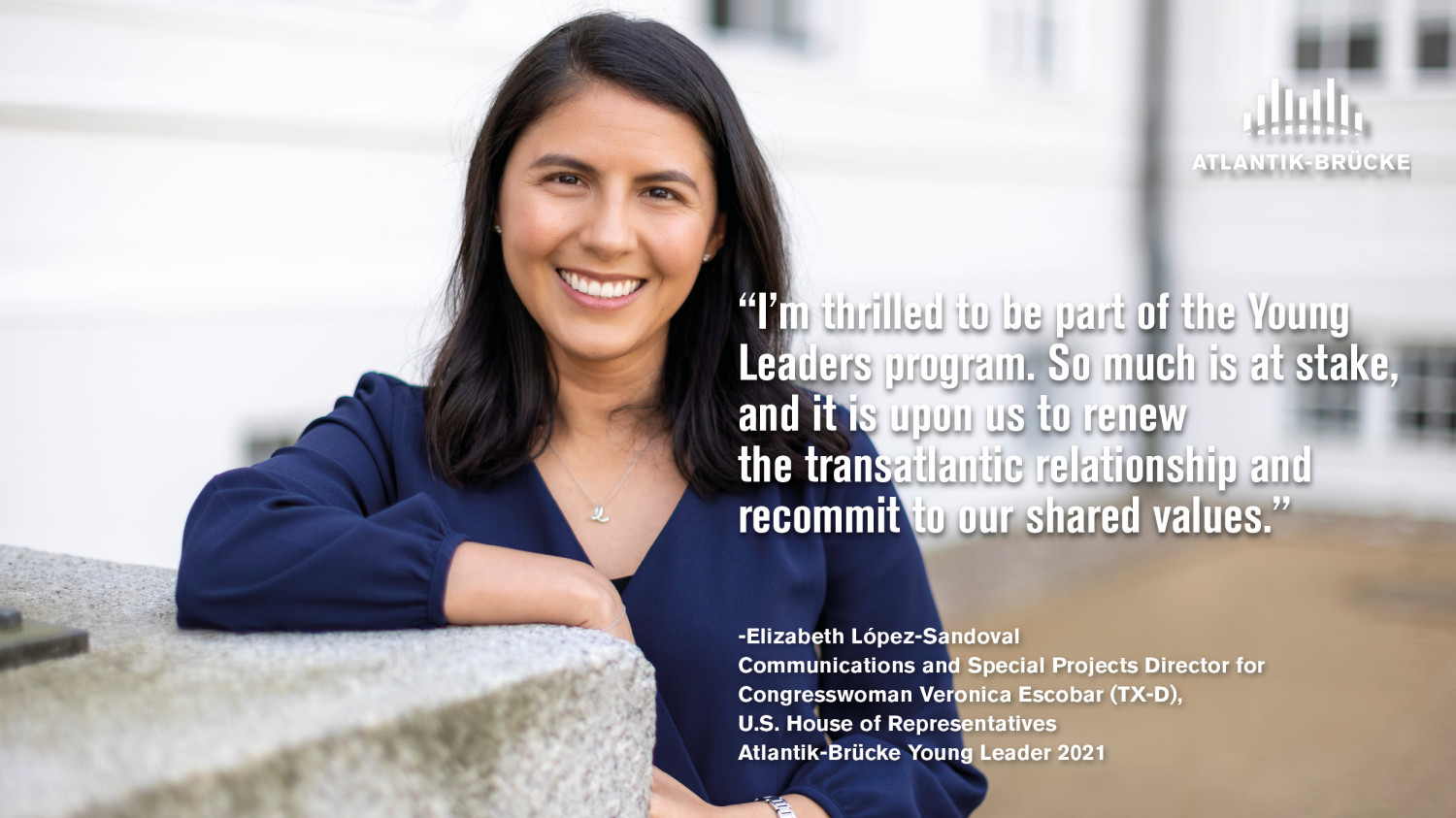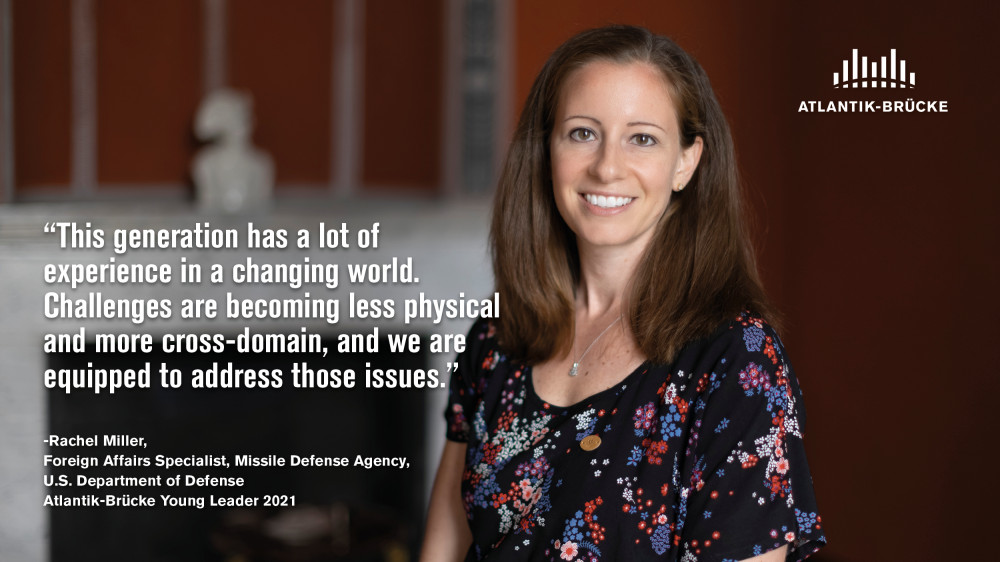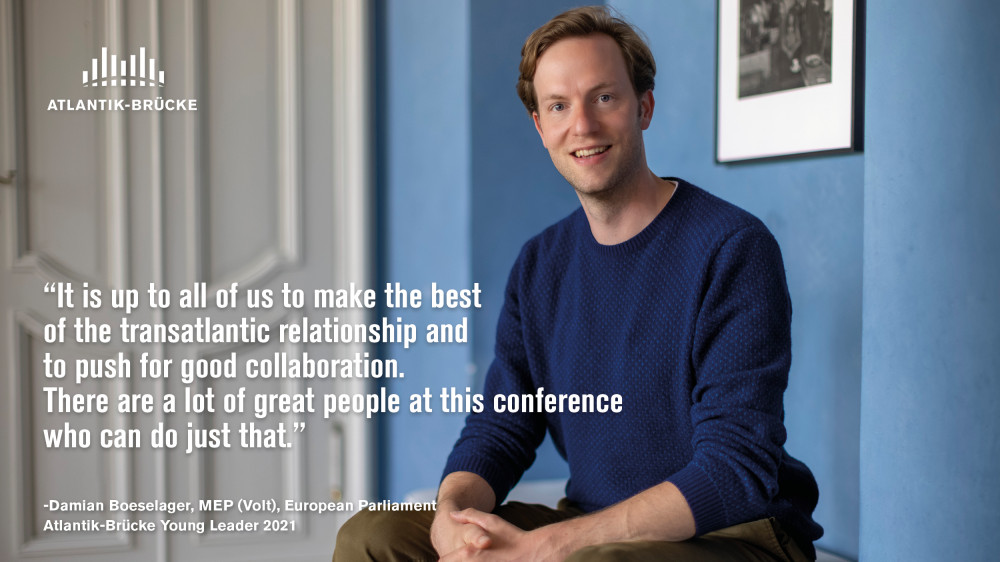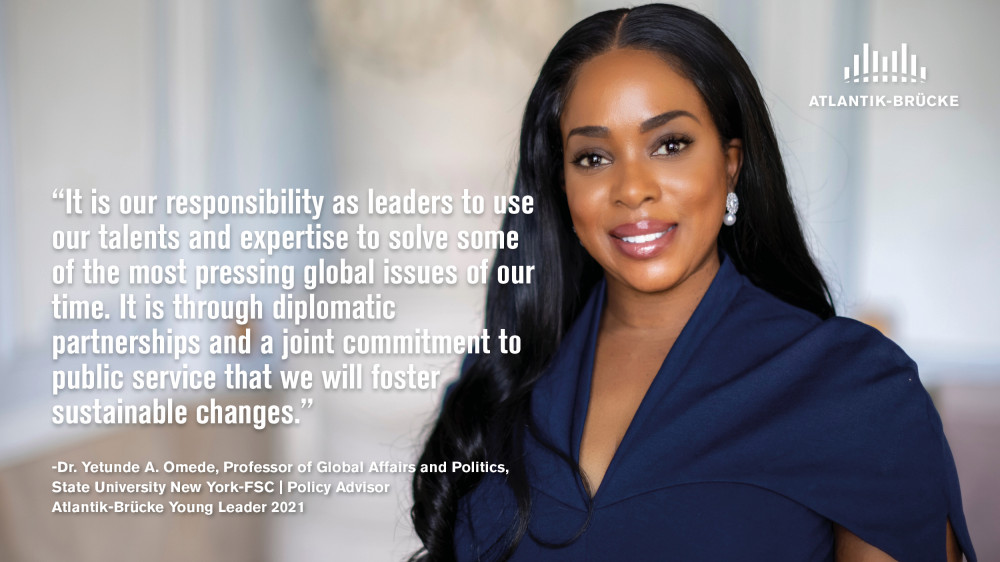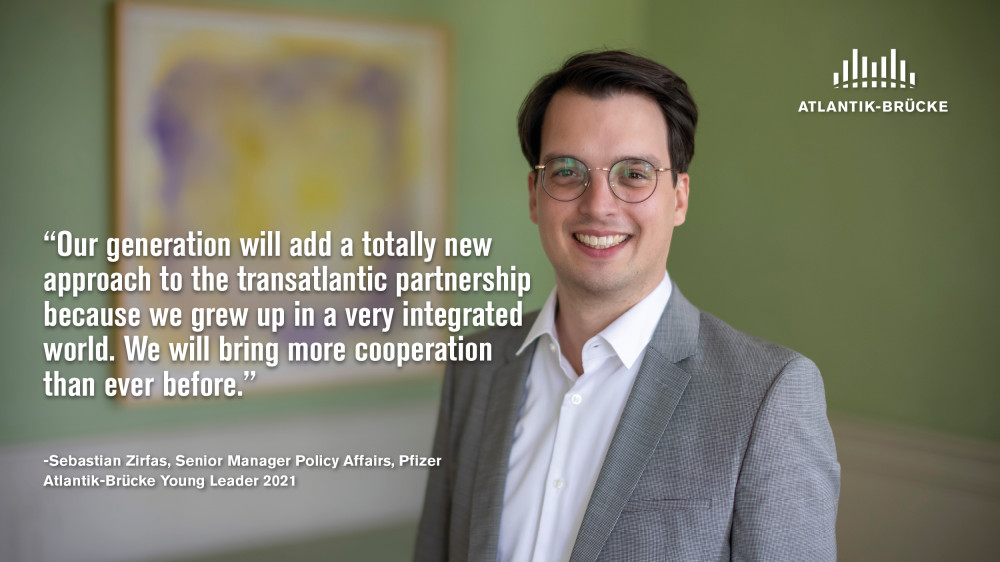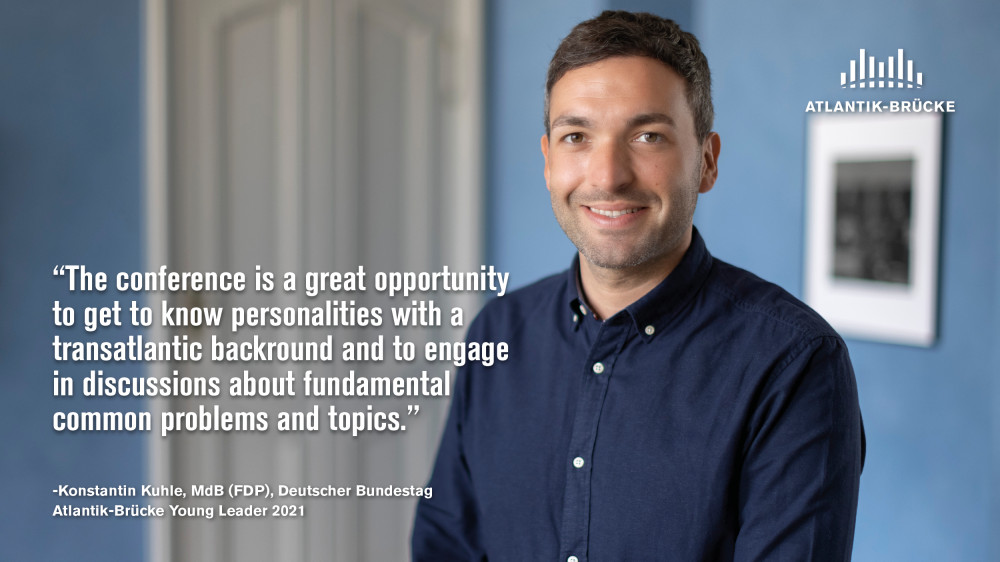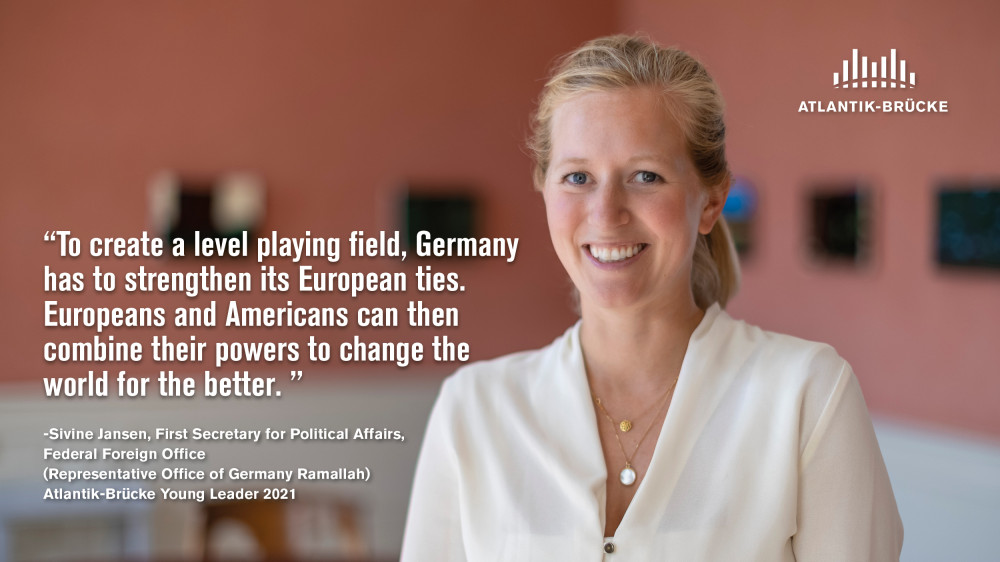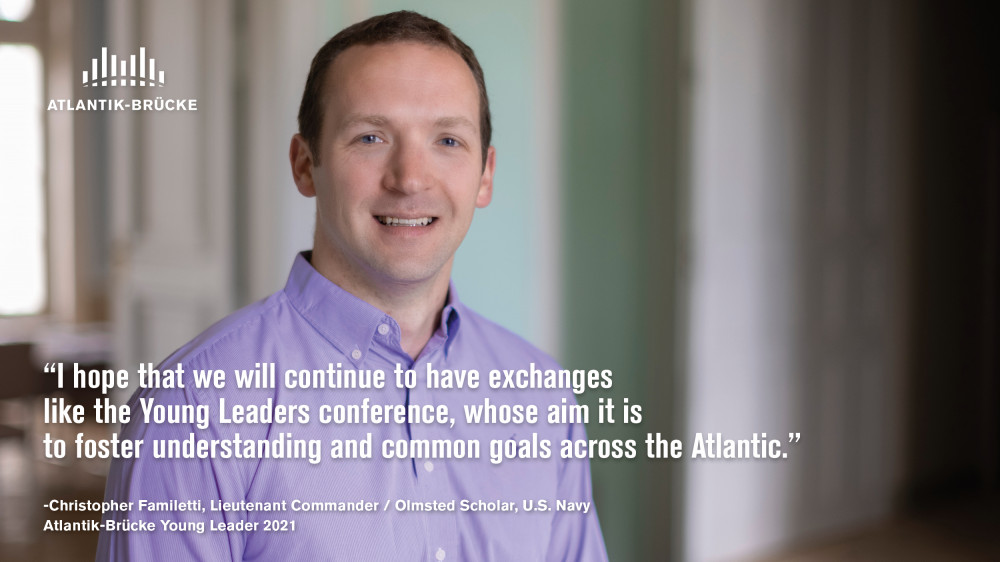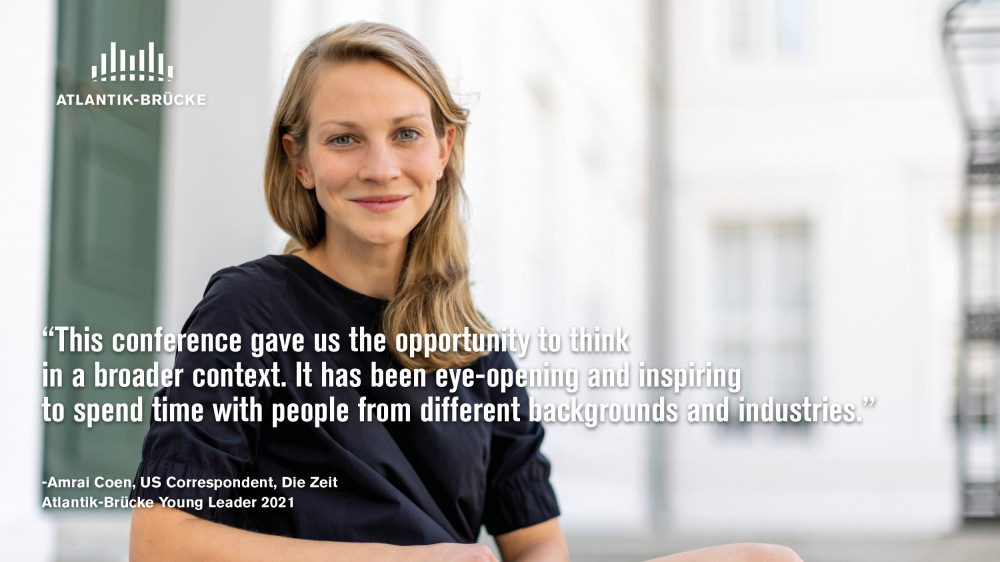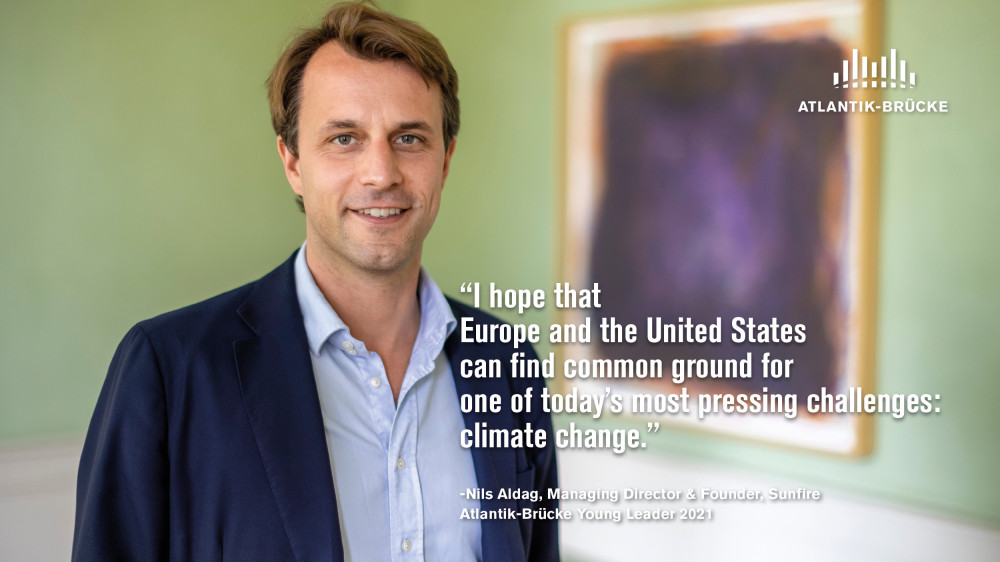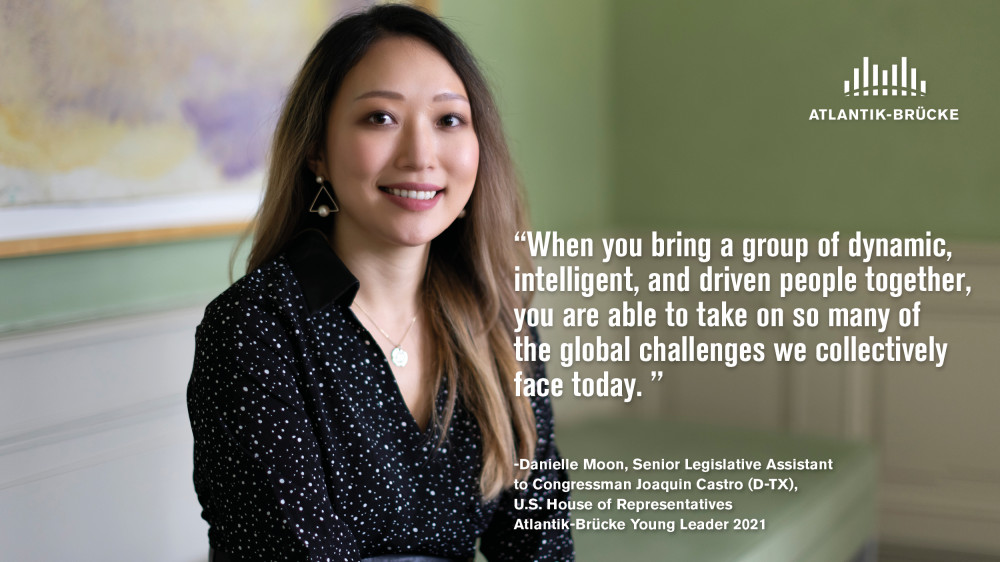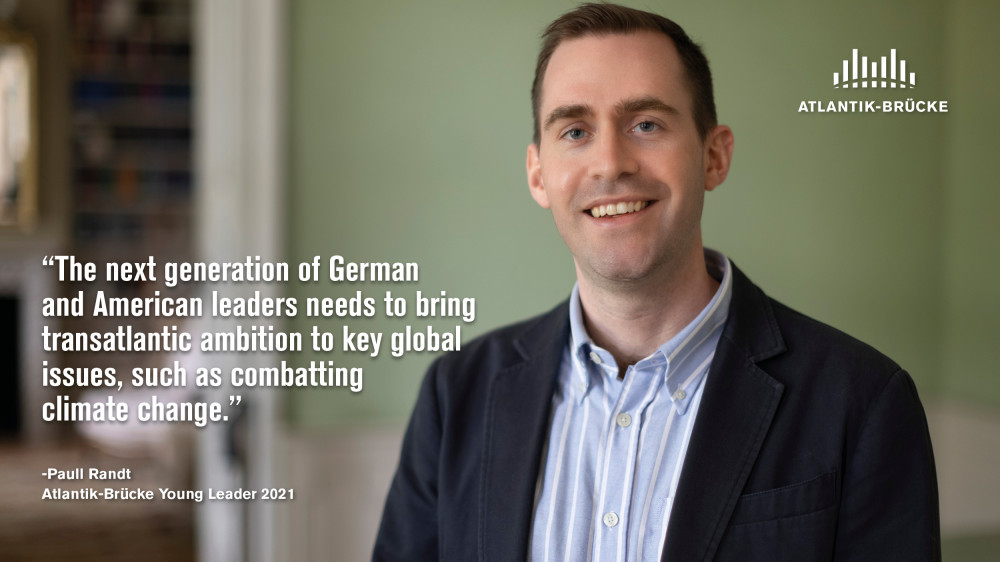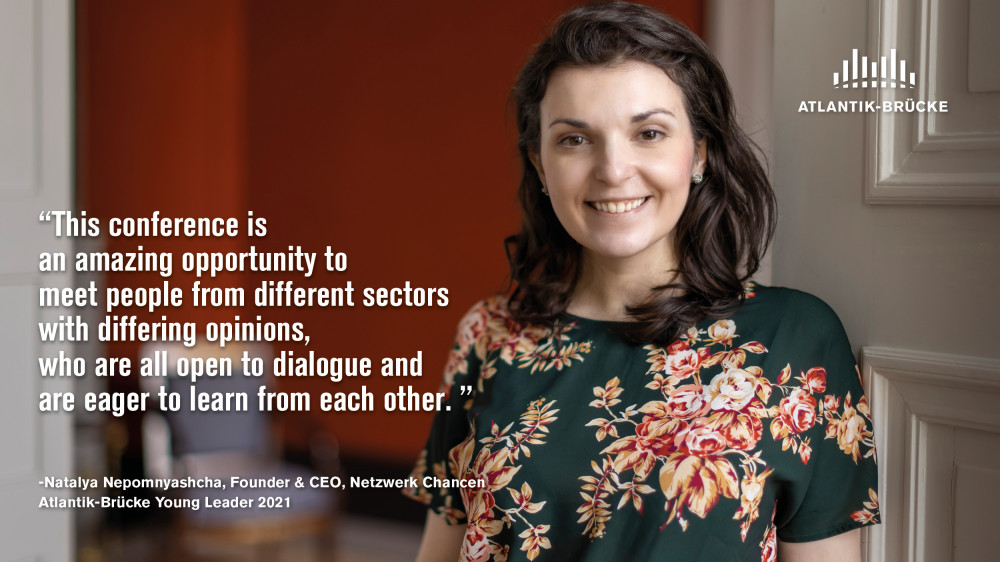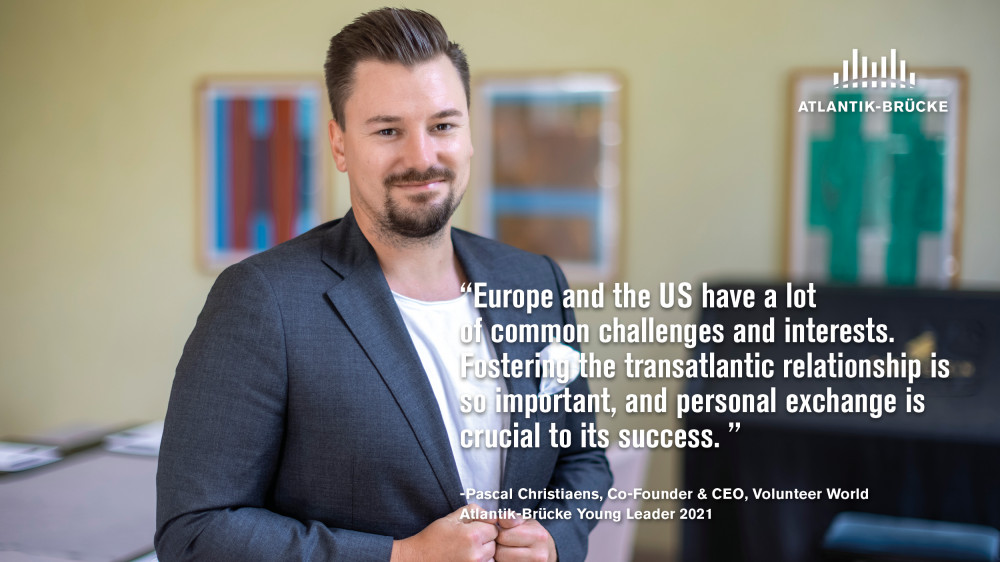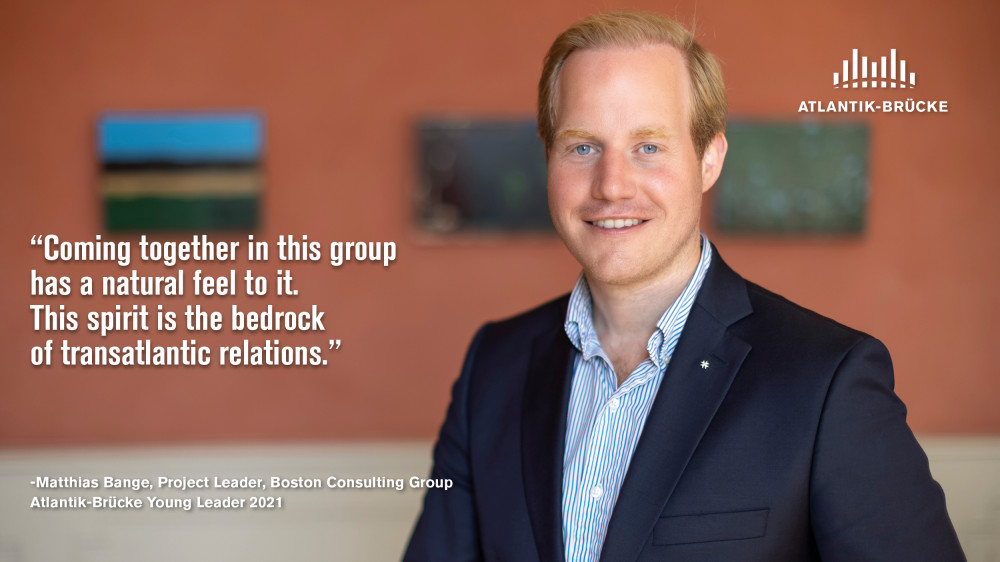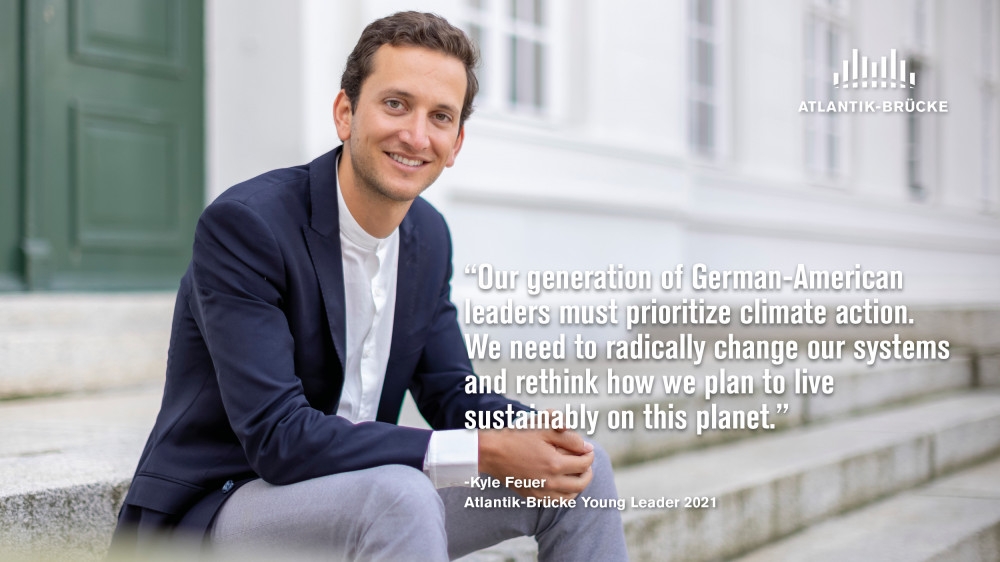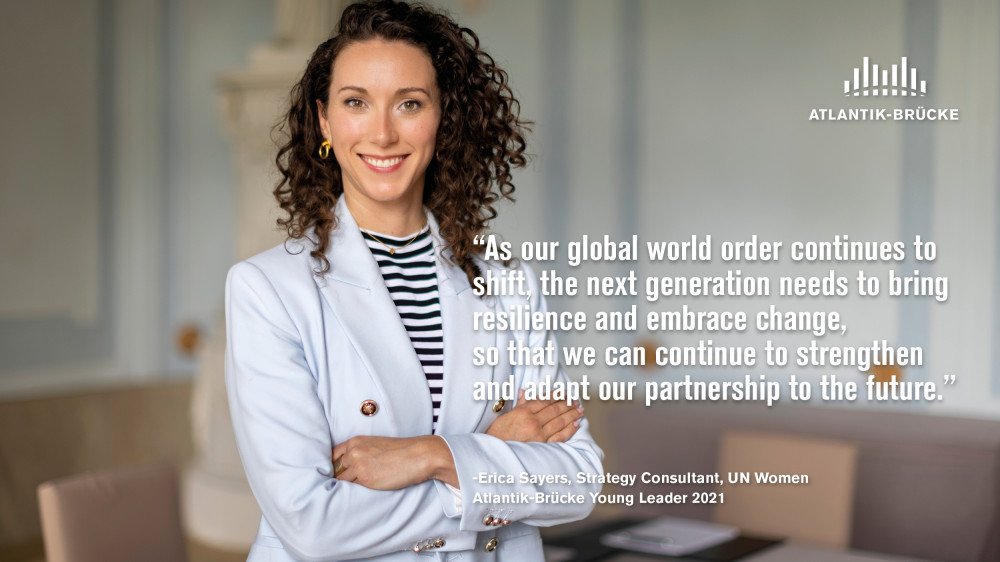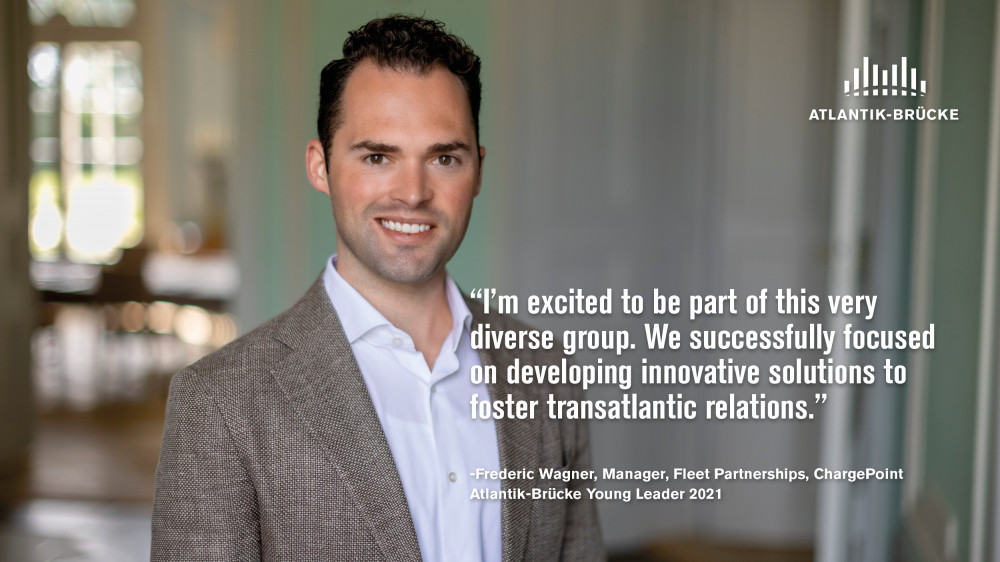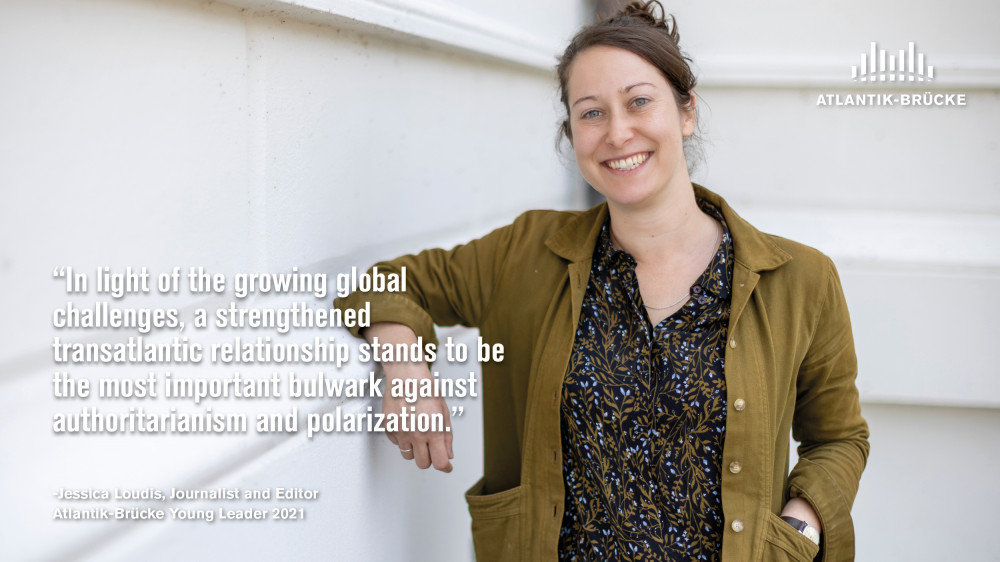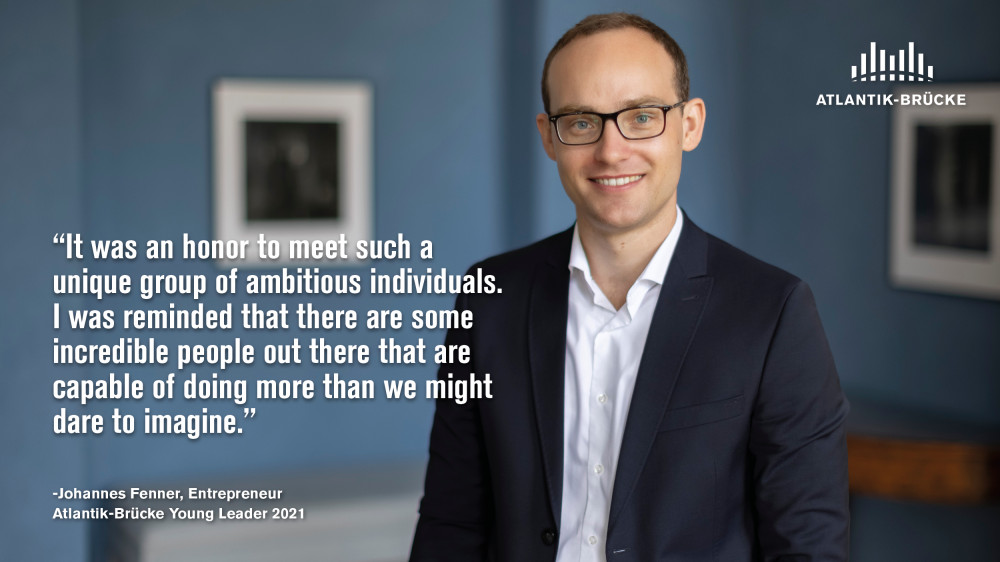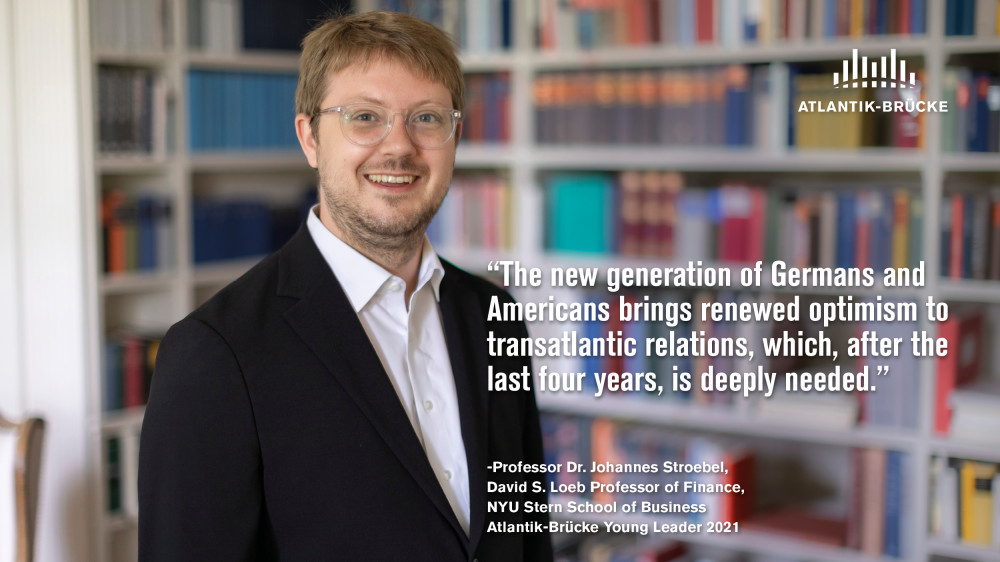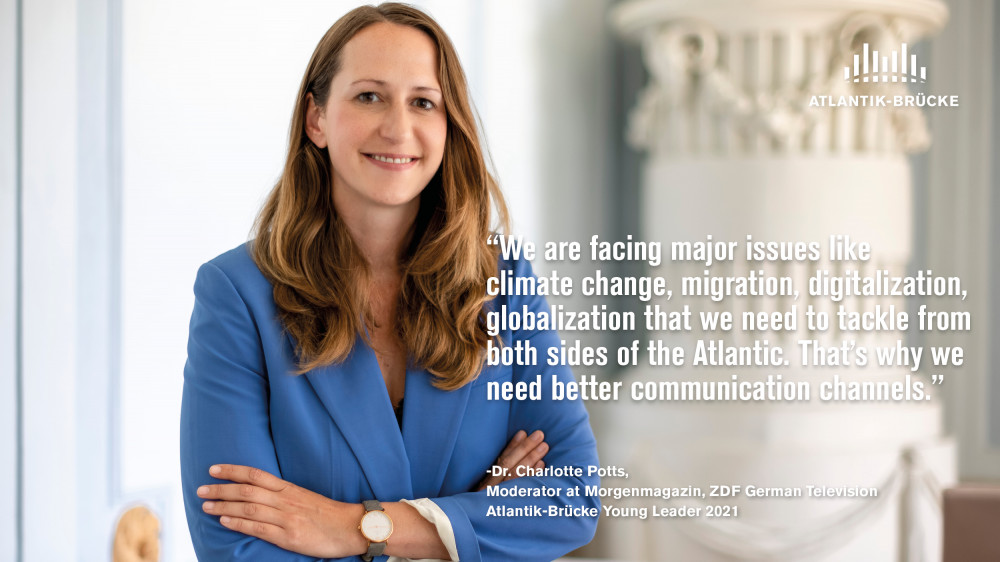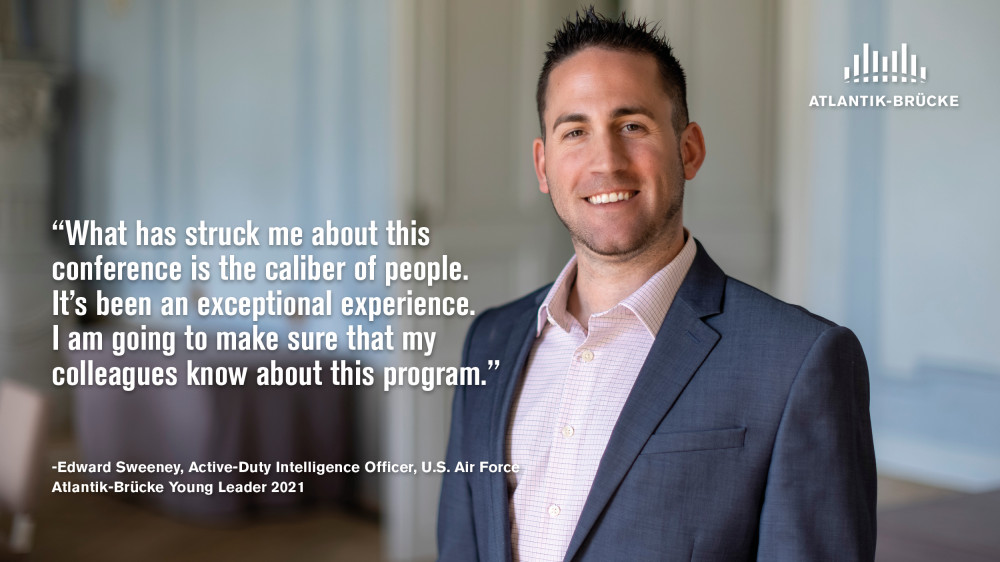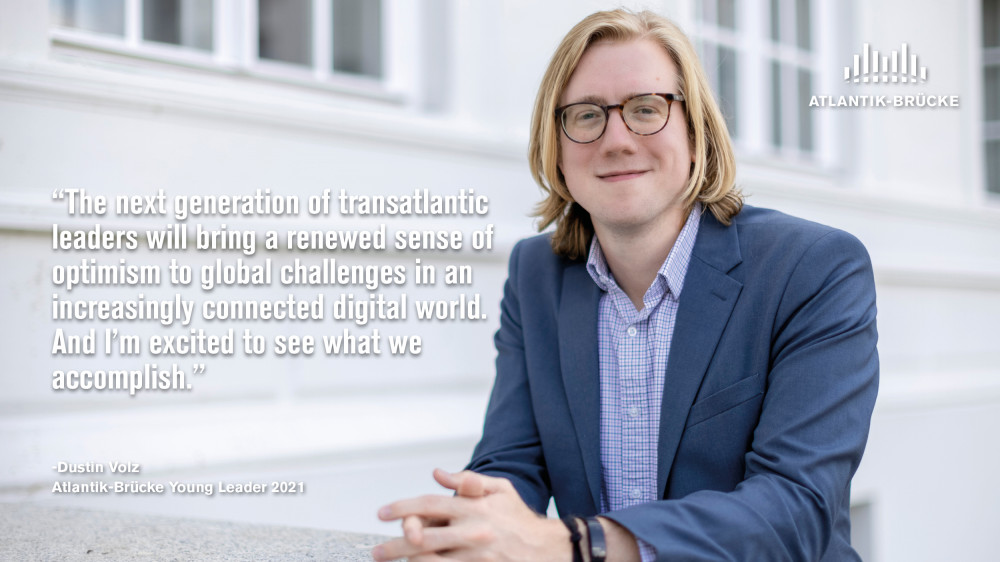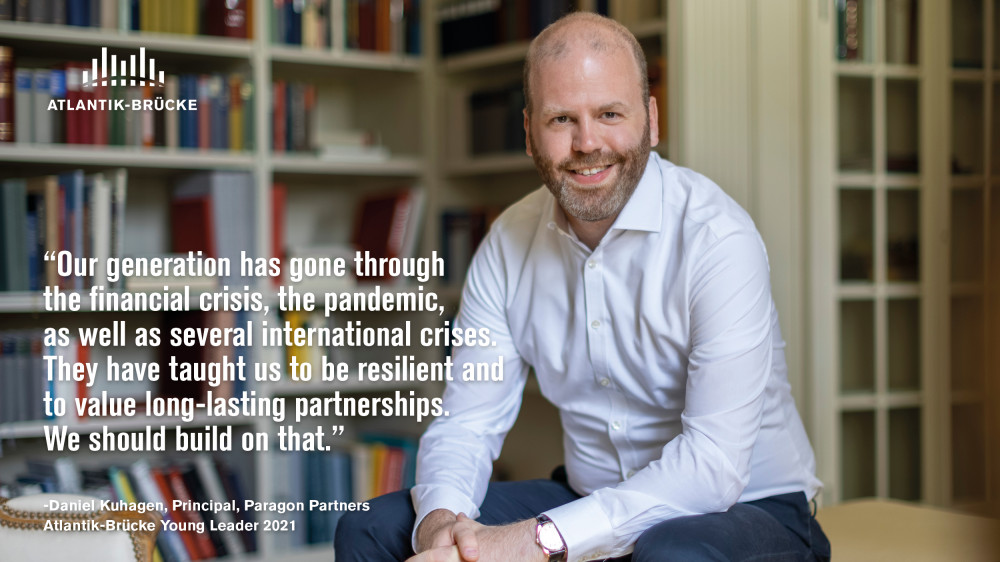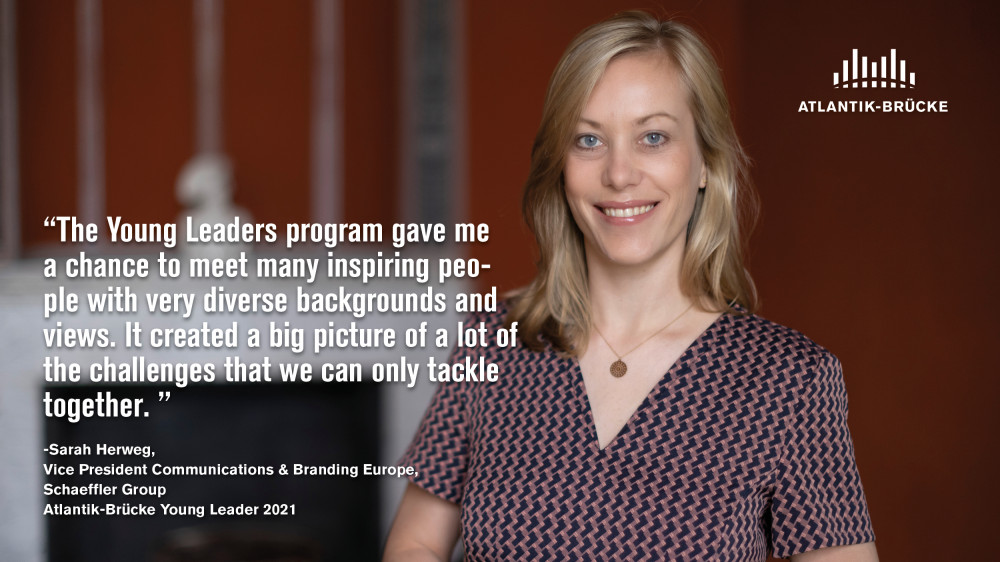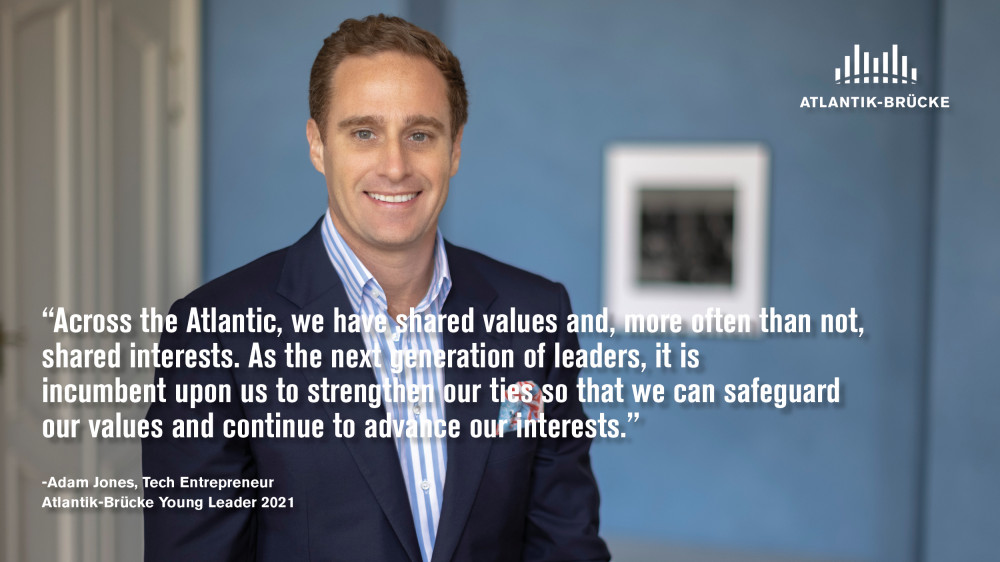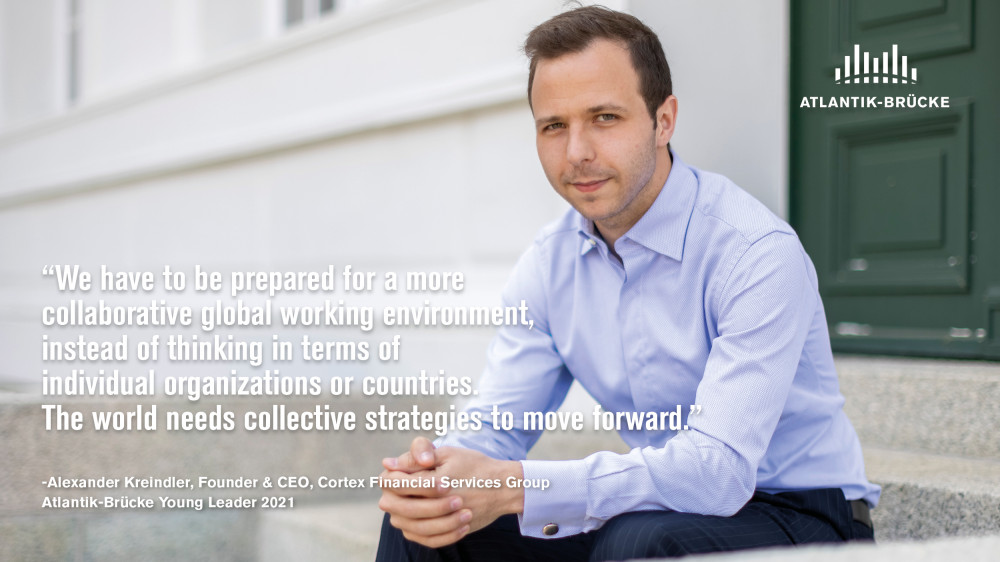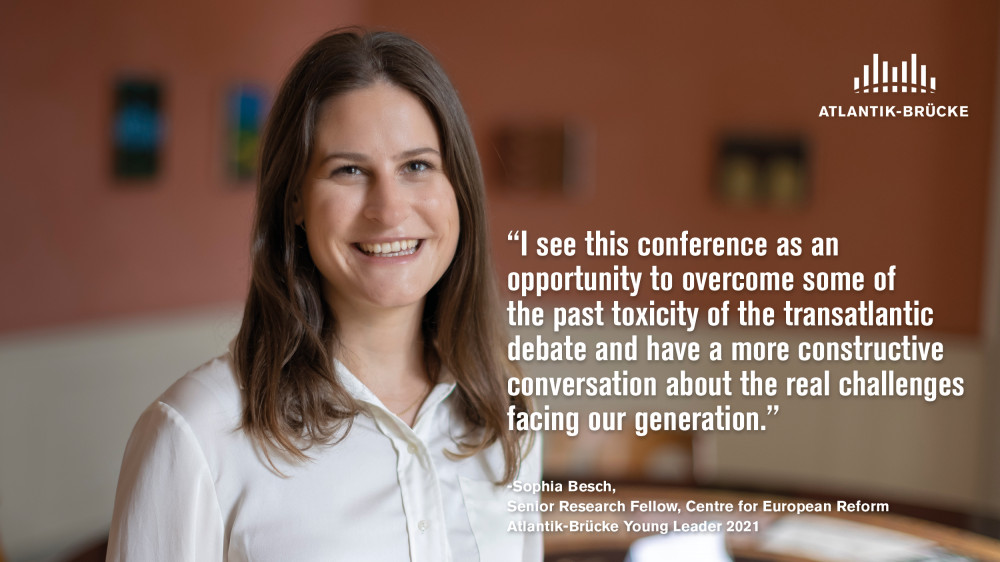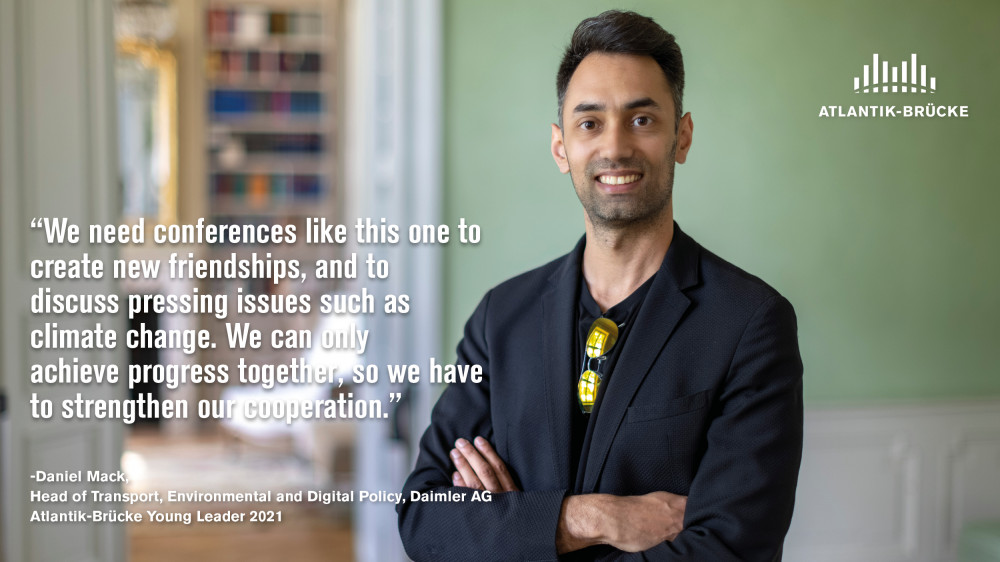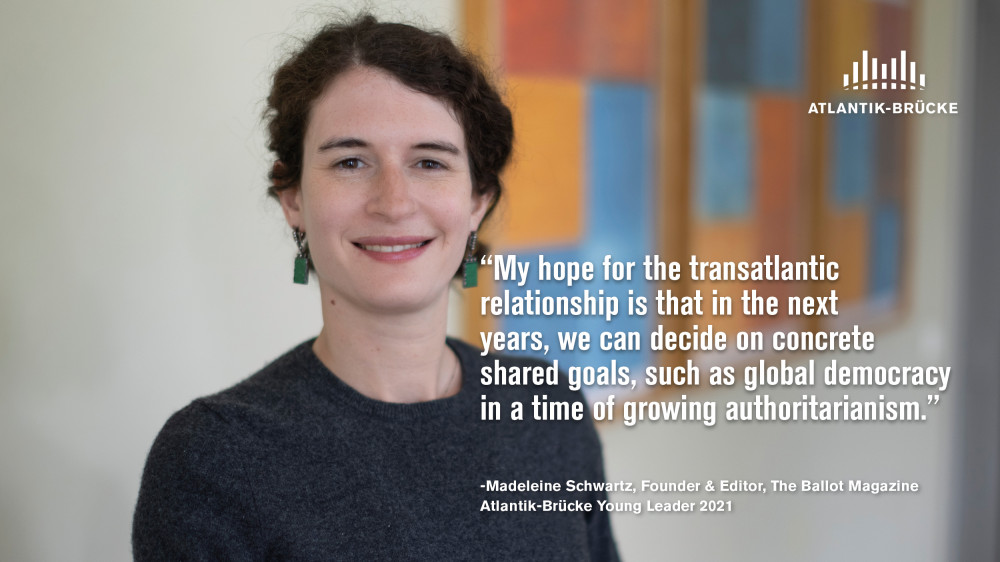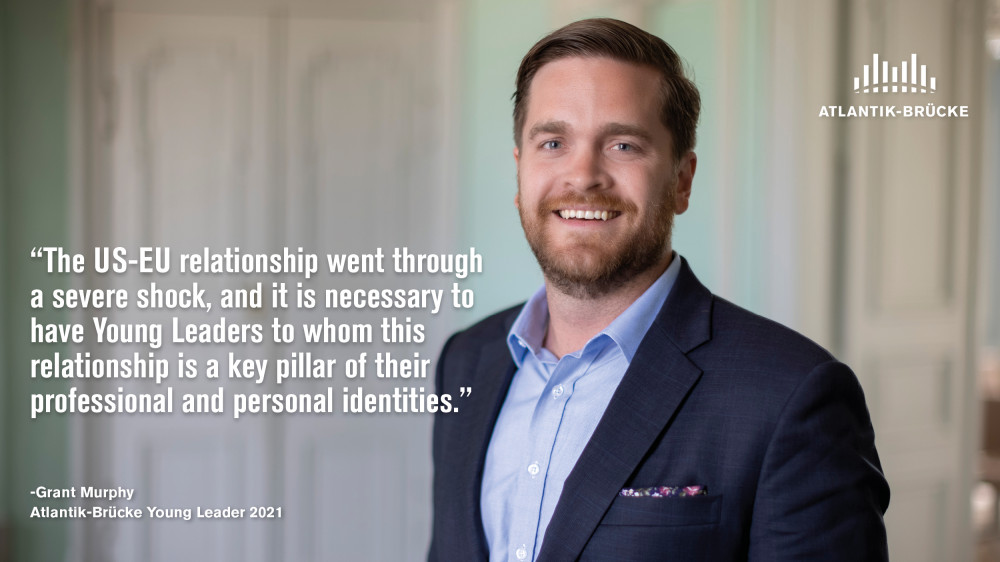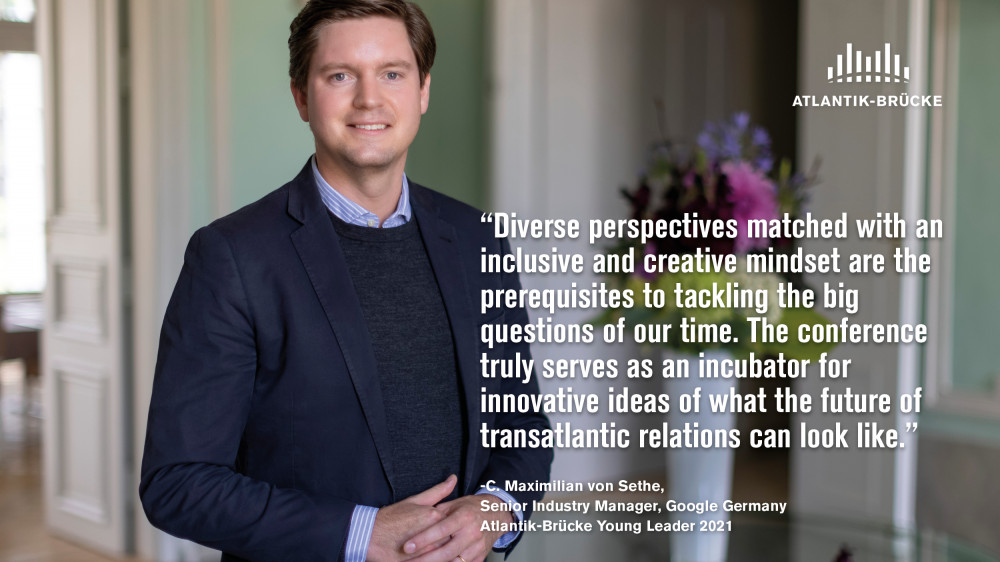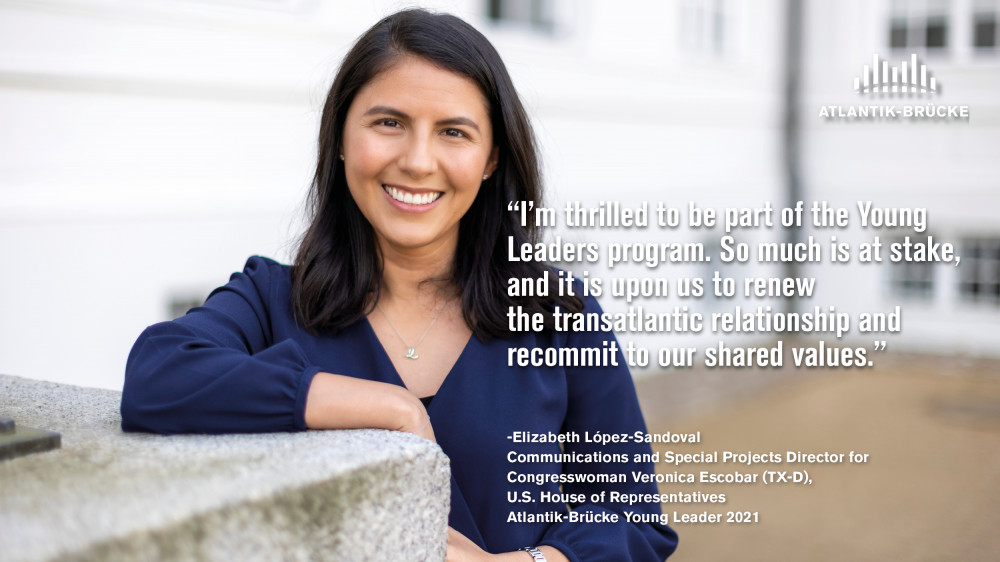German-American Young Leaders Conference 2020-2021
By Daniel Mack and Jessica Loudis
With the pandemic still tearing across the globe, the 2020/2021 Young Leaders conference was in doubt until the very last minute. Yet the center held, and in the first week of August, nearly fifty Young Leaders convened at Schloss Neuhardenberg in Brandenburg to discuss the future of the transatlantic relationship and debate the most pressing issues affecting the U.S. and Germany. For many, it was the first large social gathering in more than eighteen months.
Coronavirus was at the center of conversations with German Federal Minister of Health Jens Spahn and Sigmar Gabriel, Atlantik-Brücke Chairman and former German Vice Chancellor. Rather than frame the pandemic as a Black Swan event, however, we discussed it as a challenge to, and reflection of, a rapidly reorganizing world; a catastrophe that exposed vulnerabilities and profoundly tested political systems. As scientists warn that the next pandemic is not a matter of “if” but “when,” we wondered what this new reality might mean for national and geopolitical dynamics. Will intense periods of instability continue to fuel misinformation and economic precarity, or will governments, banks, and independent institutions finally learn to work together and effectively care for their populations and solidify alliances? Moreover, how will all this be affected by other ongoing global developments, such as digitalization, rising temperatures, and autocratic challenges to democracy?
These are big questions, and over the course of the week we approached them via a series of off-the-record conversations and off-site visits at private residences and companies. The Chargé d’Affairs at the US Embassy in Berlin, Clark Price, graciously welcomed us at his residence; former Bild editor and Atlantik-Brücke board member Kai Diekmann met with us at the headquarters of his new media start-up, Storymachine, to discuss the evolving dynamics between traditional media and social platforms. We spoke with General James Mattis, former US Secretary of Defense, over Zoom about the meaning of leadership and the importance of alliances. Colonel Jill Long, Air Attaché at the US Embassy in Berlin, highlighted the importance of diversity at a dinner at the airport of Neuhardenberg. Michelle Müntefering, State Minister for International Cultural Policy met with us at the Federal Foreign Office. Jan Kallmorgen of Berlin Global Advisors welcomed us to his home, where Dr. Thomas Bagger, Director of Foreign Policy at the office of the Federal President, spoke about foreign and security policy. Professor Dr. Andreas Dombret, Senior Advisor at Oliver Wyman and member of the board of Atlantik-Brücke, spoke about global financial and economic development, particularly with a focus on the aftermath of the pandemic. At the very end of the week we met with Michael Werz, Senior Fellow at the Center for American Progress and also a board member of Atlantik-Brücke, who shared with us his insights on the impact of changing demographics on both sides of the Atlantic.
Finally, all of the Young Leaders were assigned to working groups centered on four themes: the evolving role of China, the impact of political polarization, Covid-19, and climate change. As Young Leaders came from a wide variety of different backgrounds — namely government, finance, journalism, lobbying, and the thinktank world — end-of-week presentations drew on these fields, and mixed concrete practical solutions with incisive top-level analysis. Characterizing China as both a rival and partner, for instance, the China working group devised a strategy for “competition, collaboration, and confrontation.” This approach asked the EU and the US to reimagine their strategies around international development aid to better compete with China in terms of soft and economic power. Inspired in part by Germany’s former policy regarding mandatory military service, the polarization group proposed the creation of a national civil service for Americans, which they believed would productively force citizens from different socioeconomic backgrounds to learn to live and work together. The Covid-19 group promoted developing a transnational pharmaceutical tracking system so that, when the next pandemic comes, vaccines and supply chains will be more transparent and effective.
Climate change was not only the primary topic for the final working group – which proposed implementing a stronger international system of carbon reduction targets – it was arguably the overarching theme of the conference. With wildfires ravaging Turkey, Greece, and California, and Germany still reeling from the devastating effects of recent flooding, global warming did not feel like an abstraction so much as an immediate existential threat. The urgency of this problem was echoed by many of the speakers, from thinkers as diverse as the CEO of a Swiss insurance company, Andrea Stürmer, to a young, riveting, representative of Fridays for Future, Helena Marschall. In demanding a solution based on political cooperation (something that has proven nearly impossible during the Covid-19 pandemic) climate change makes clear that the real challenge is human. As was affirmed by presenters and experts over the course of the week, we have the technology to stop the world from warming. The question is whether we can find enough common ground to use it. In this, strong leadership is more important than ever.
The Young Leaders also met Graf von Hardenberg, who presented the history of his family’s former estate and described its role as the site of resistance meetings during Hitler’s rule. The castle was expropriated after the assassination of resistance hero Claus Graf von Stauffenberg, transformed into a school in the GDR era, and later turned into a conference center and monument to anti-Nazism — a history of twentieth-century Germany, and its return from the brink of total calamity, in miniature.
There are many reasons to be disheartened by the state of the world in 2021, but as we were reminded at Neuhardenberg, there are also reasons to be hopeful. After nearly two years of fear and isolation, the conference reminded us how important it is to meet face-to-face, and reaffirmed that direct exchange is the best basis for trust and collaboration. As Young Leaders 2020/2021 — perhaps the longest cohort in the history of Atlantik-Brücke — we believe that social-ecological transformation is critical for our generation and future ones.


